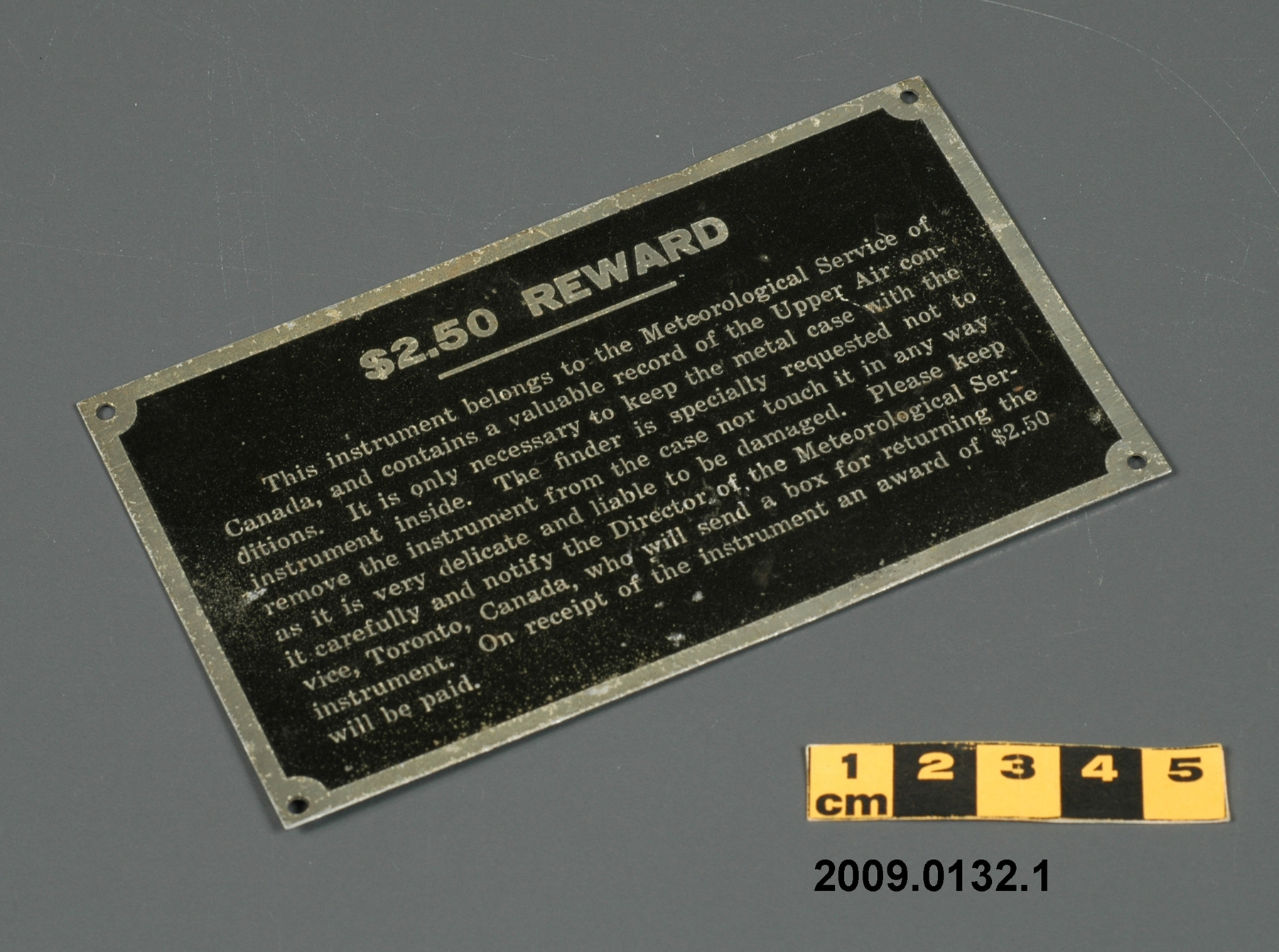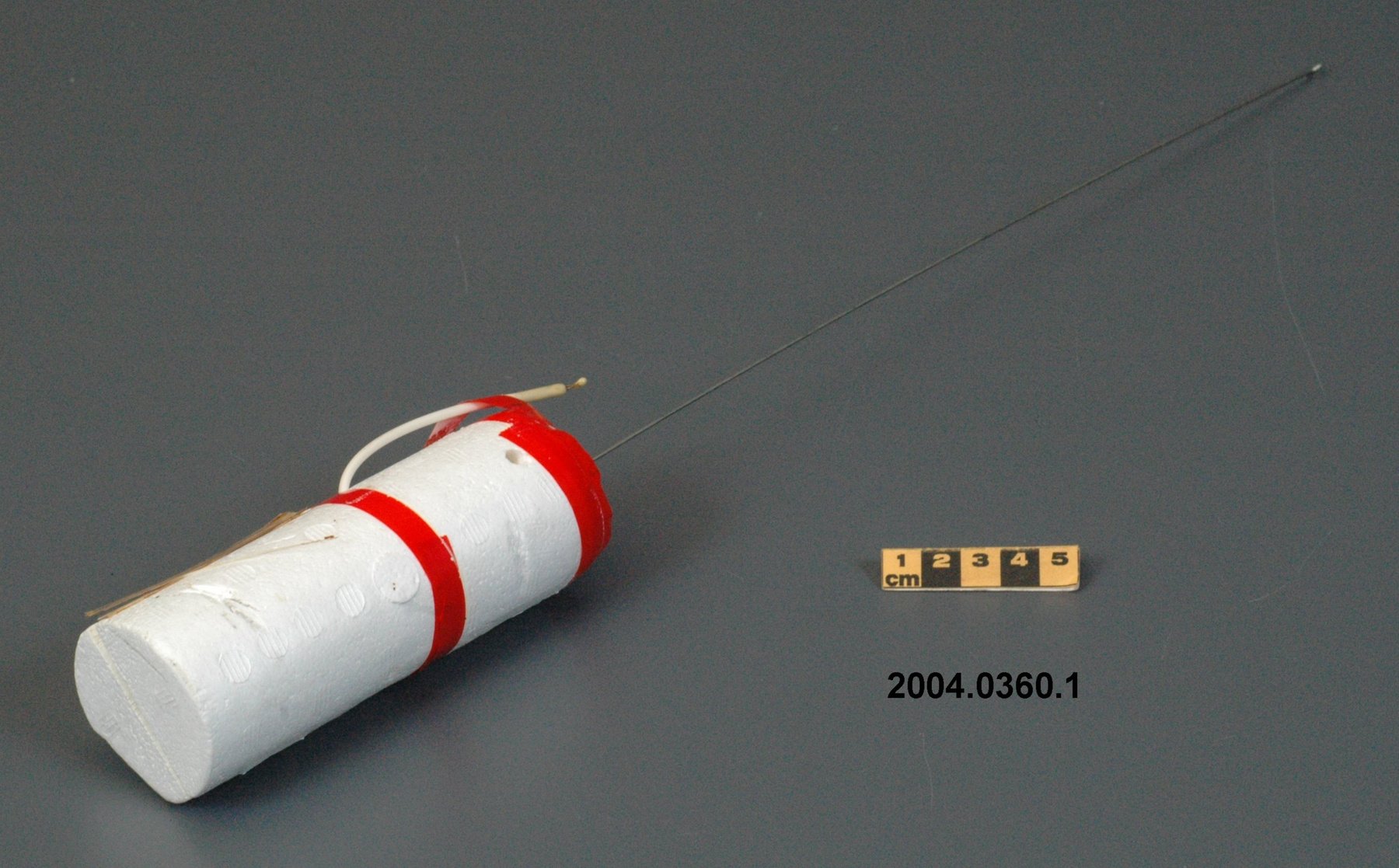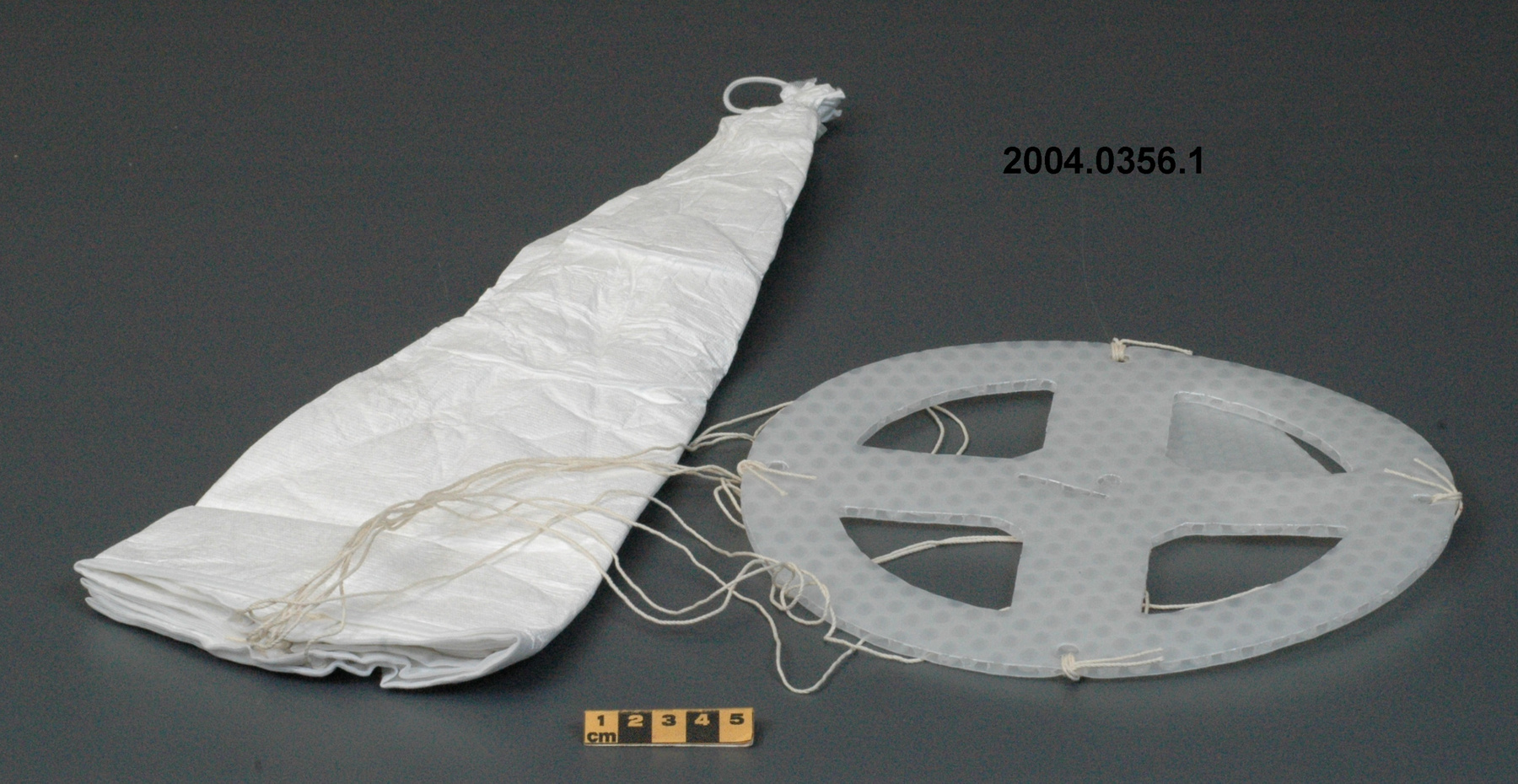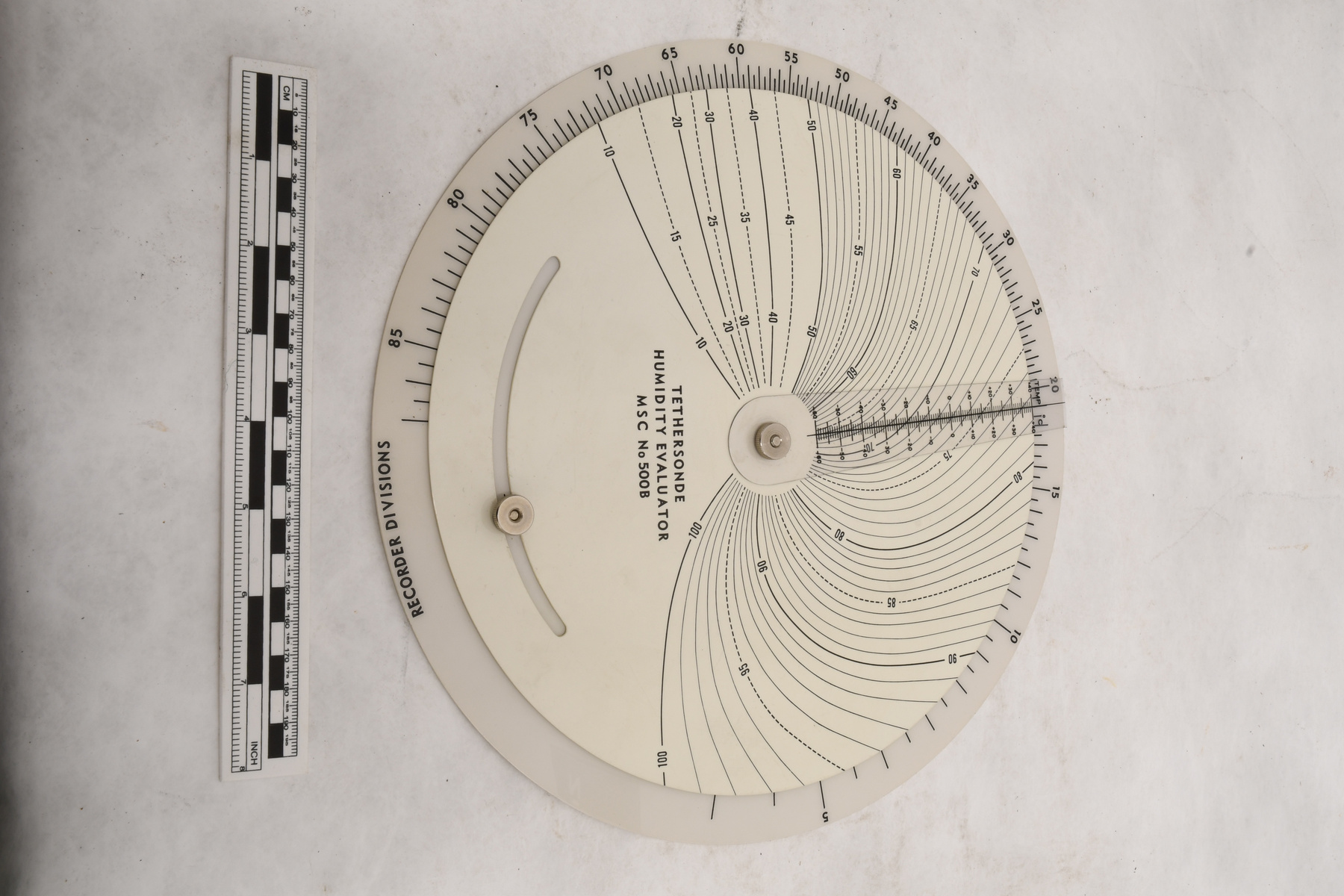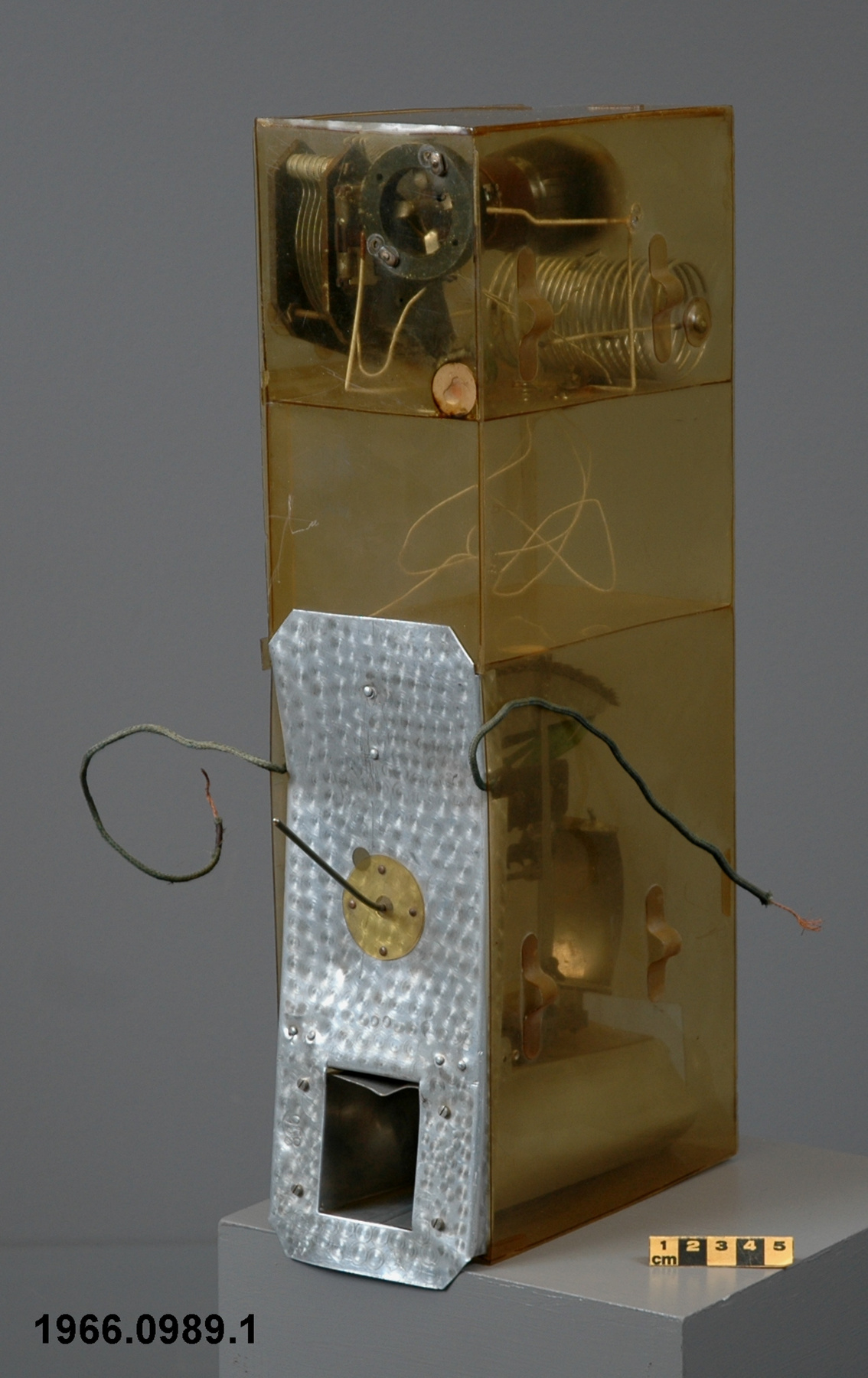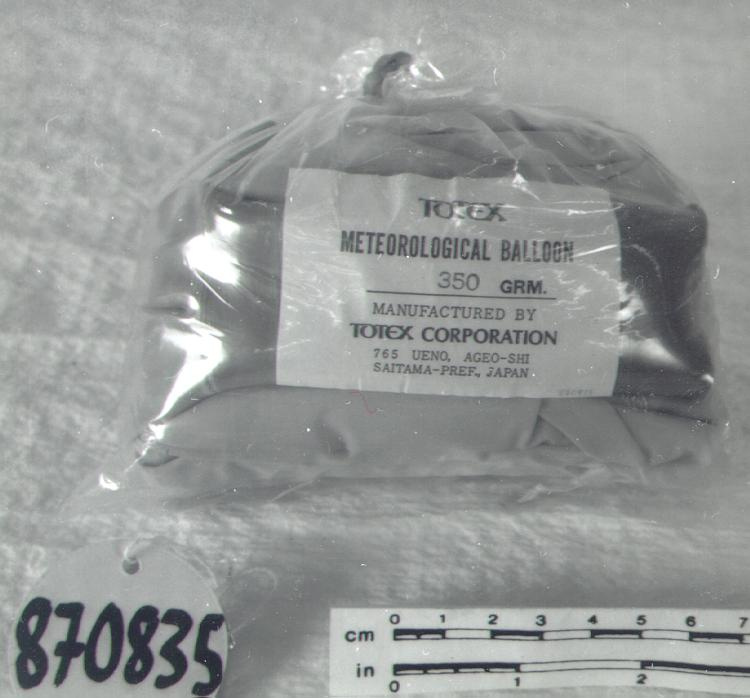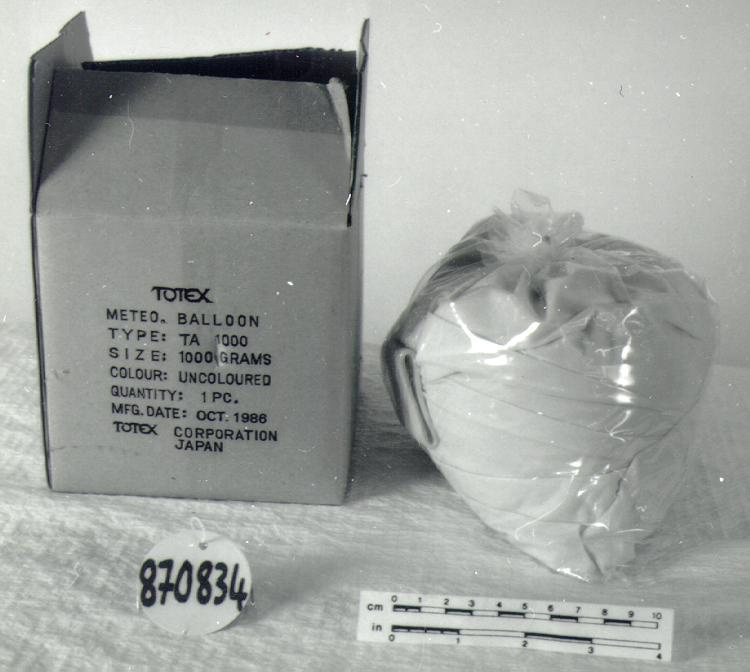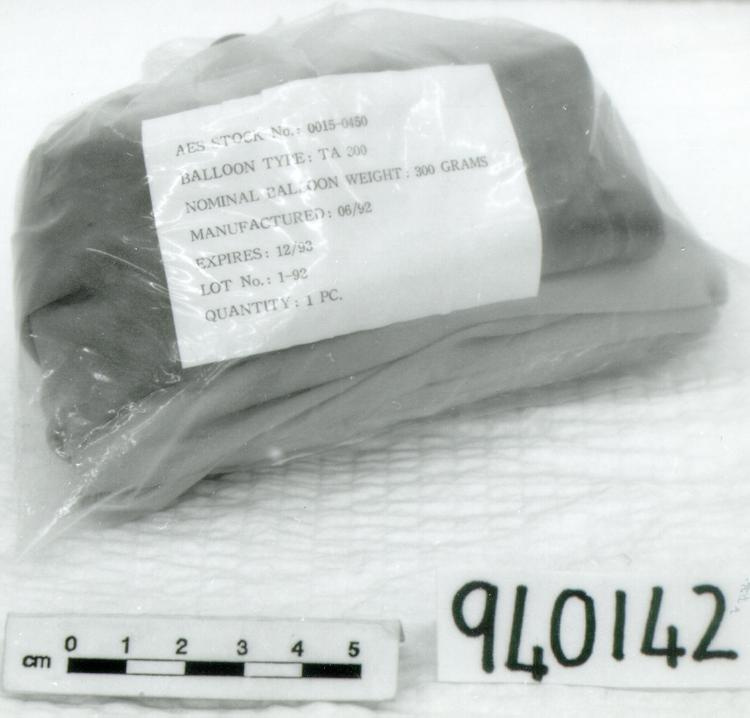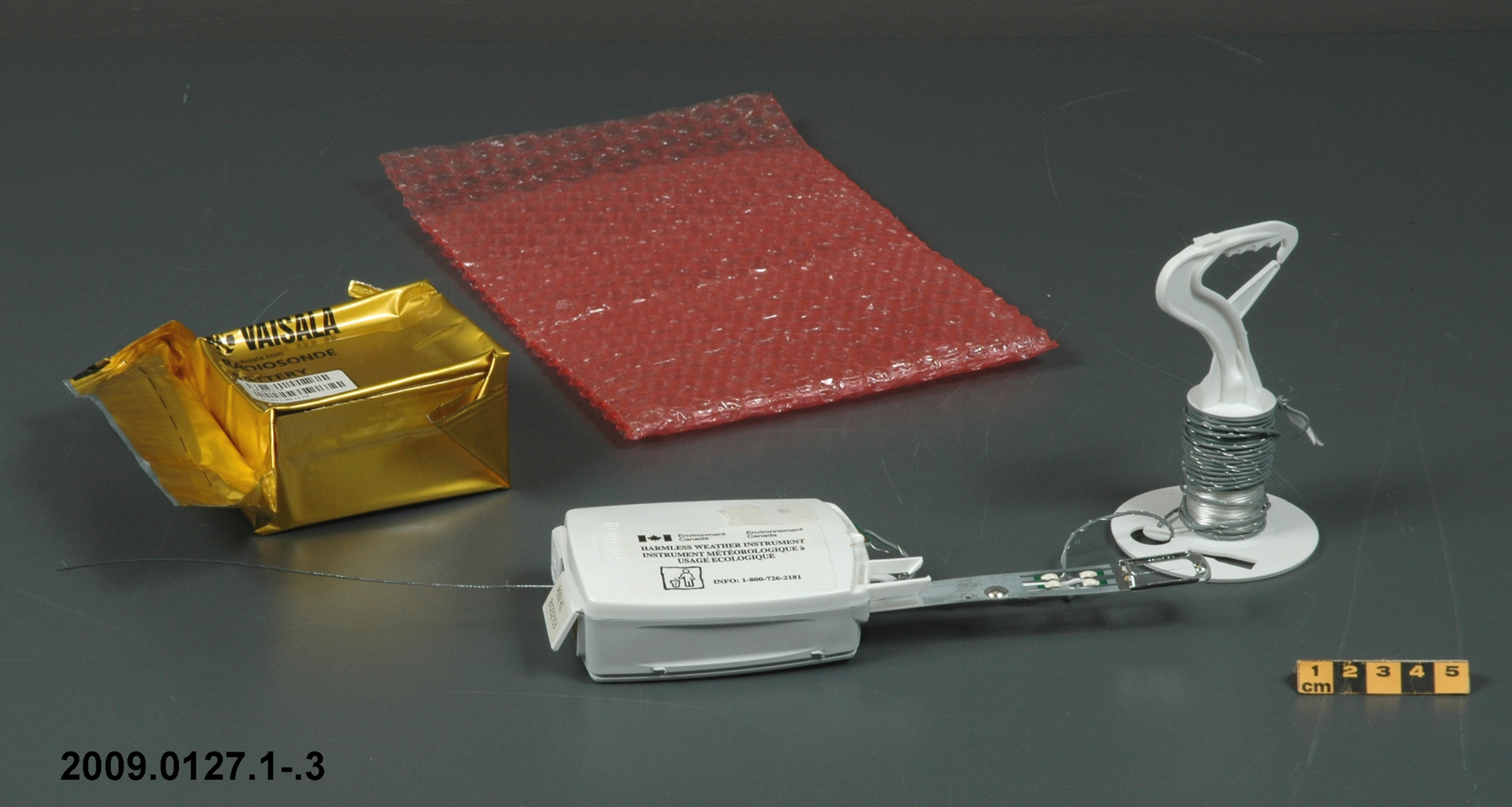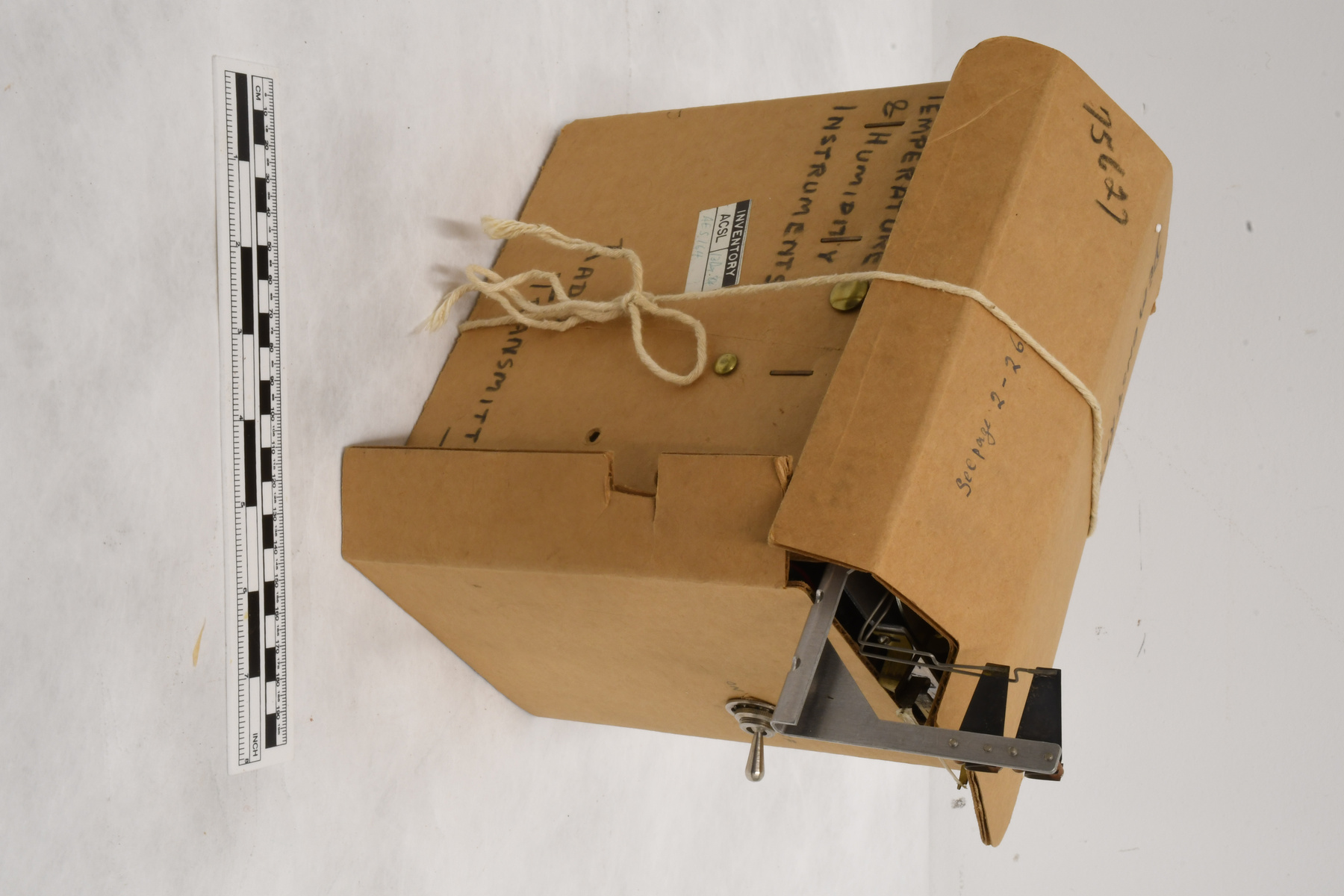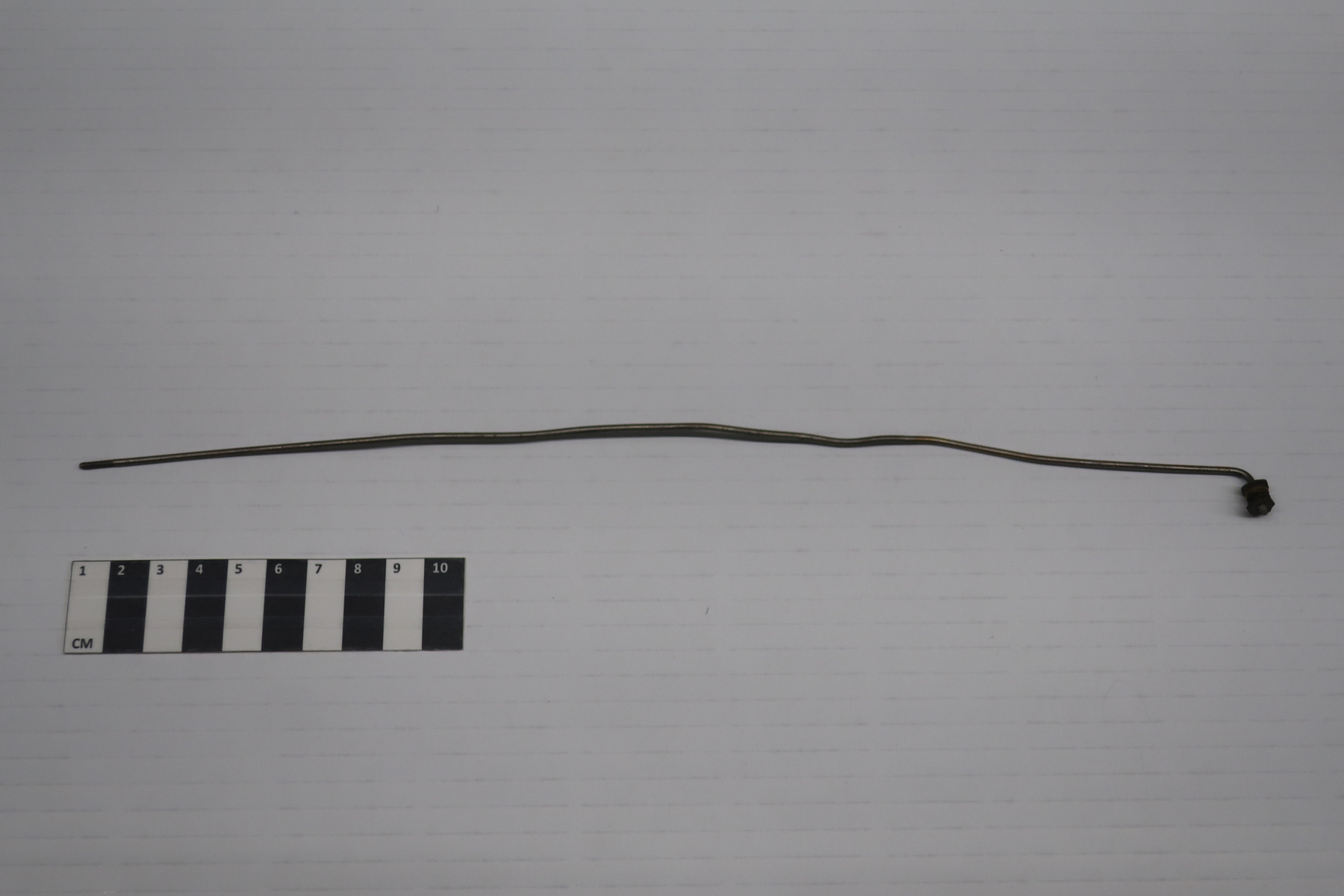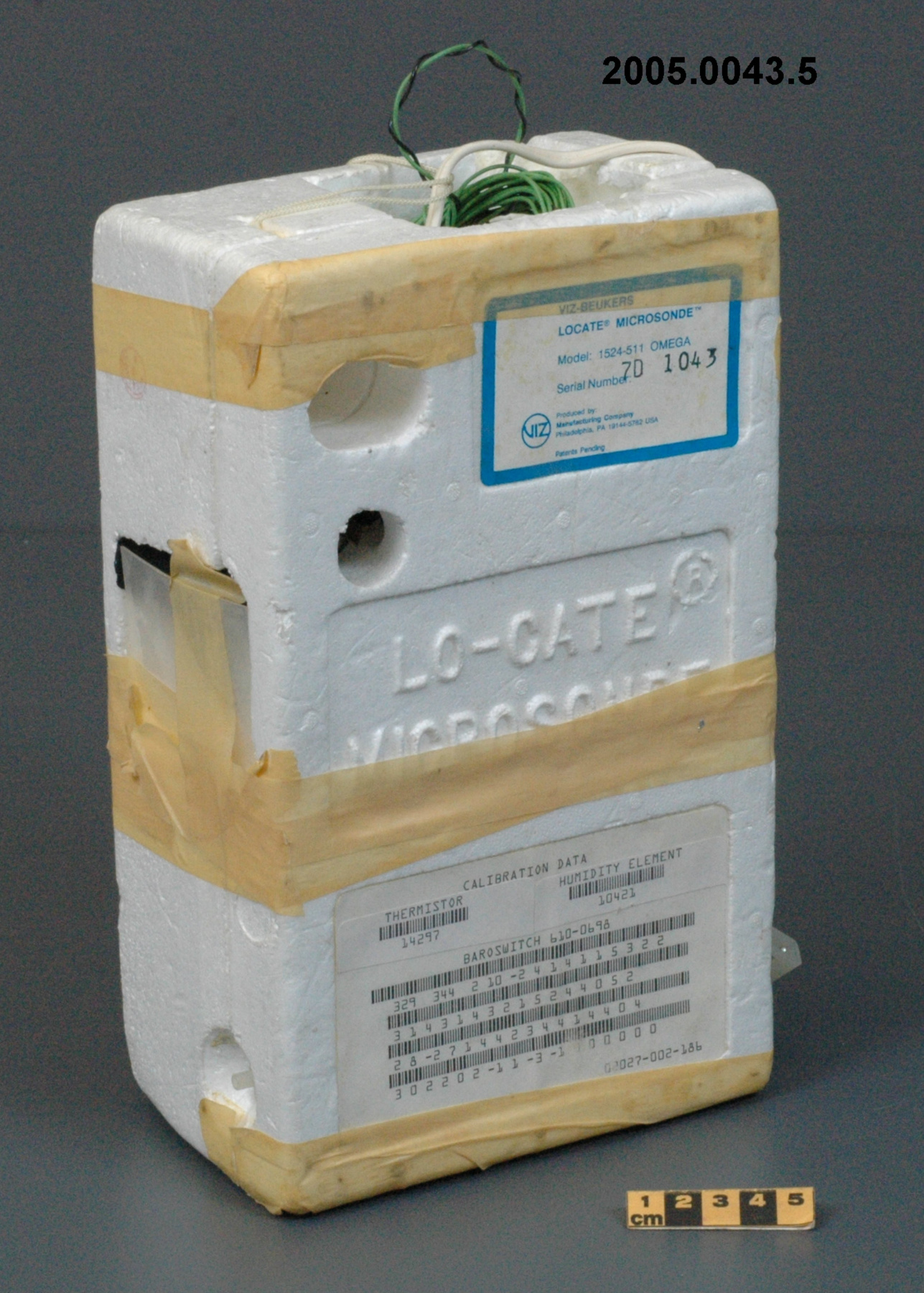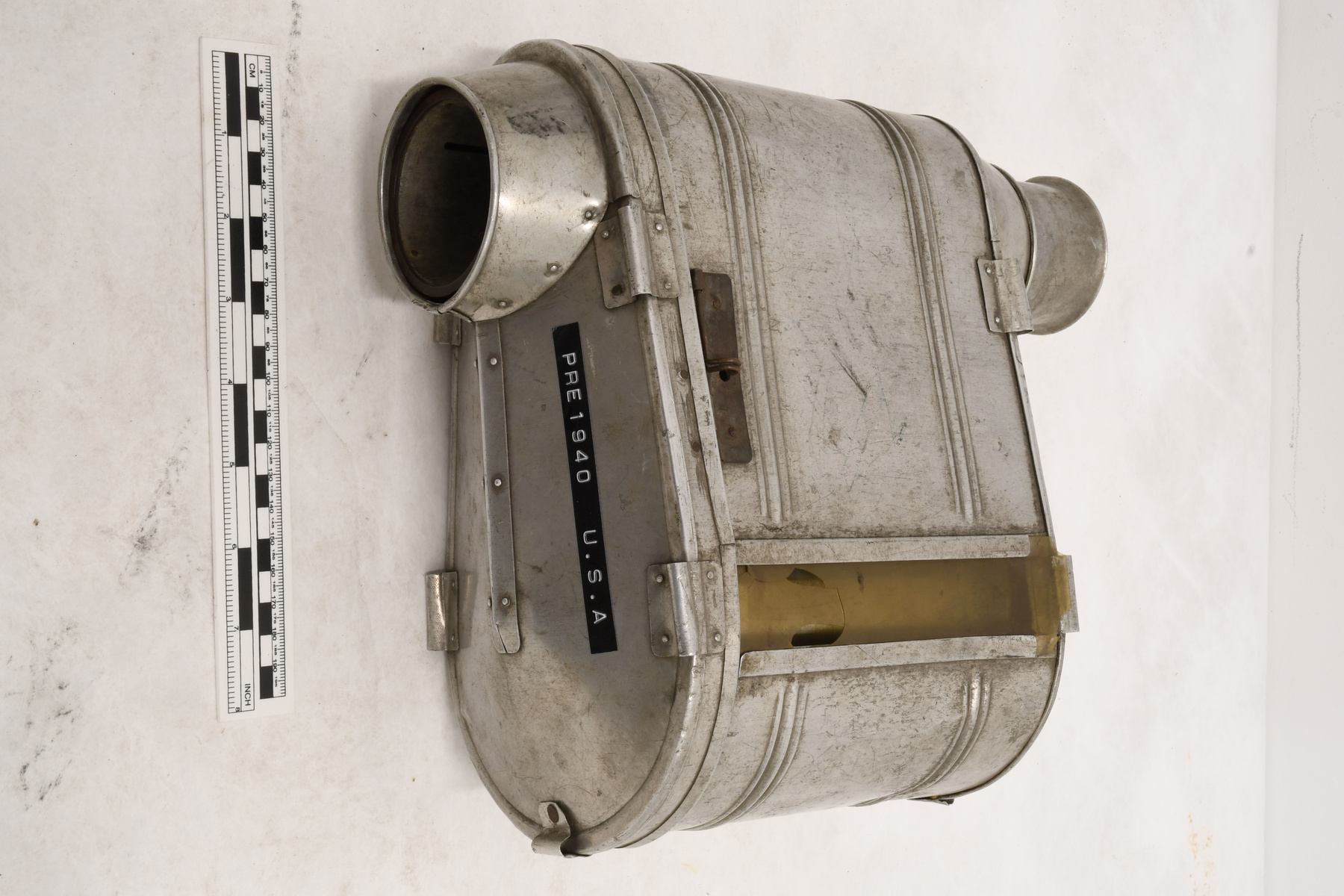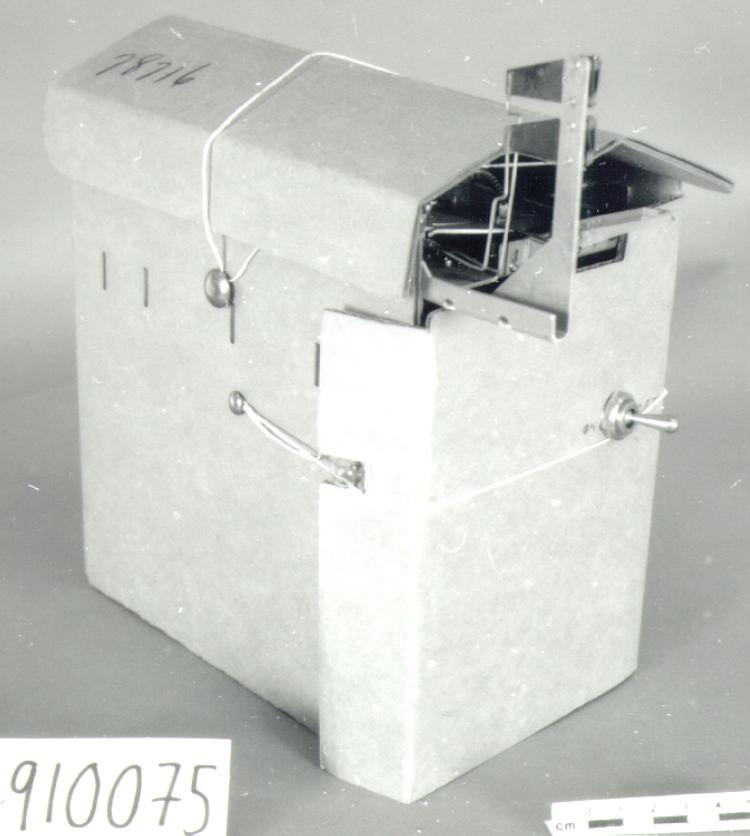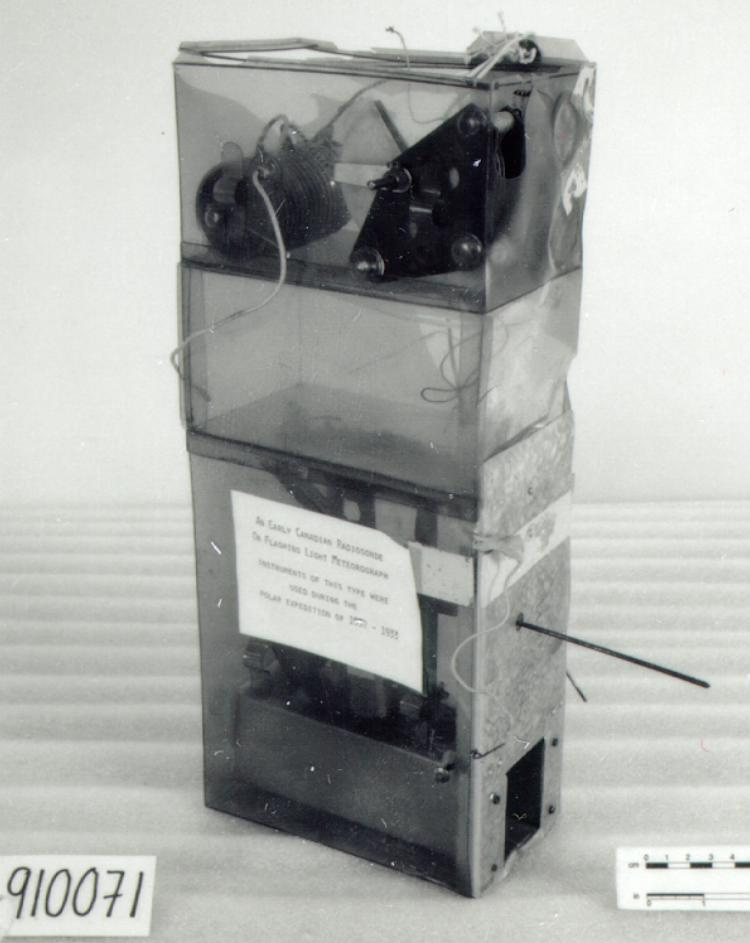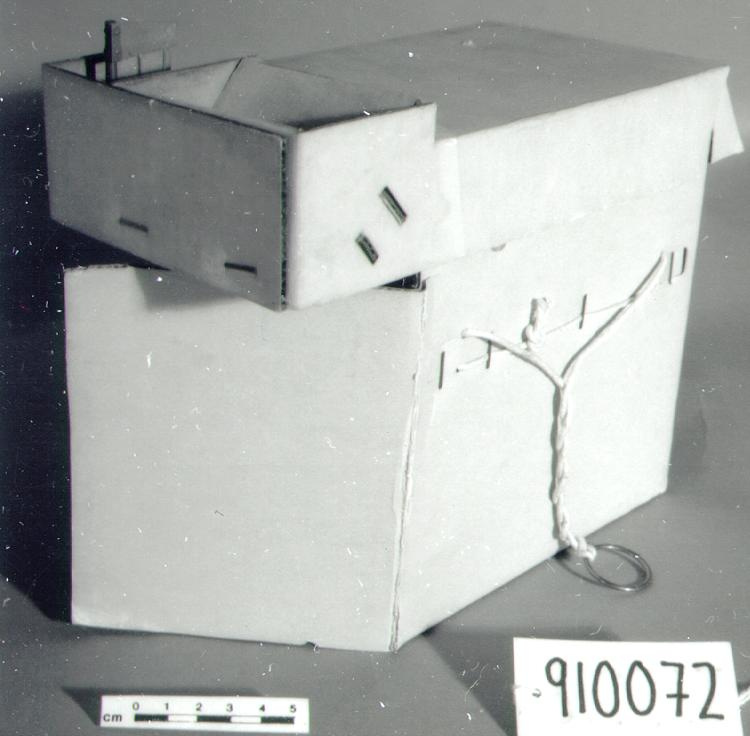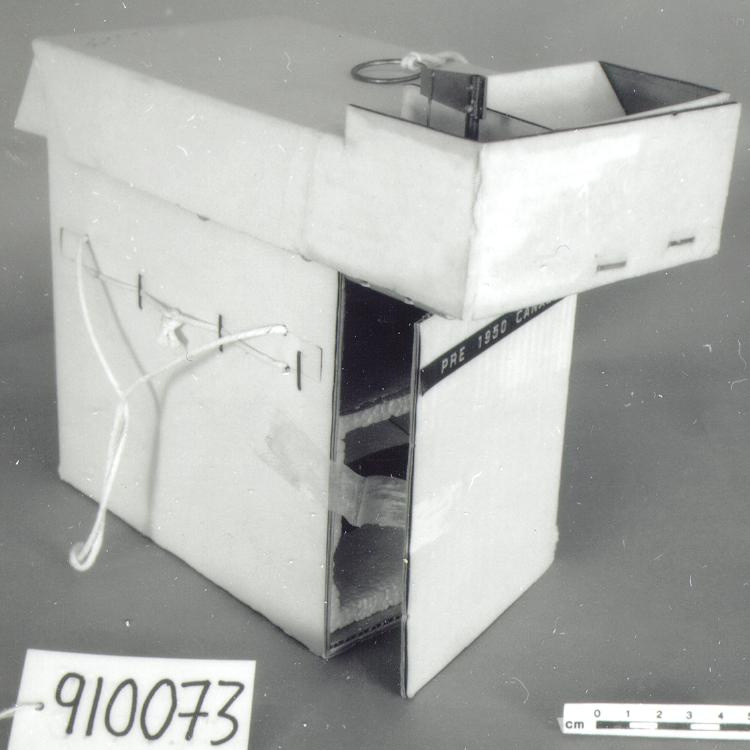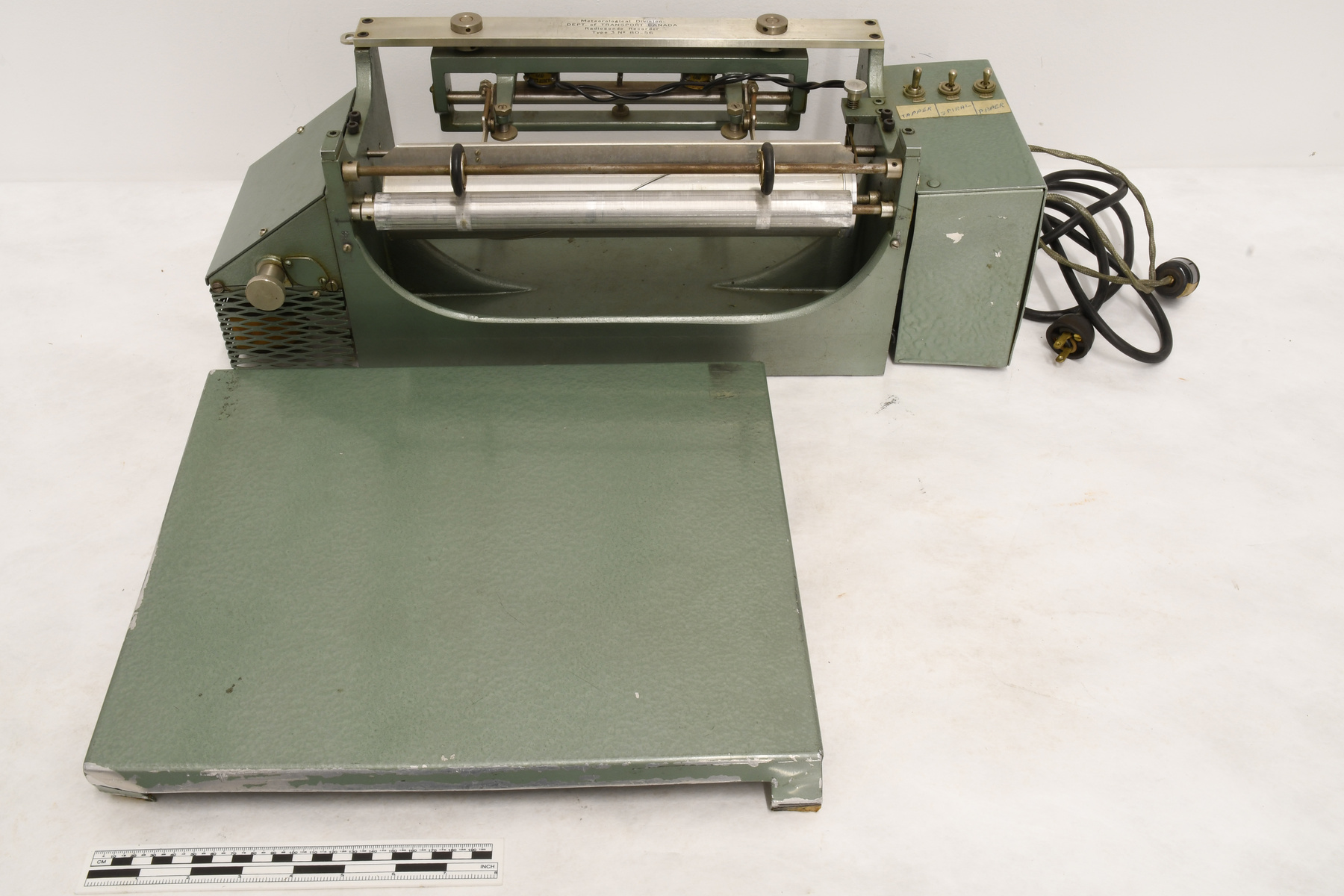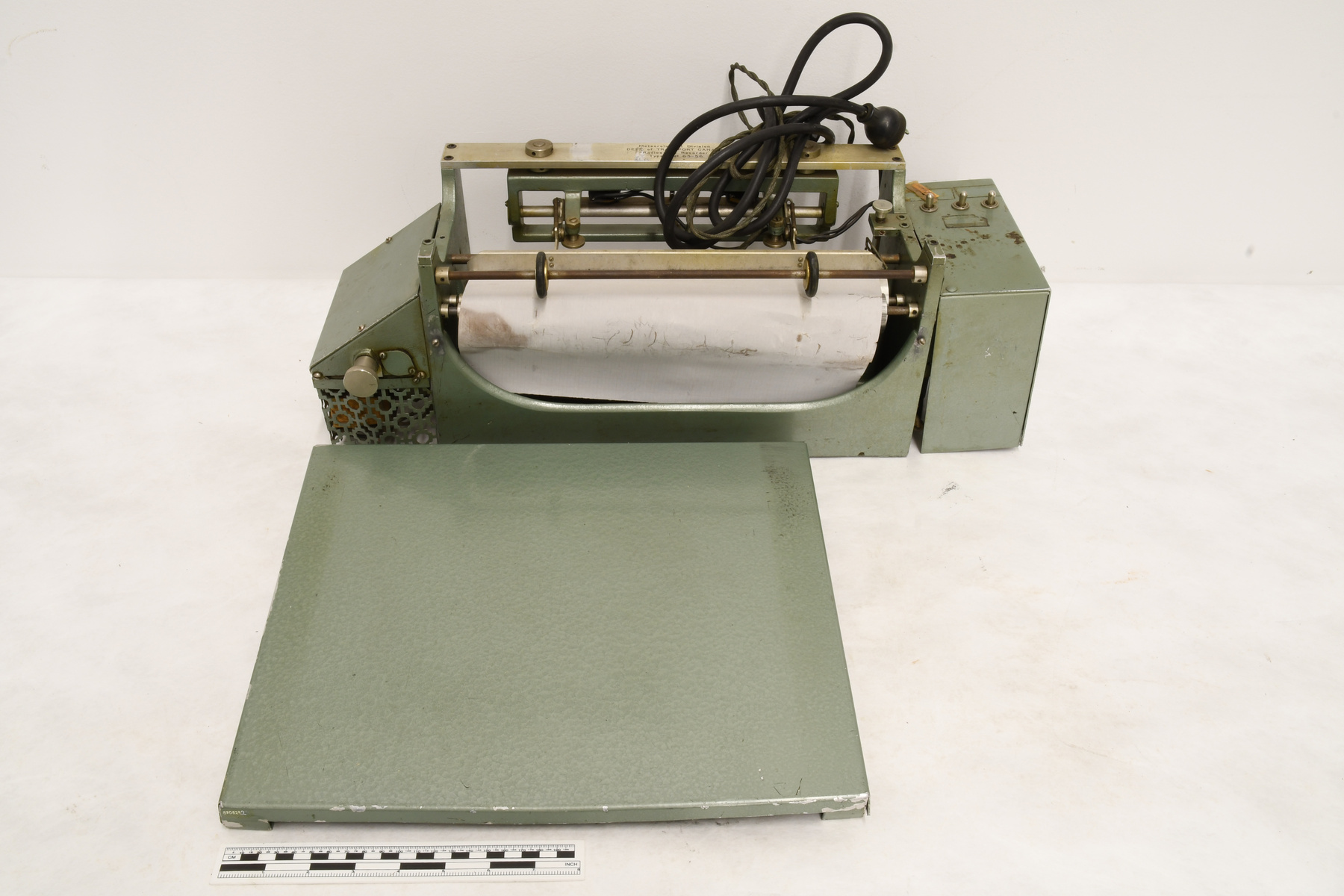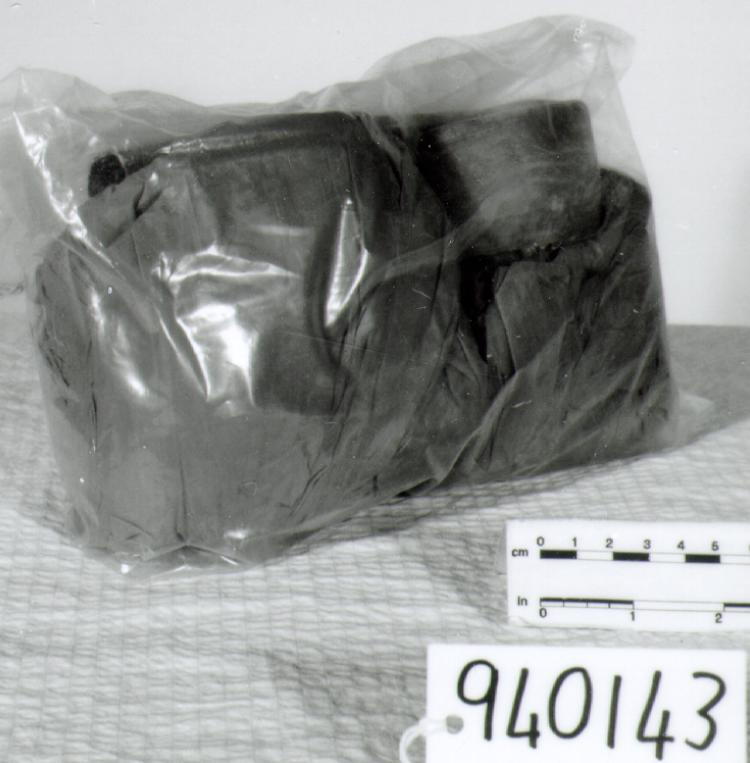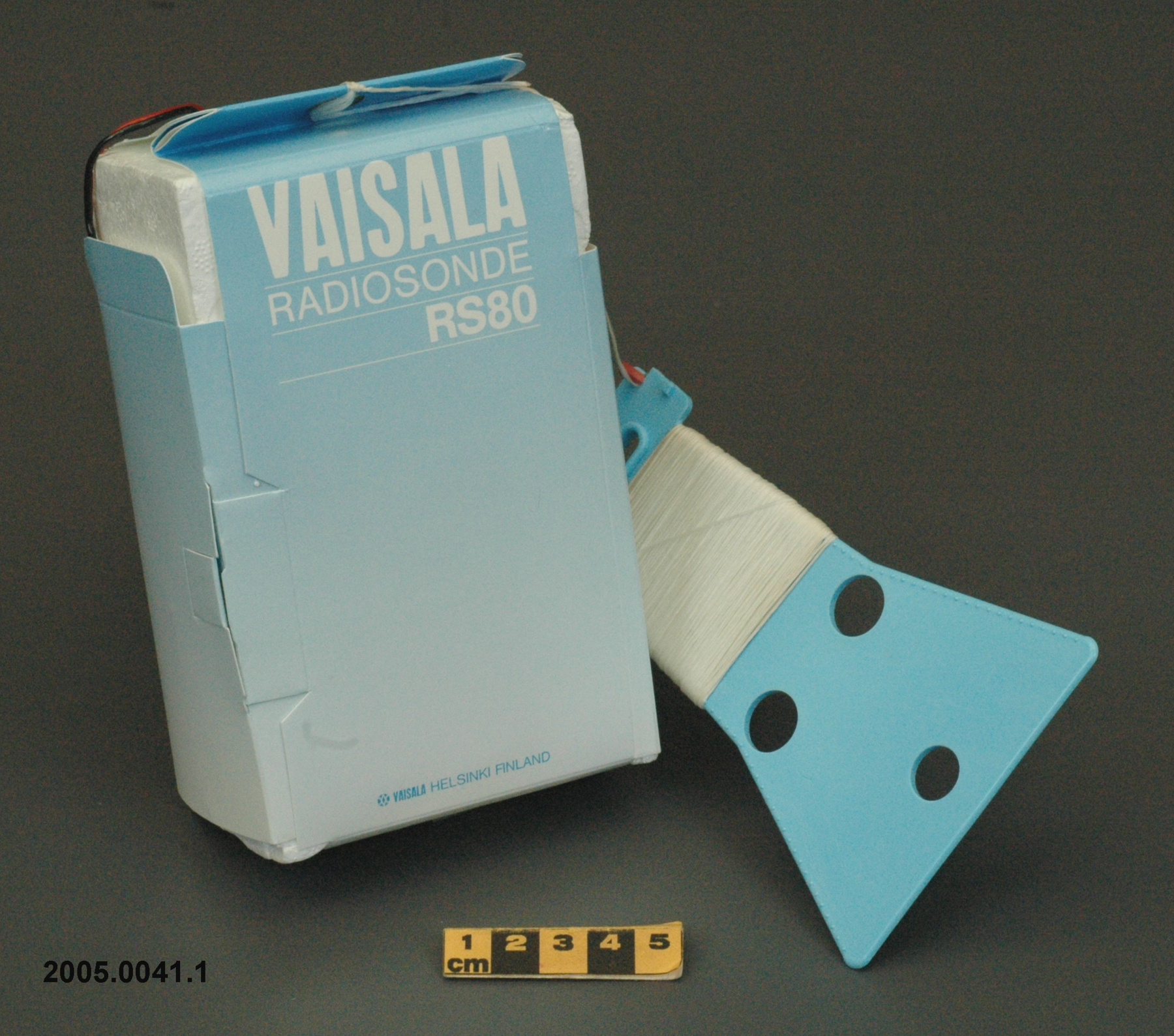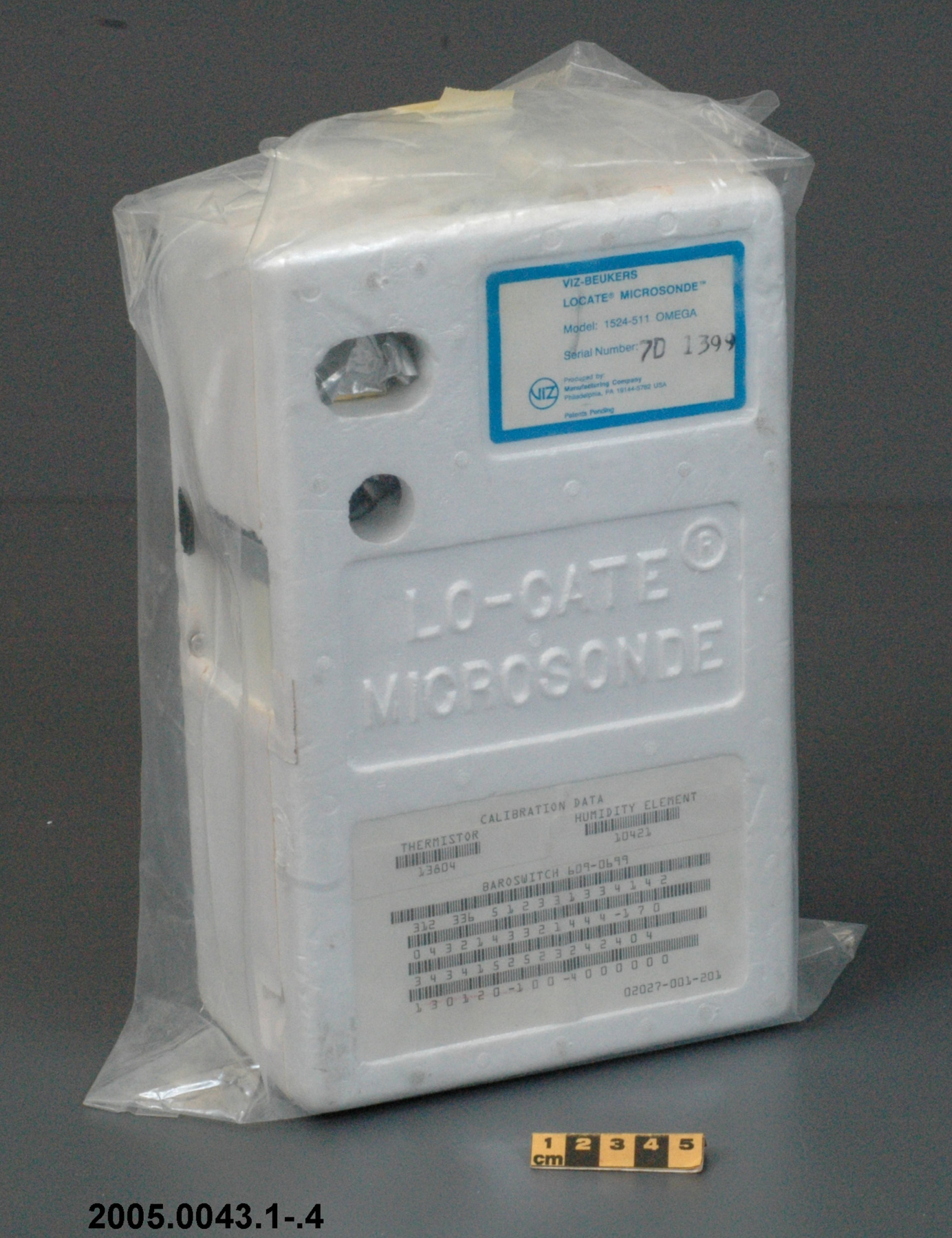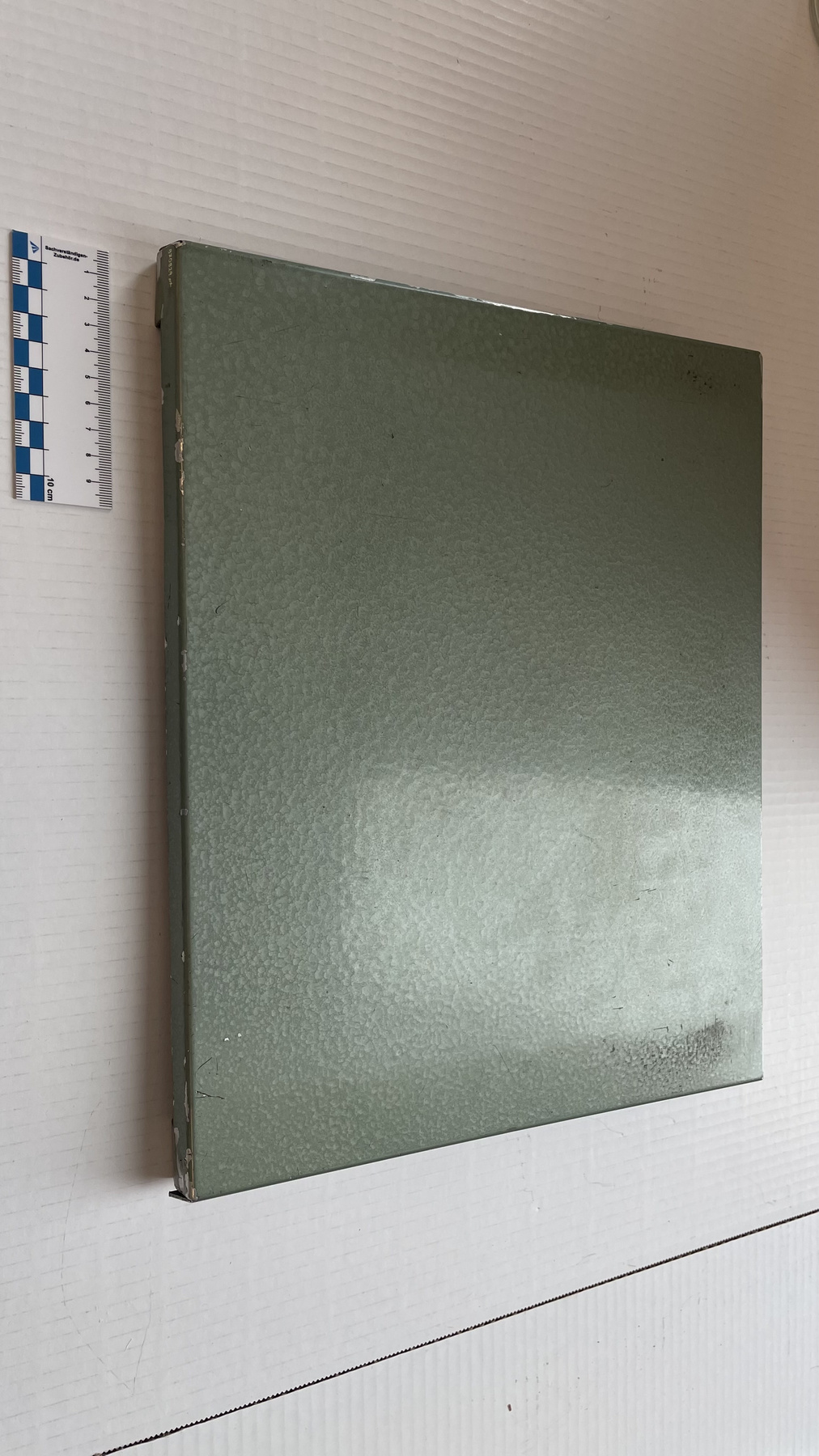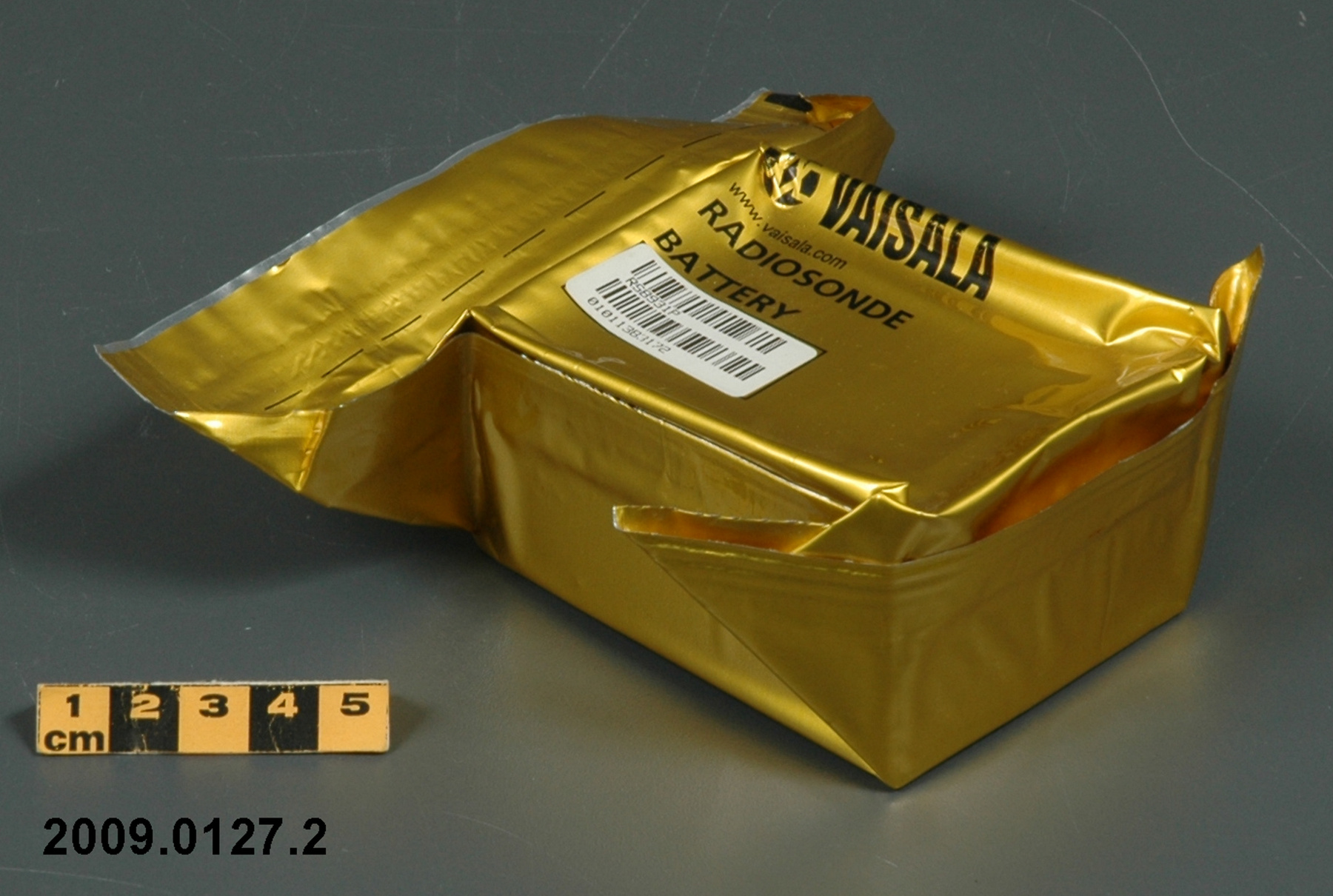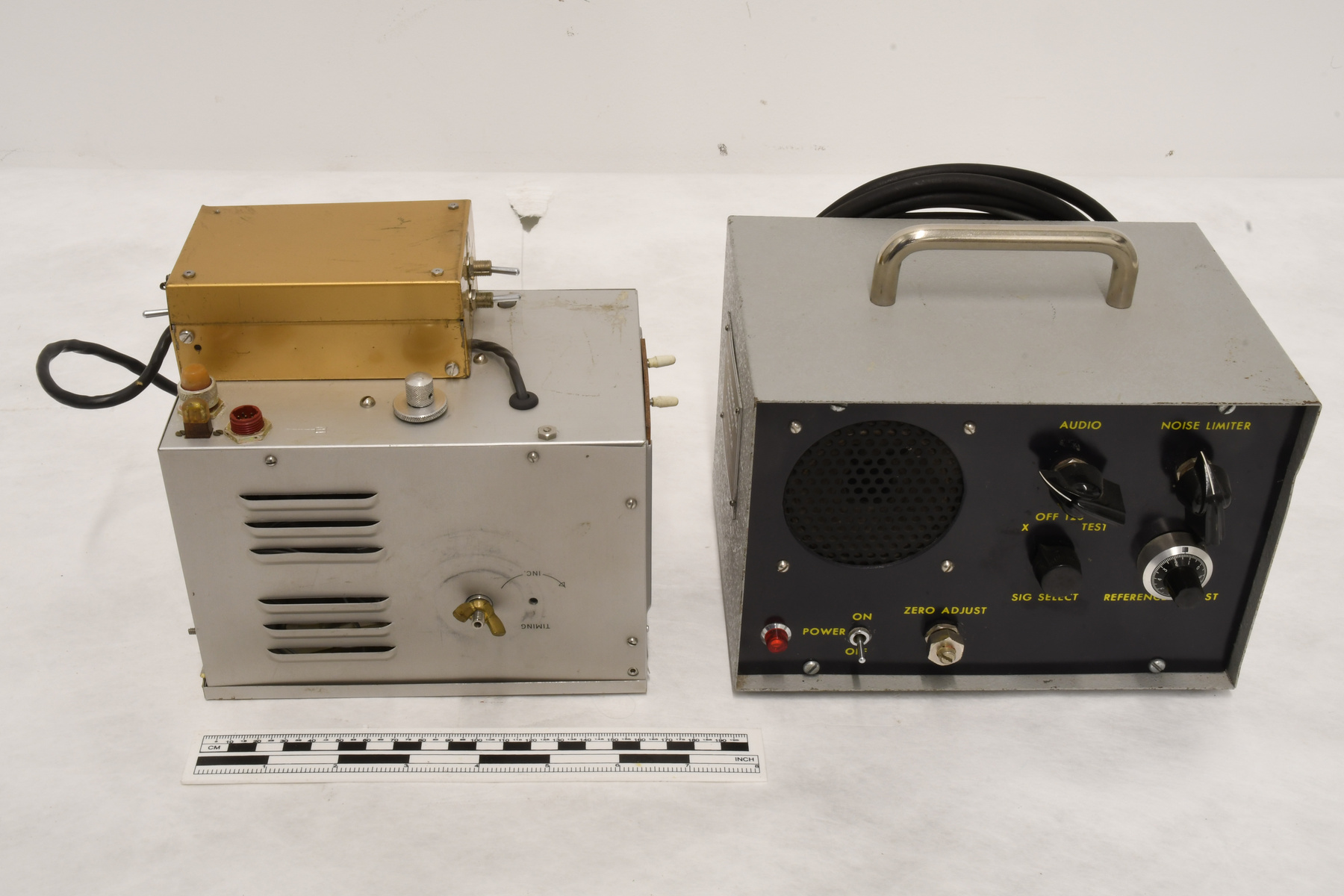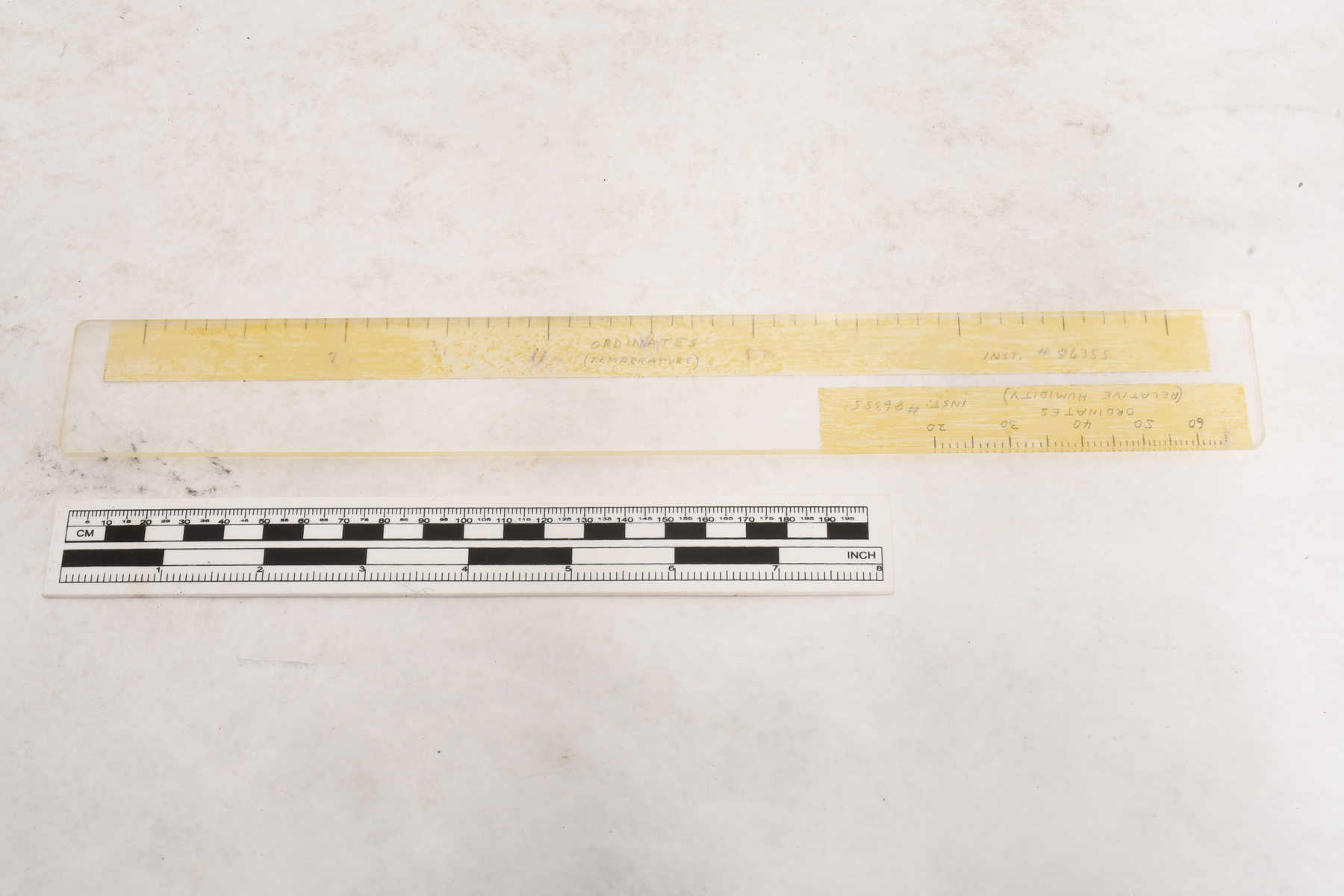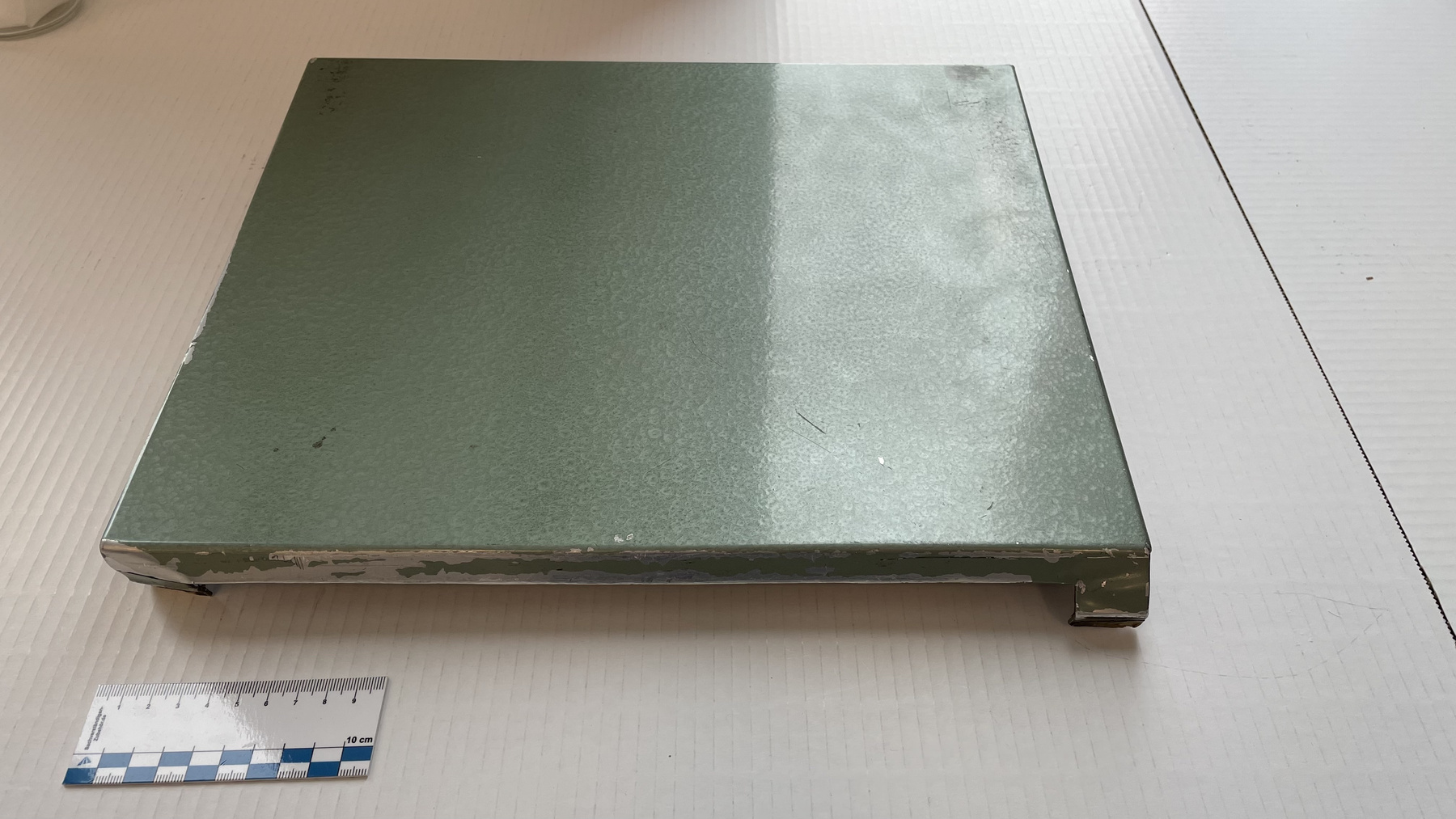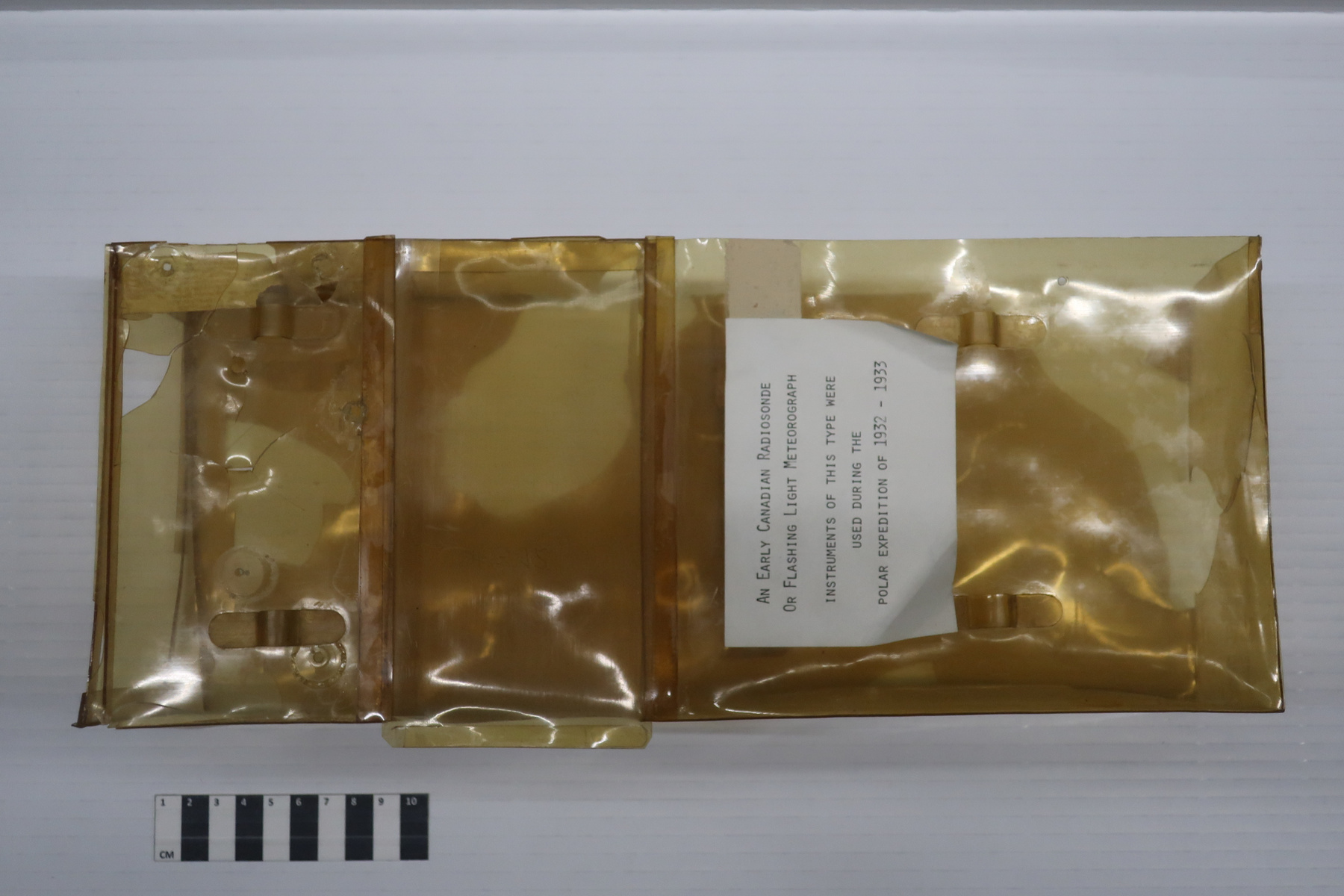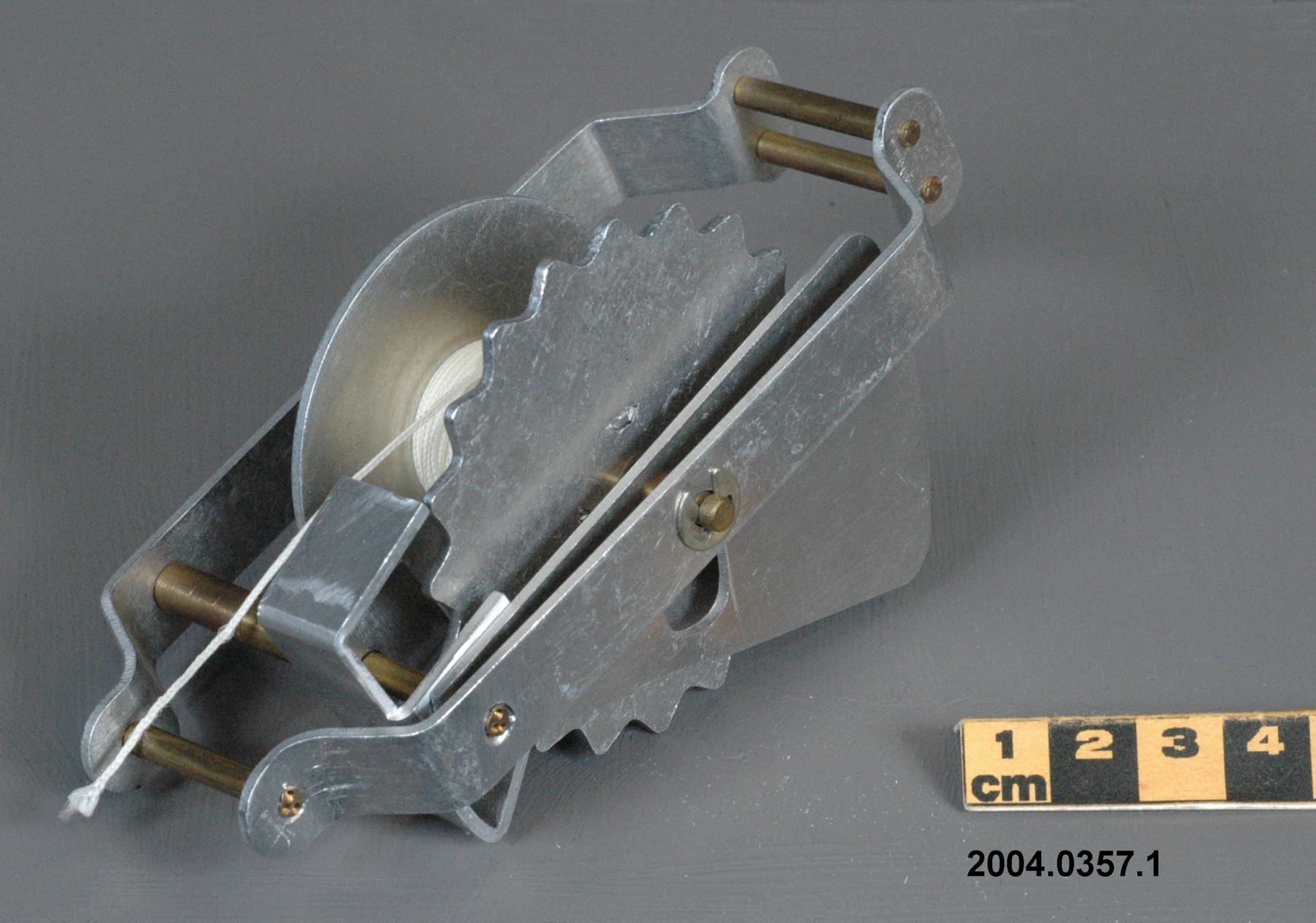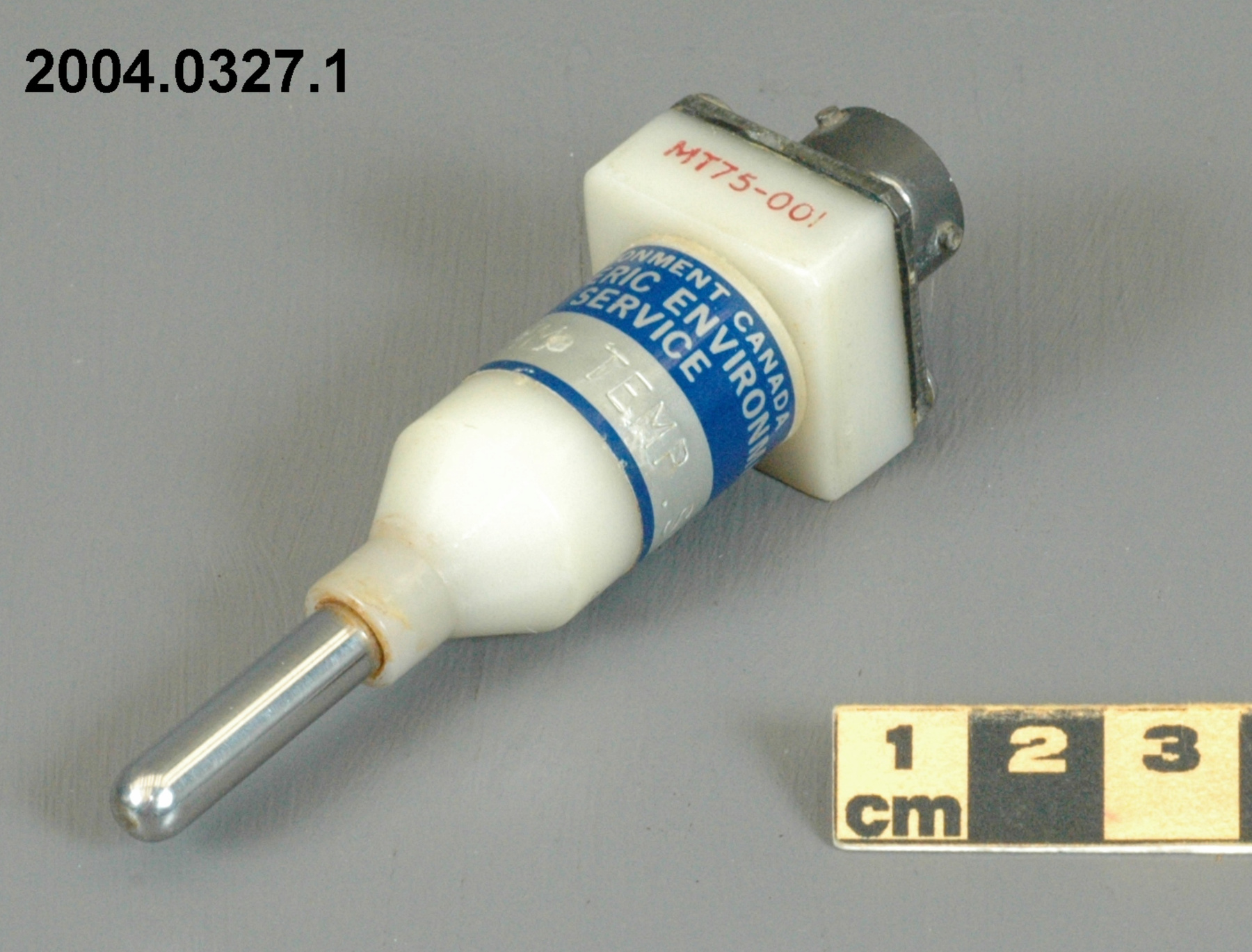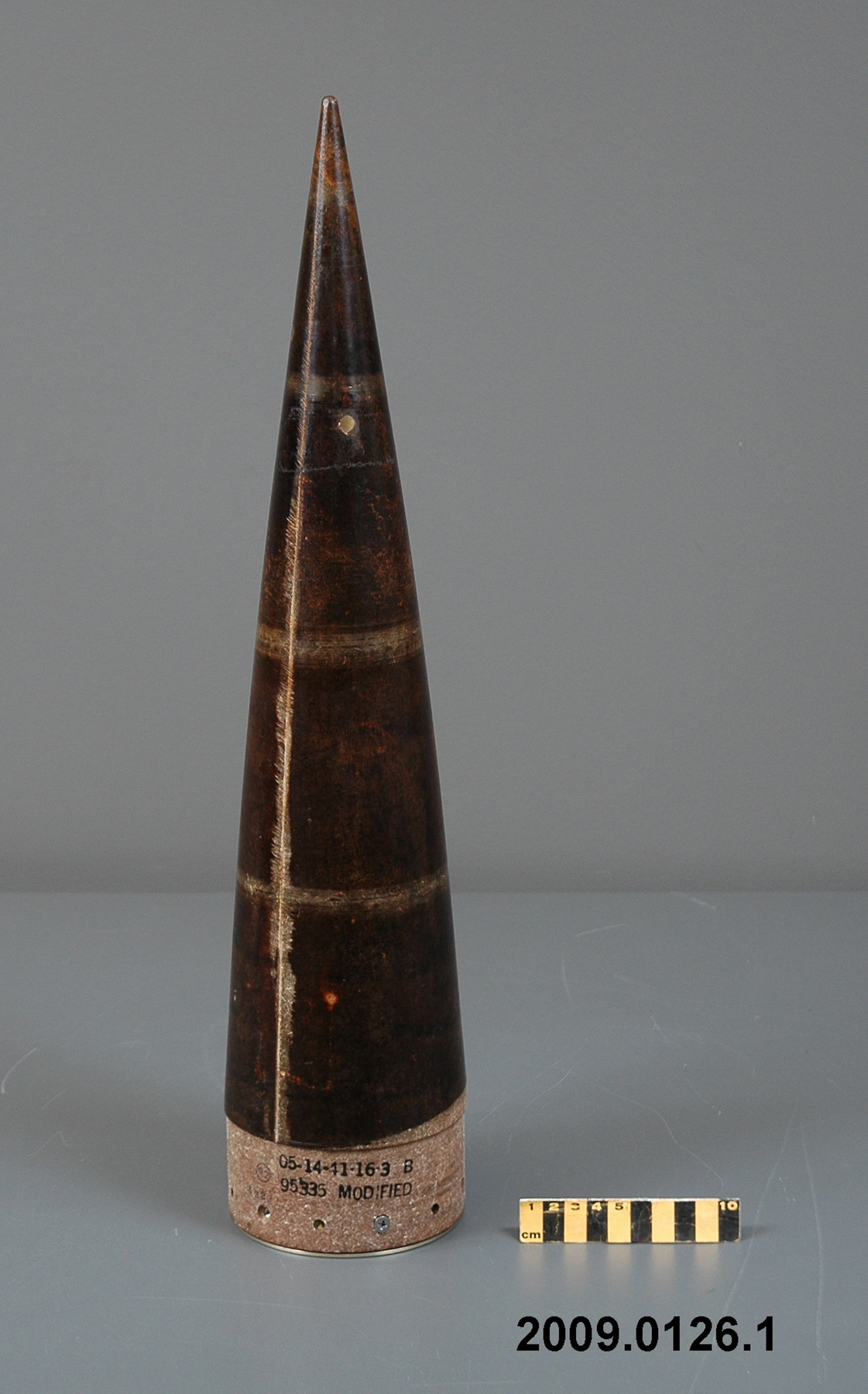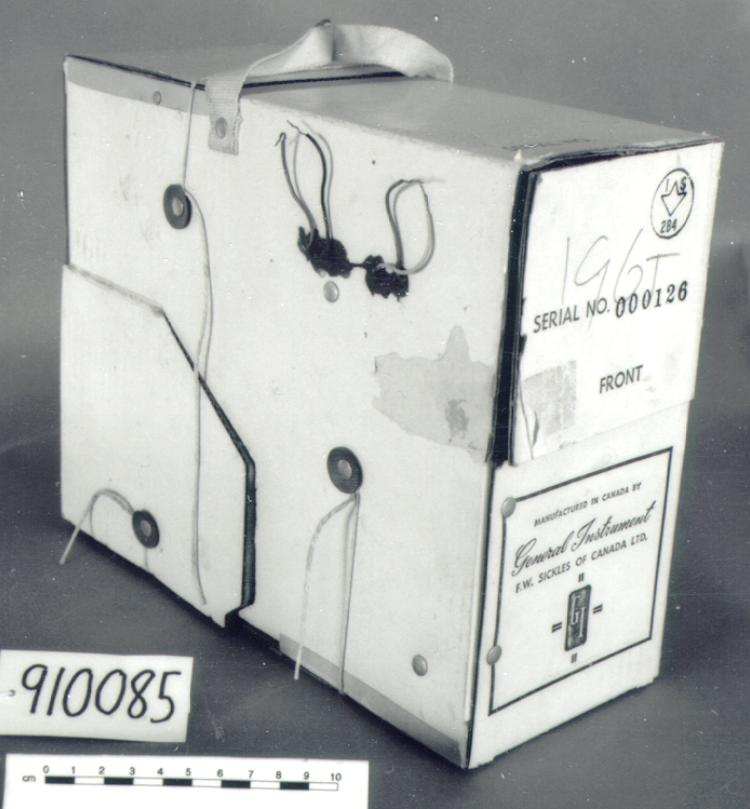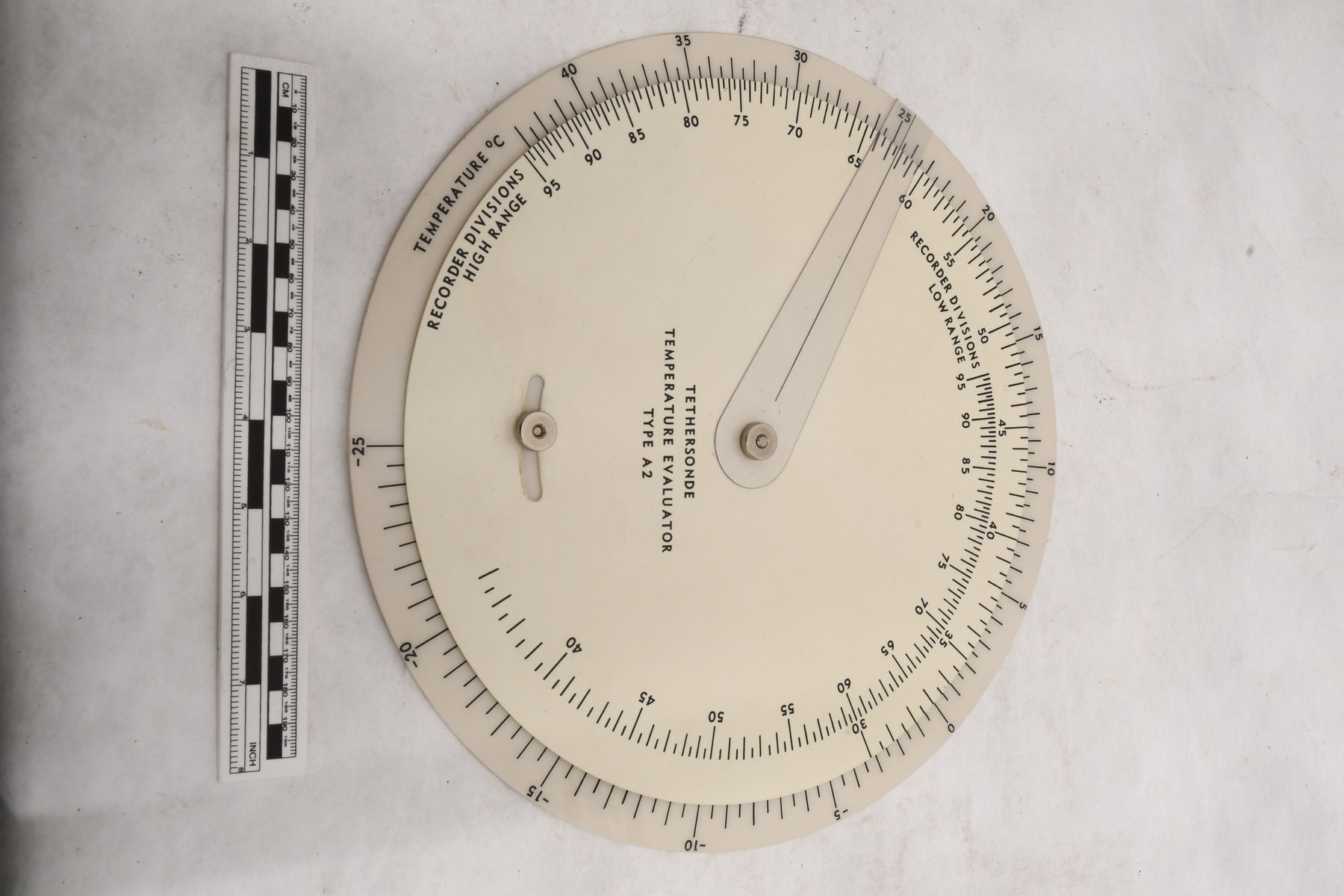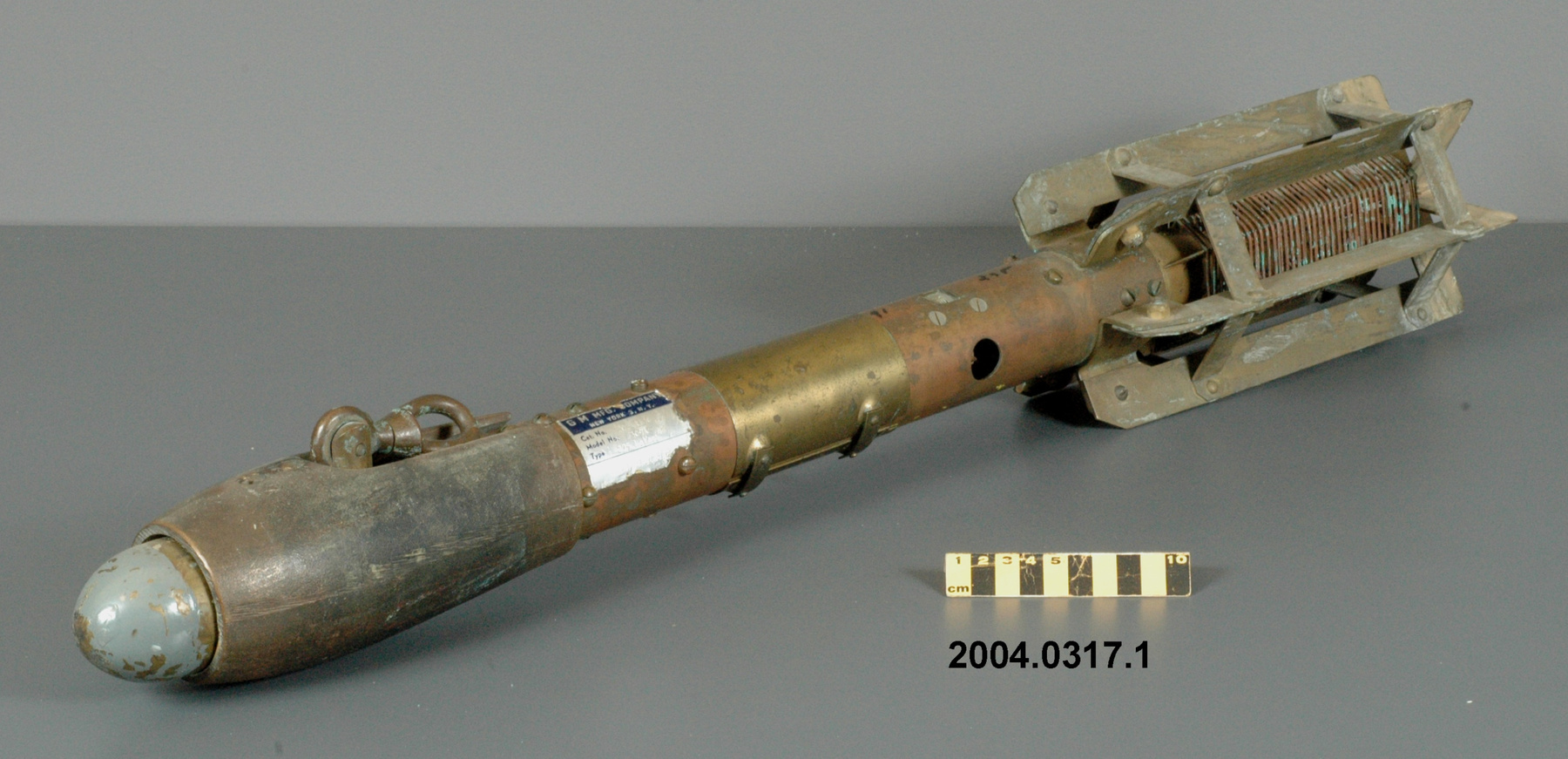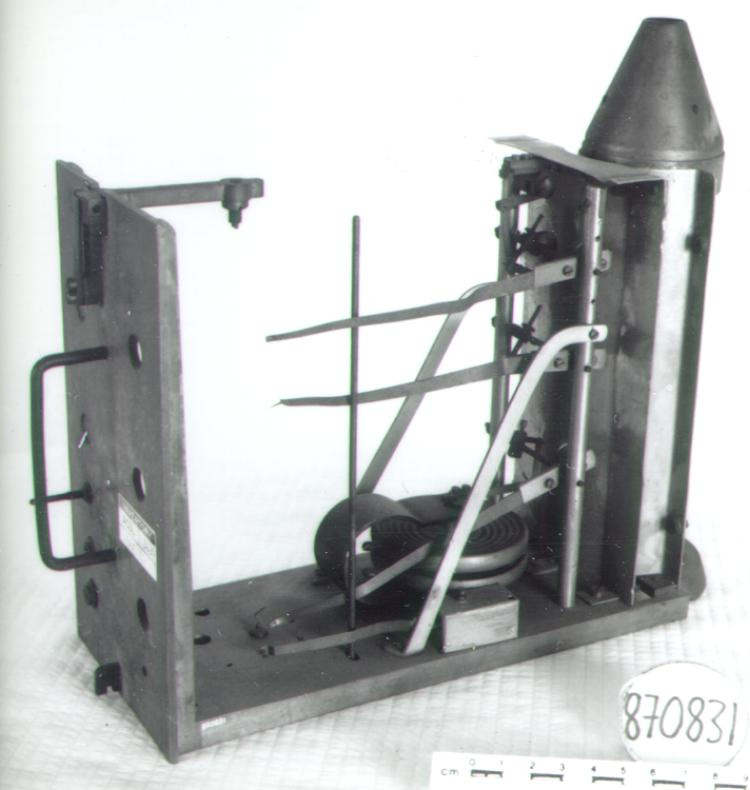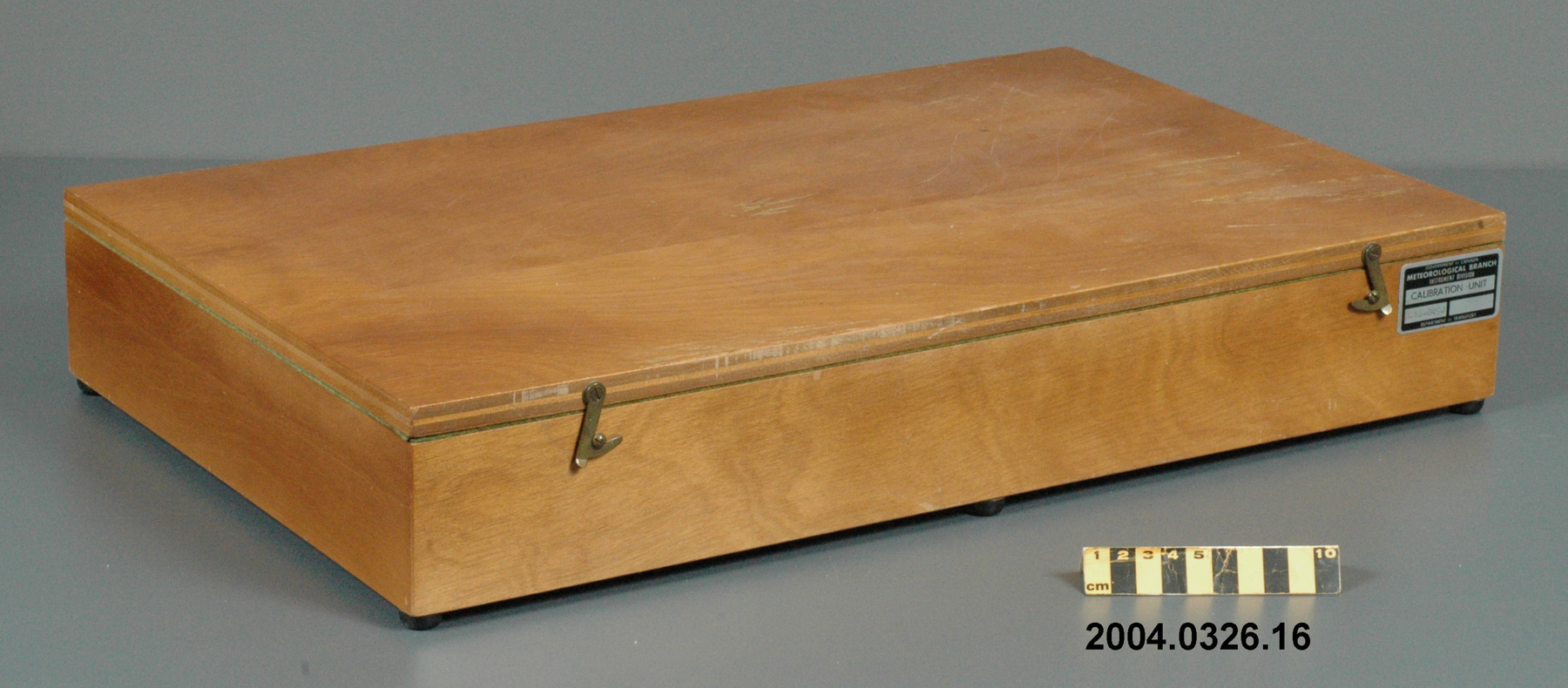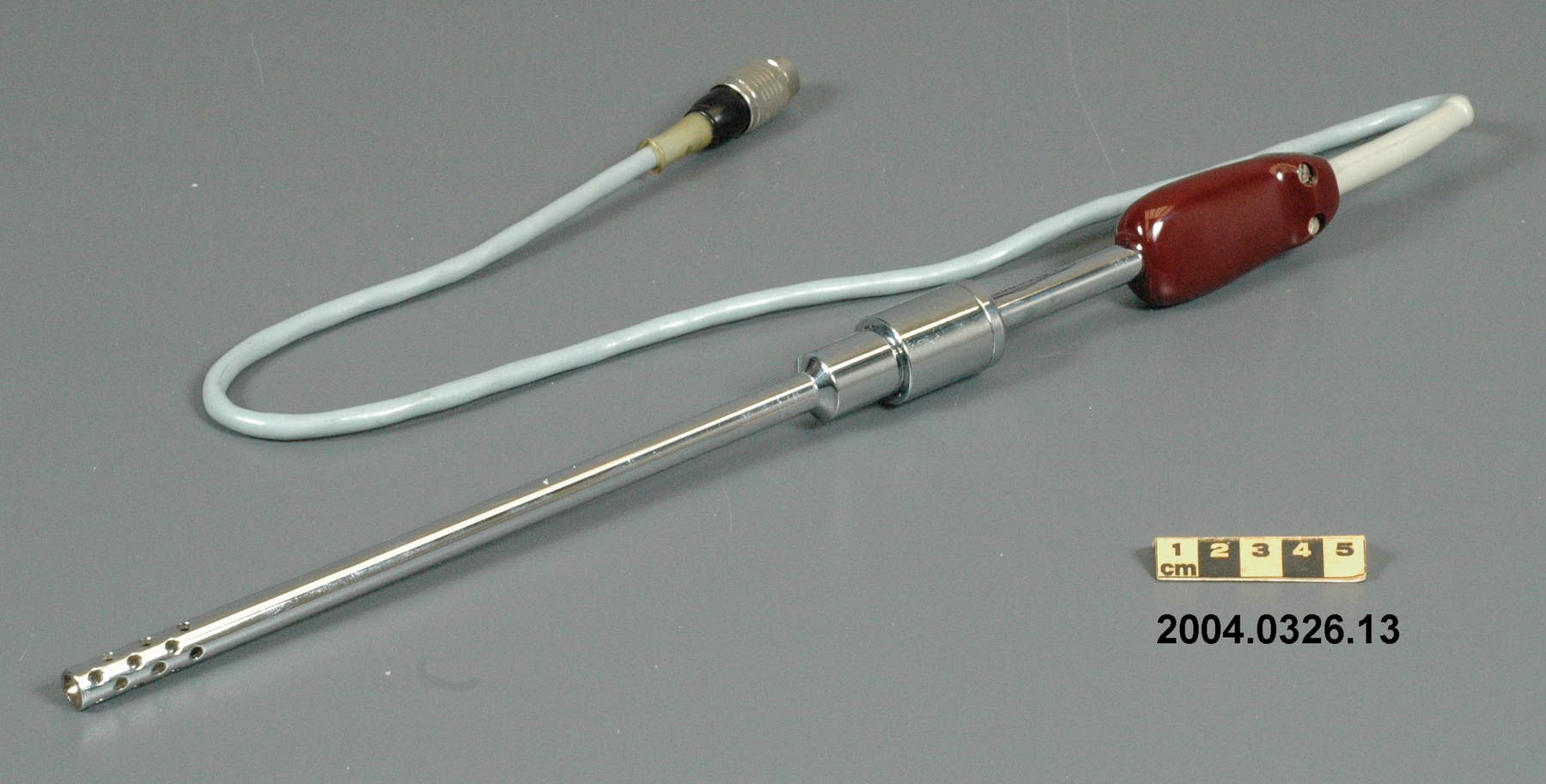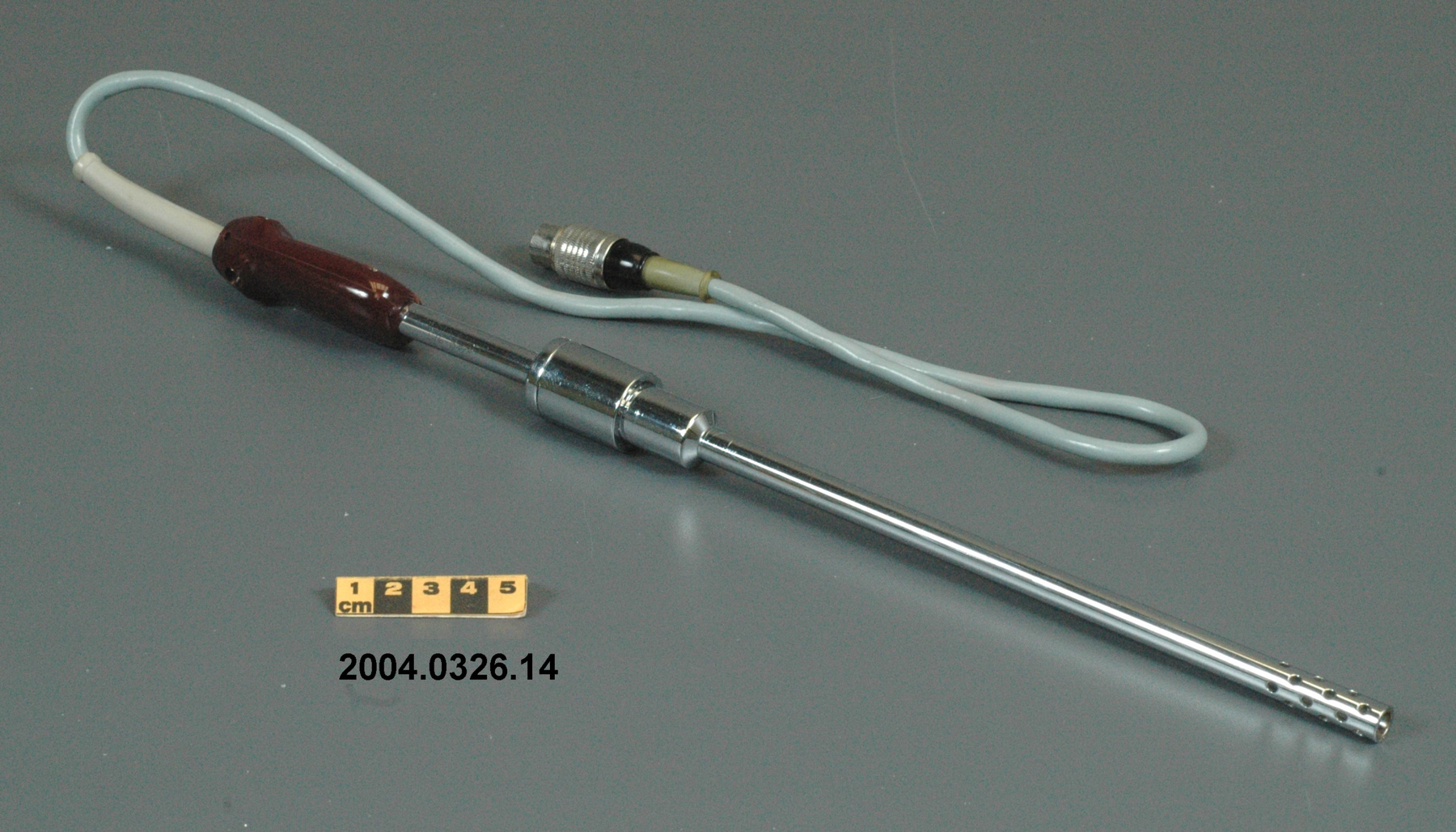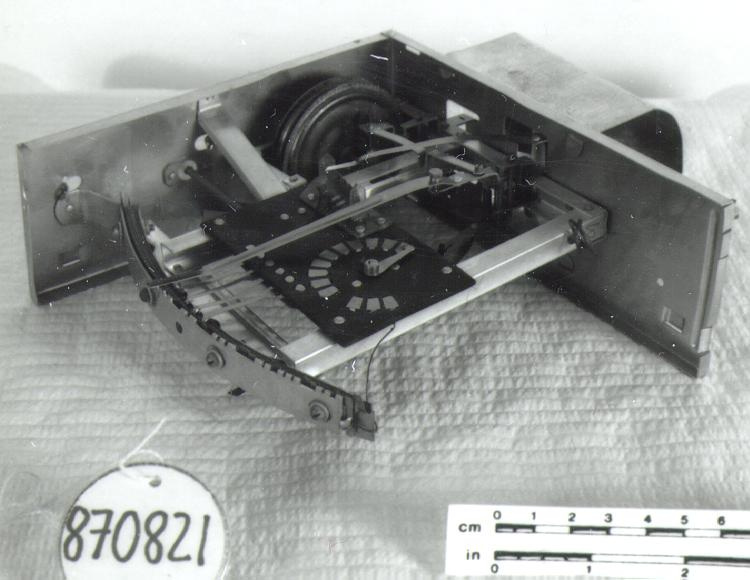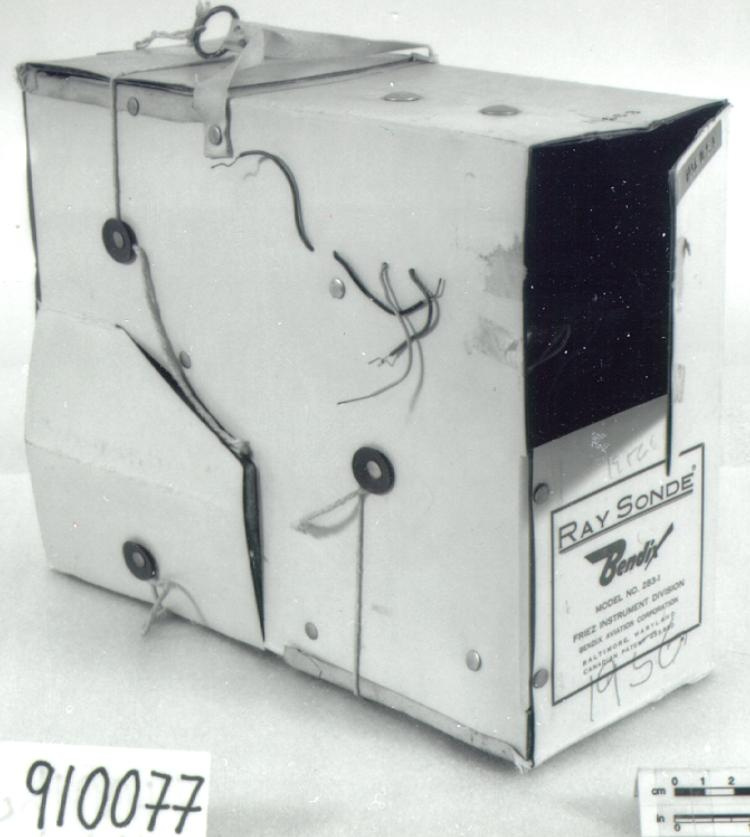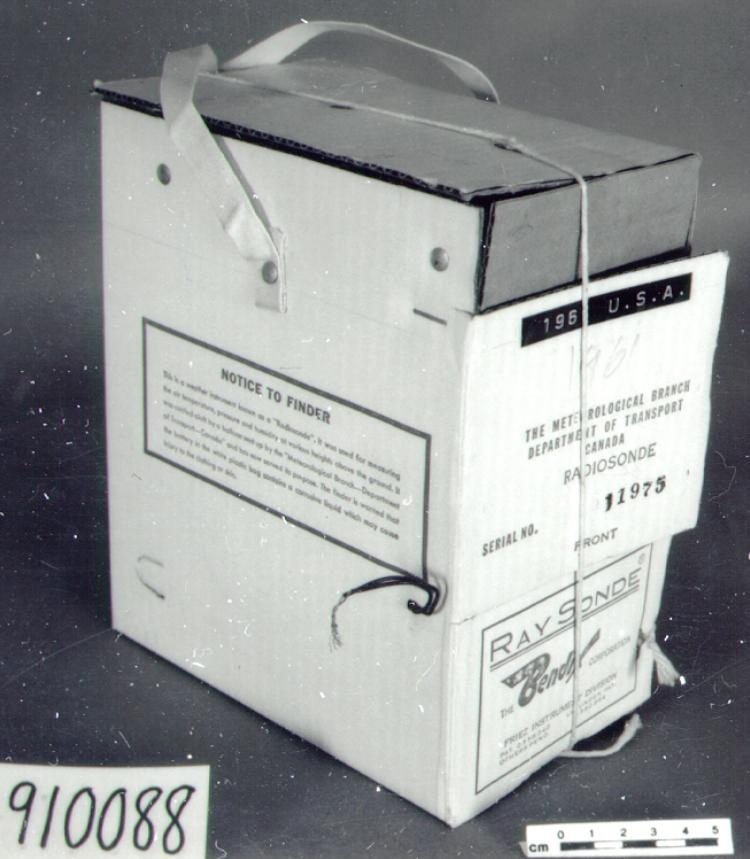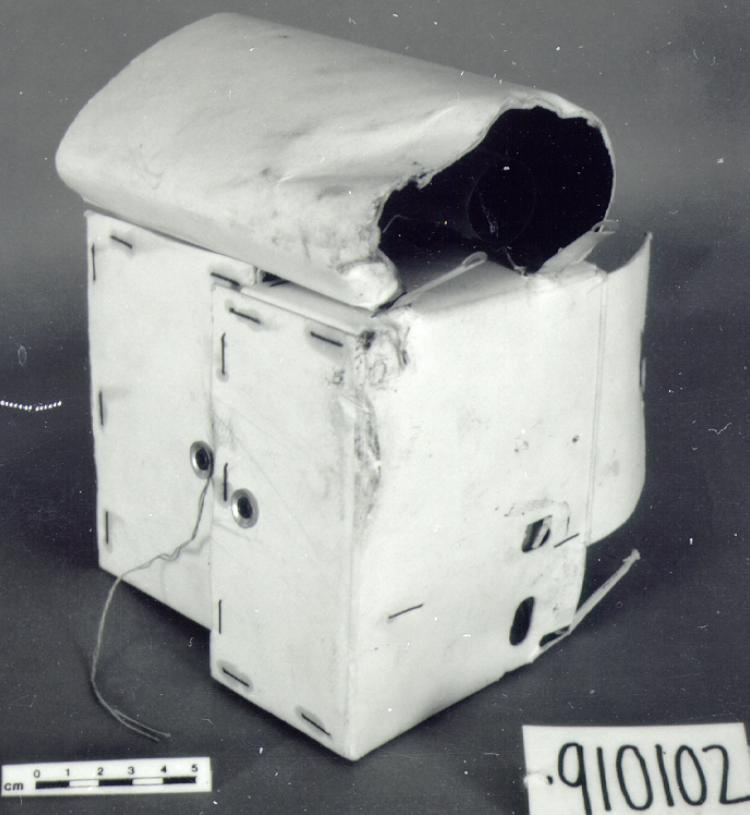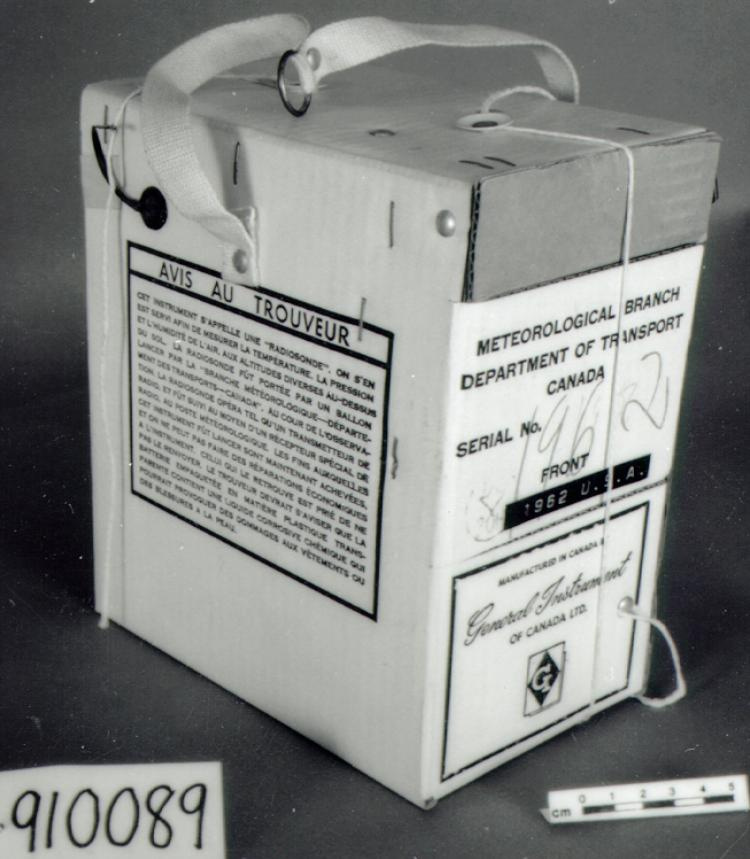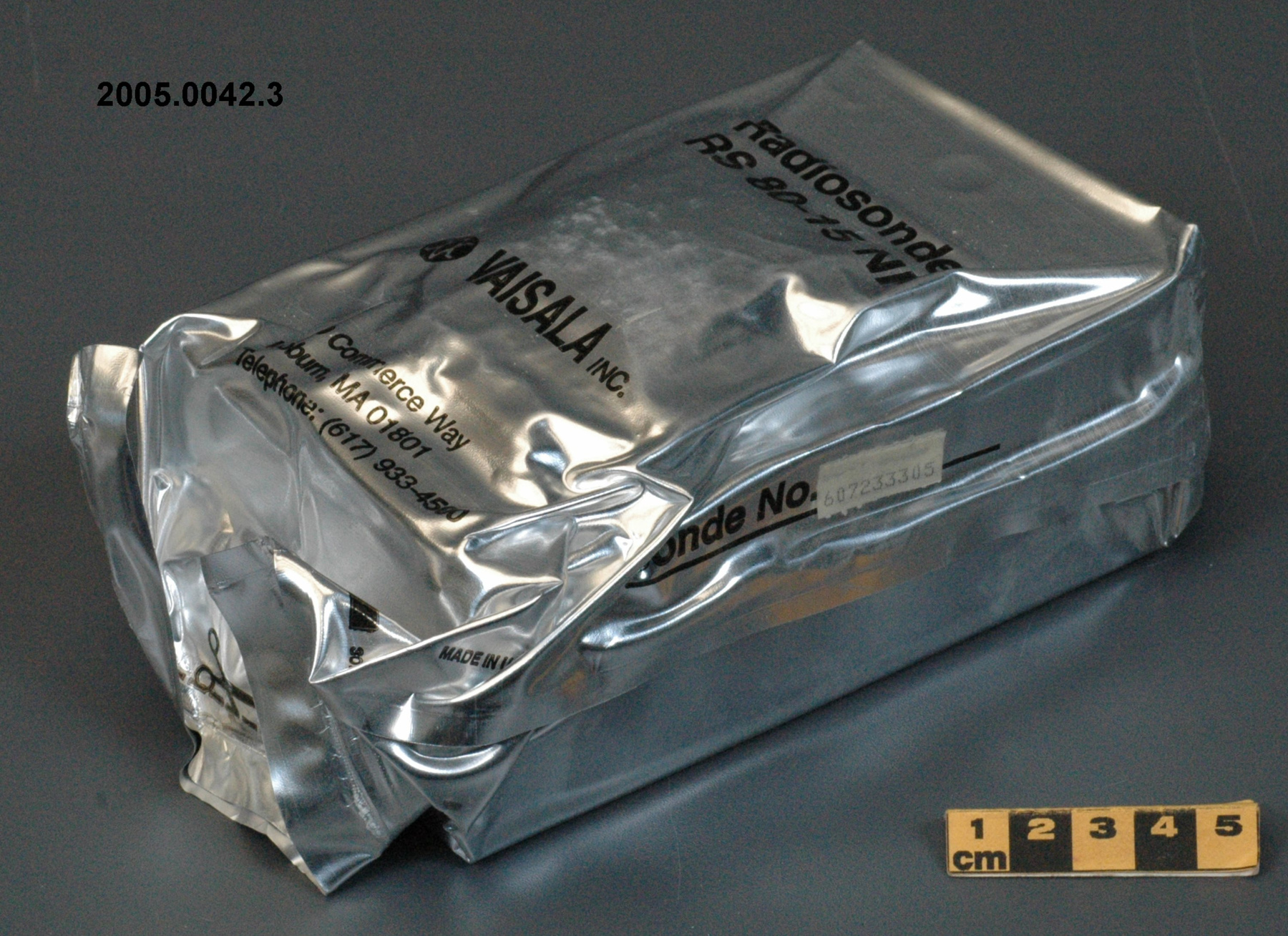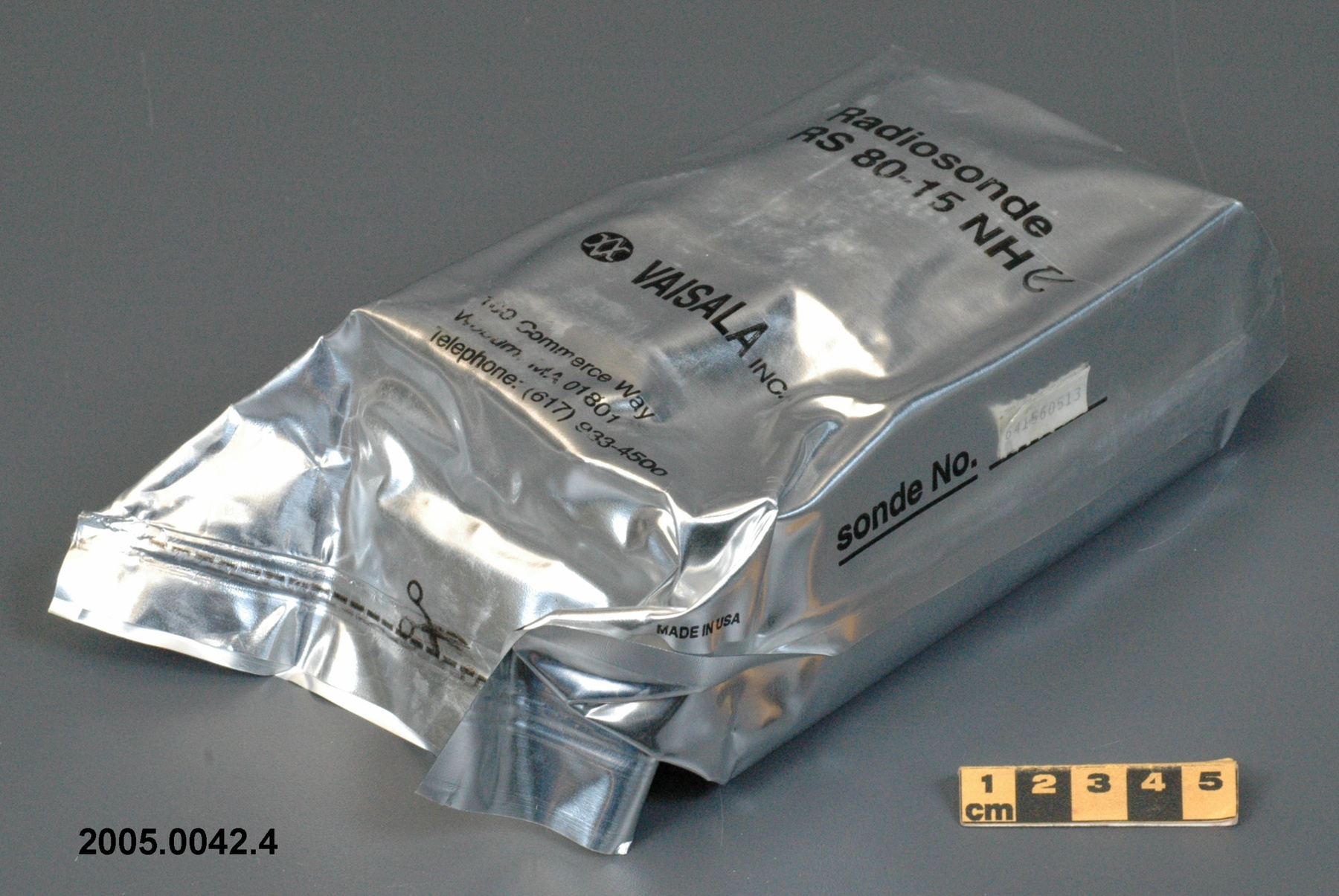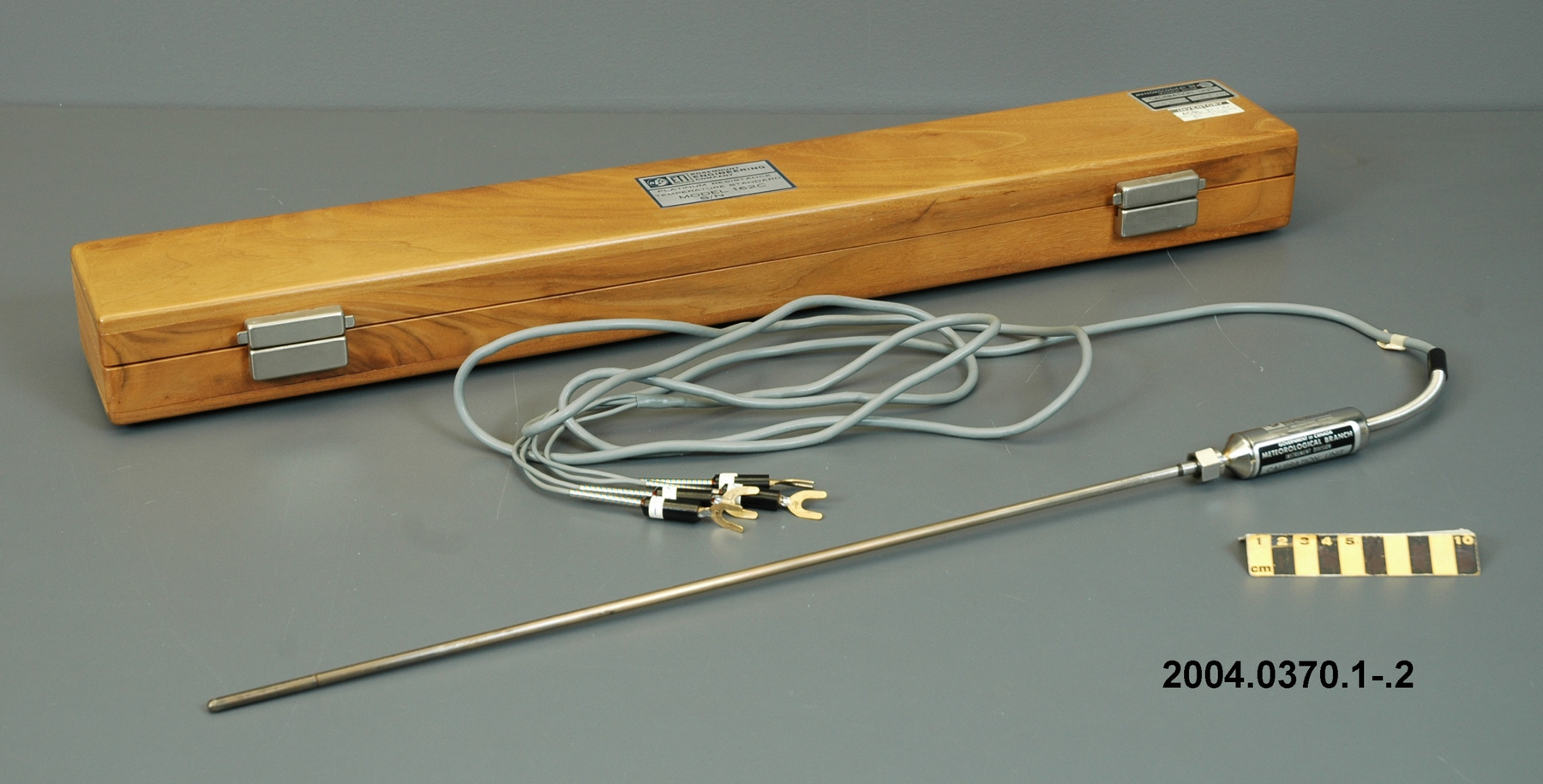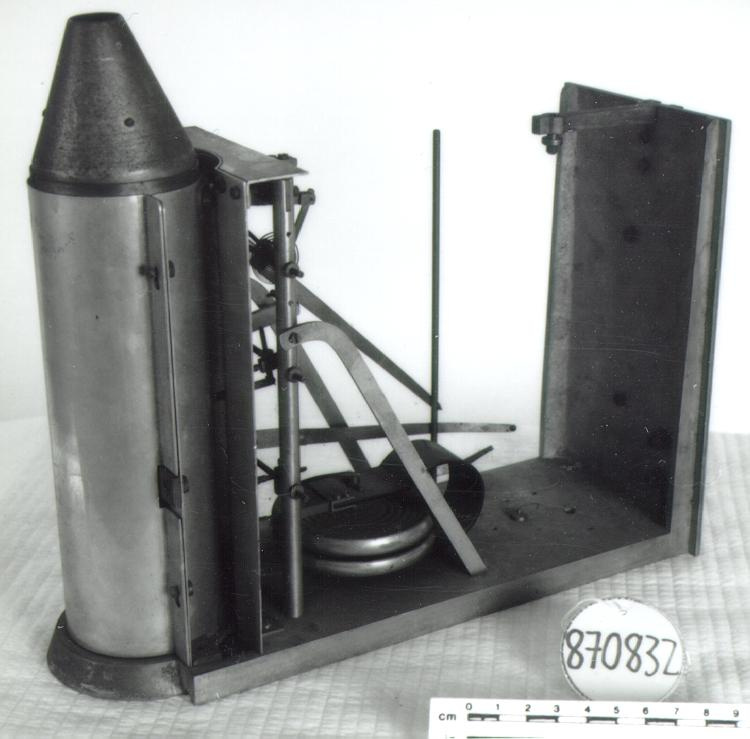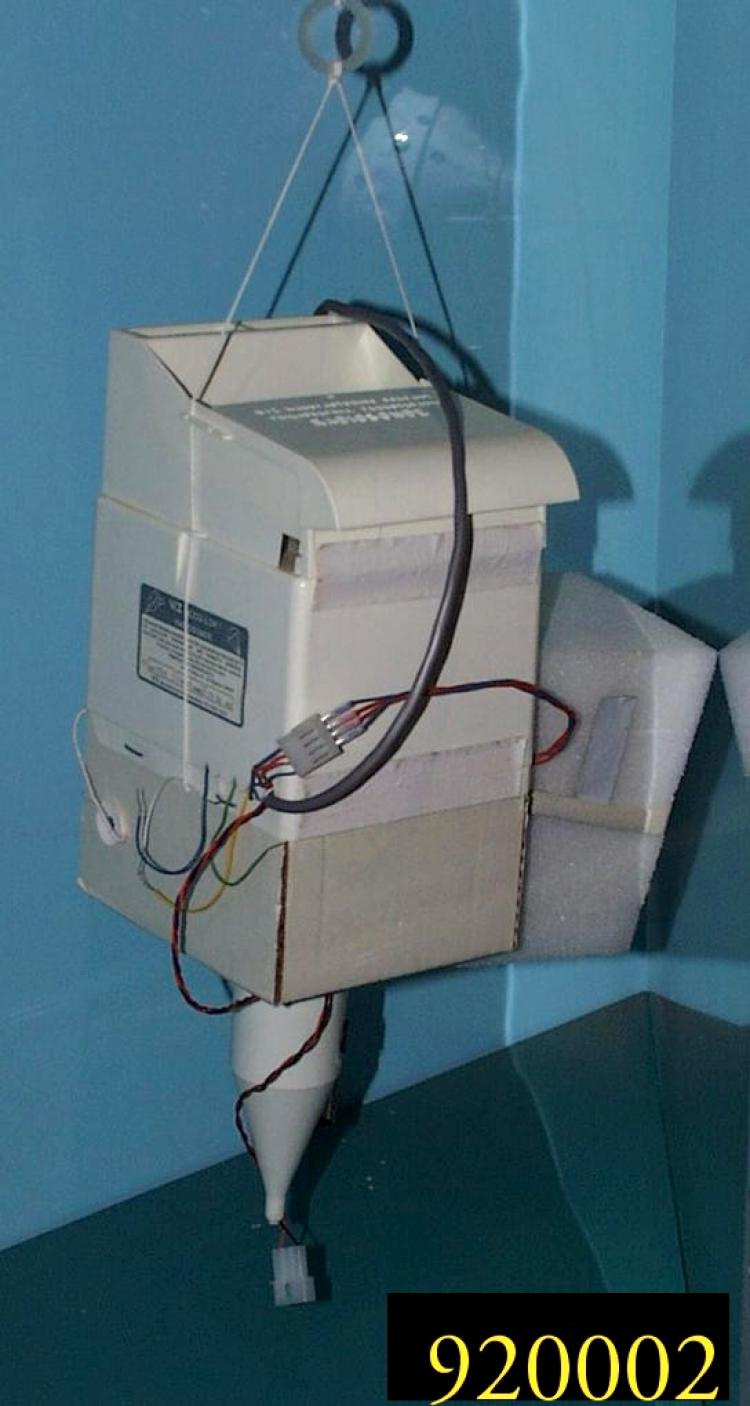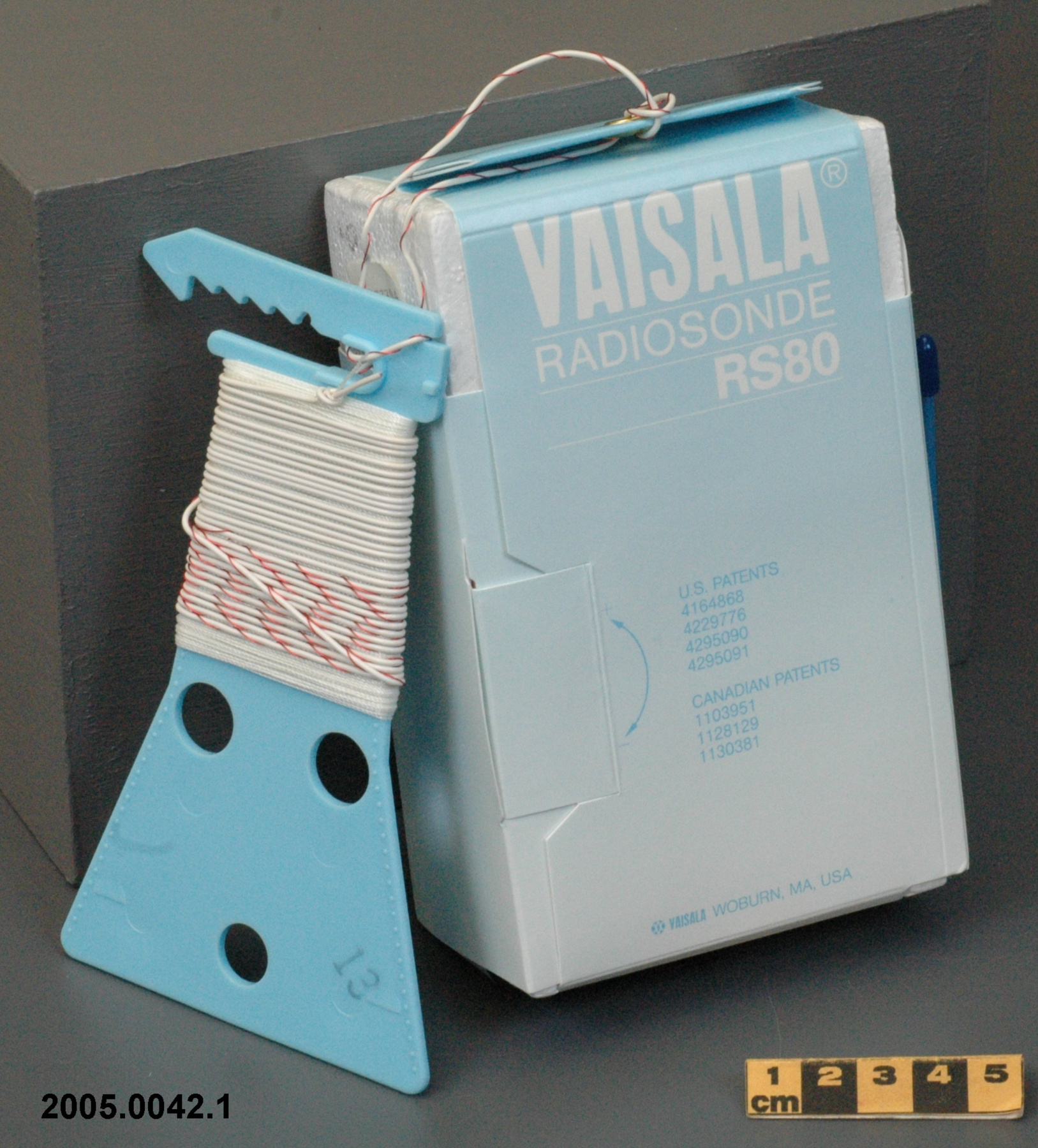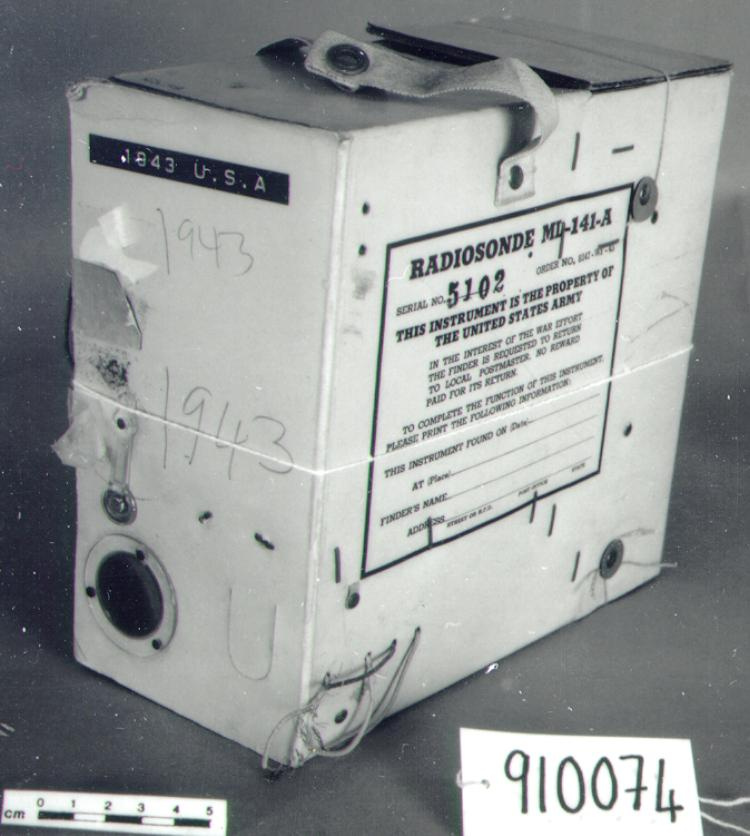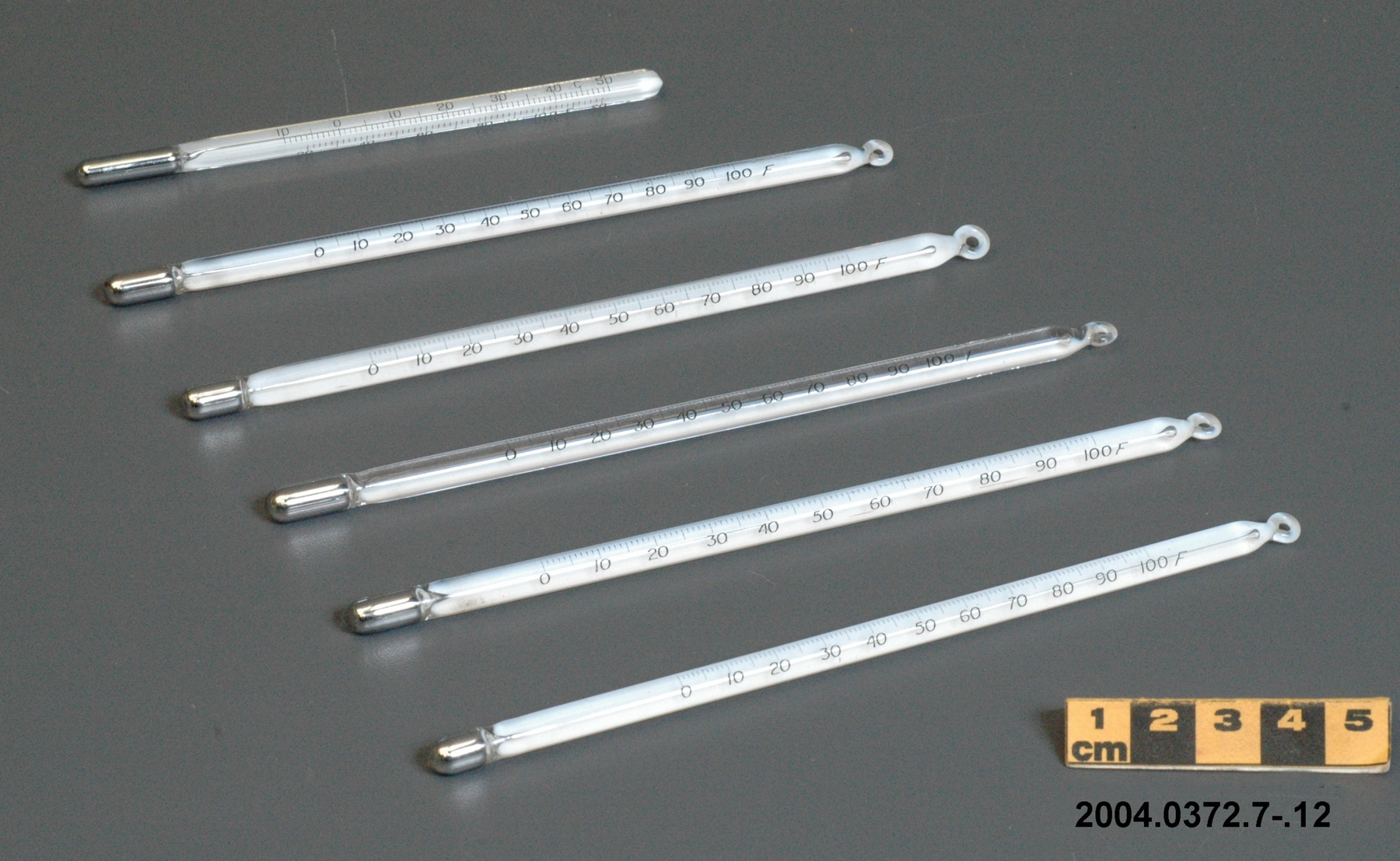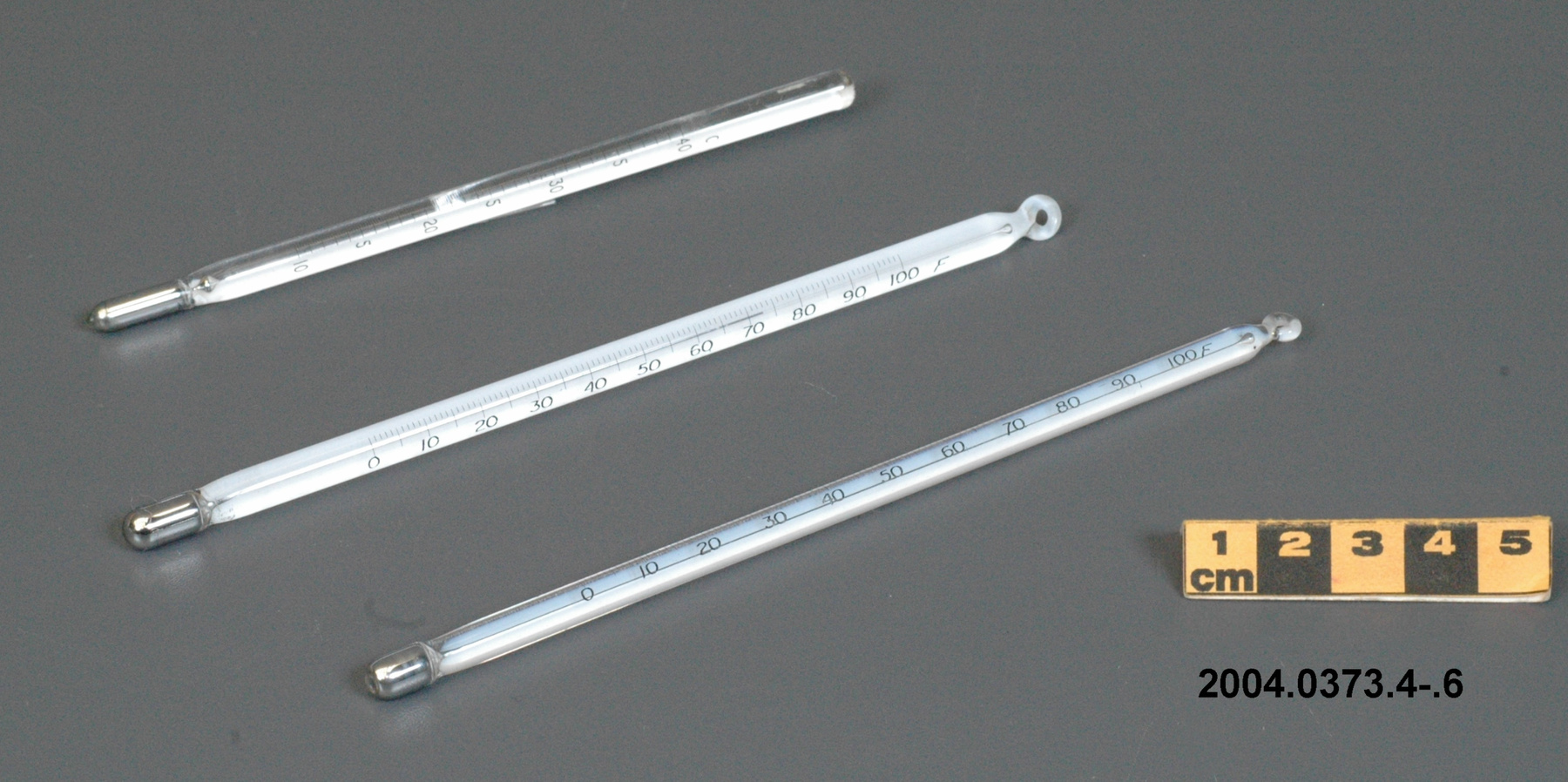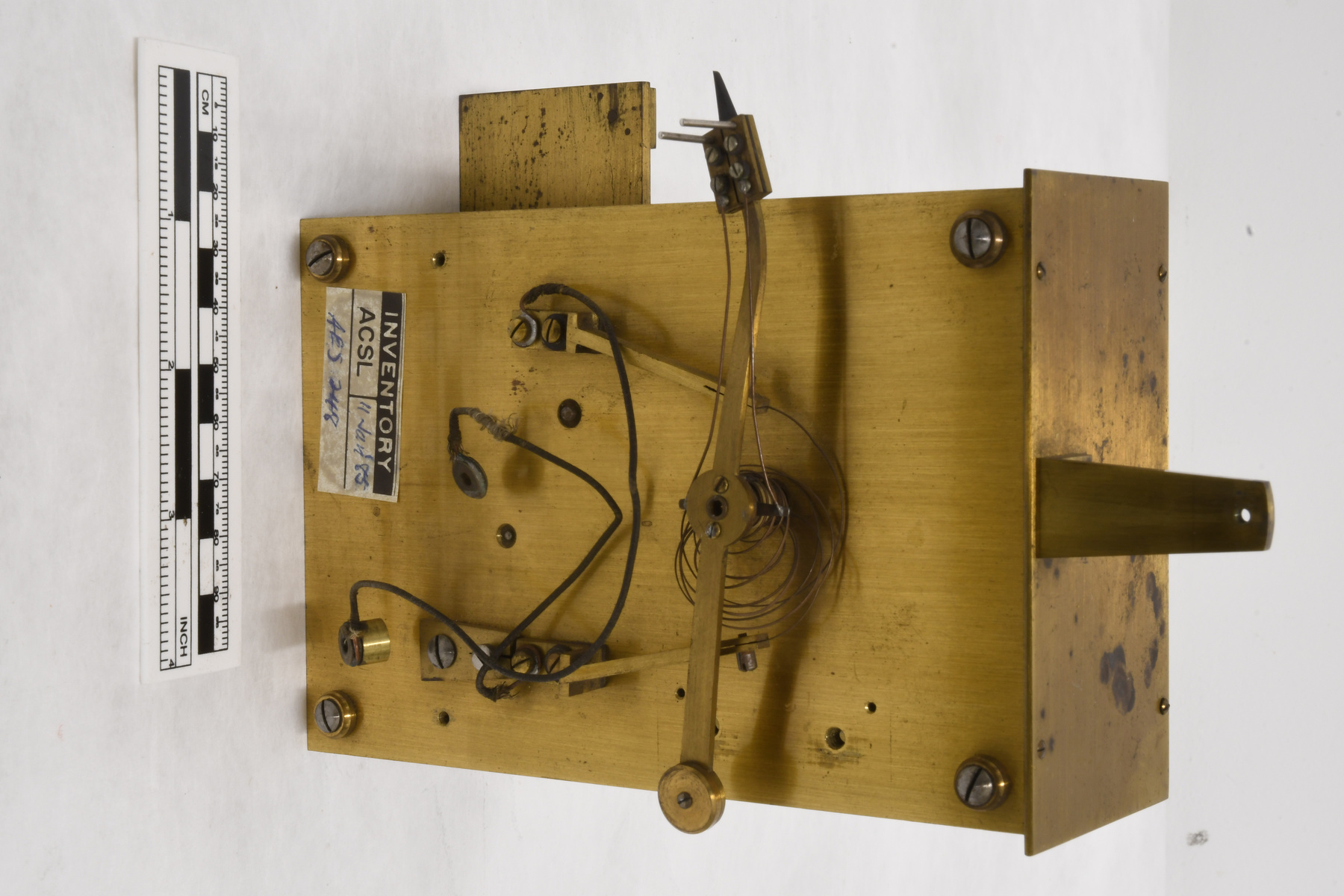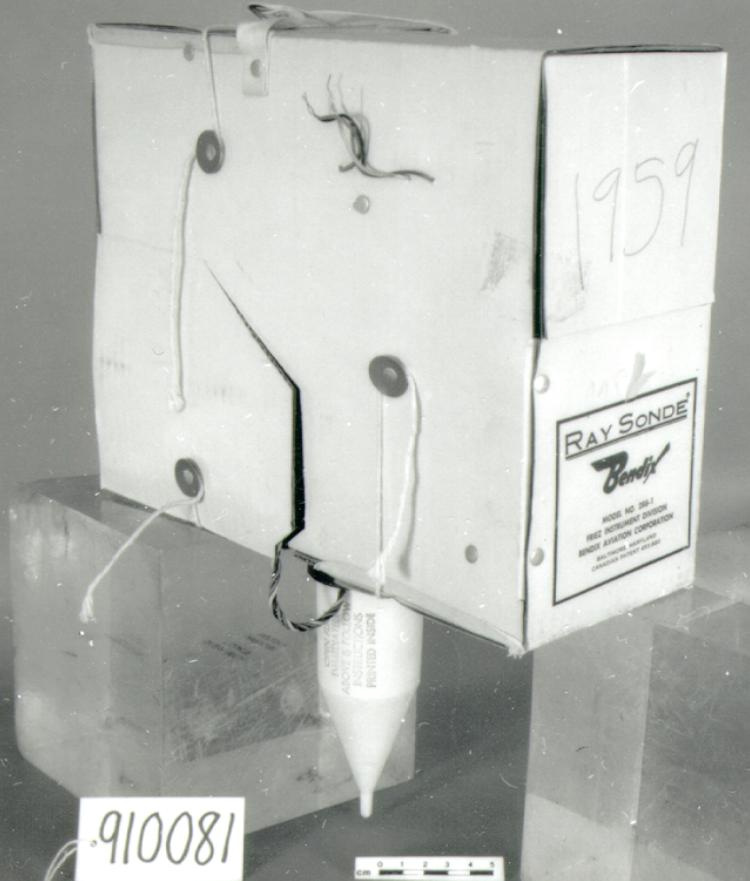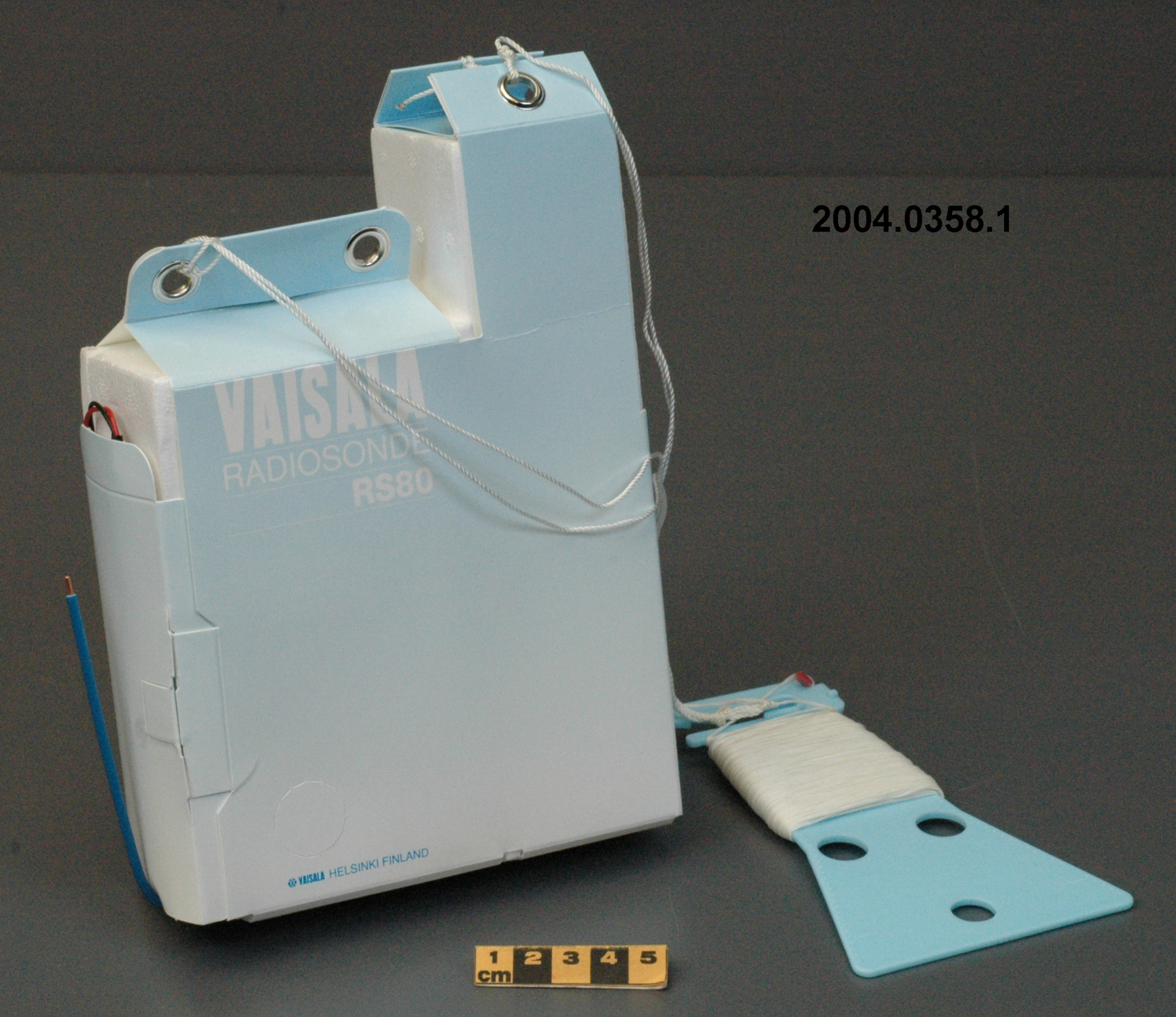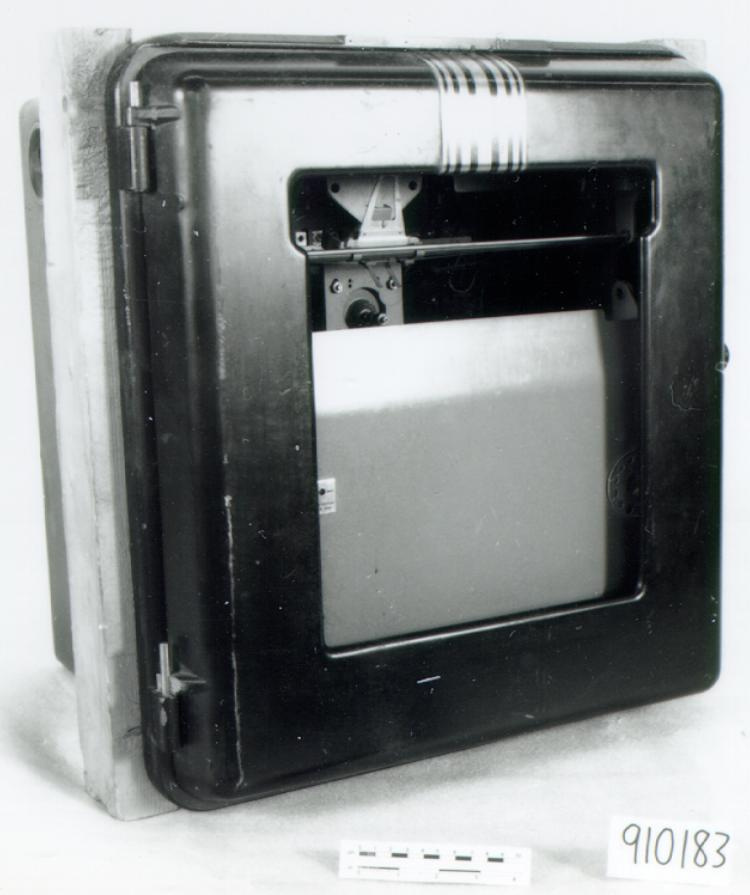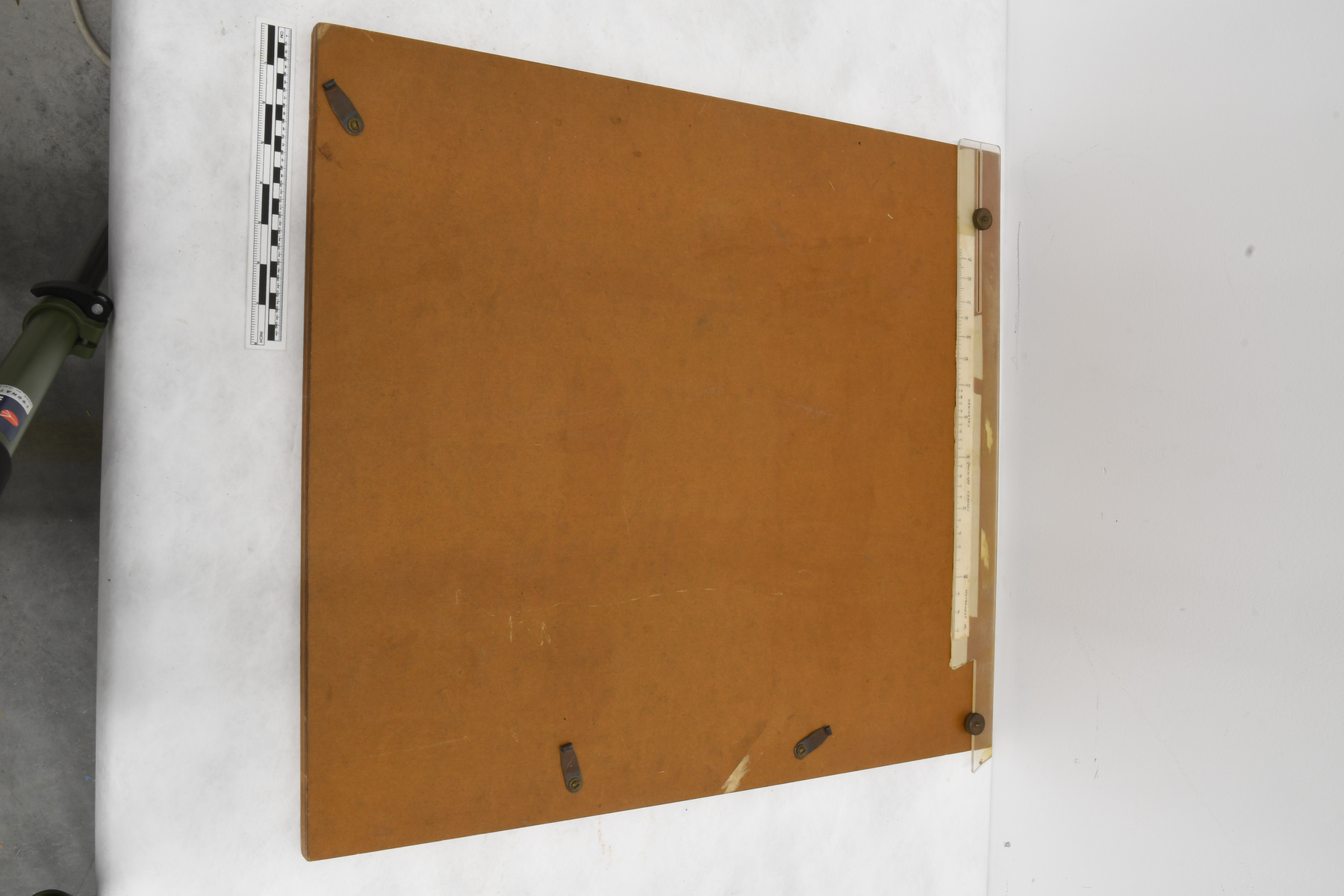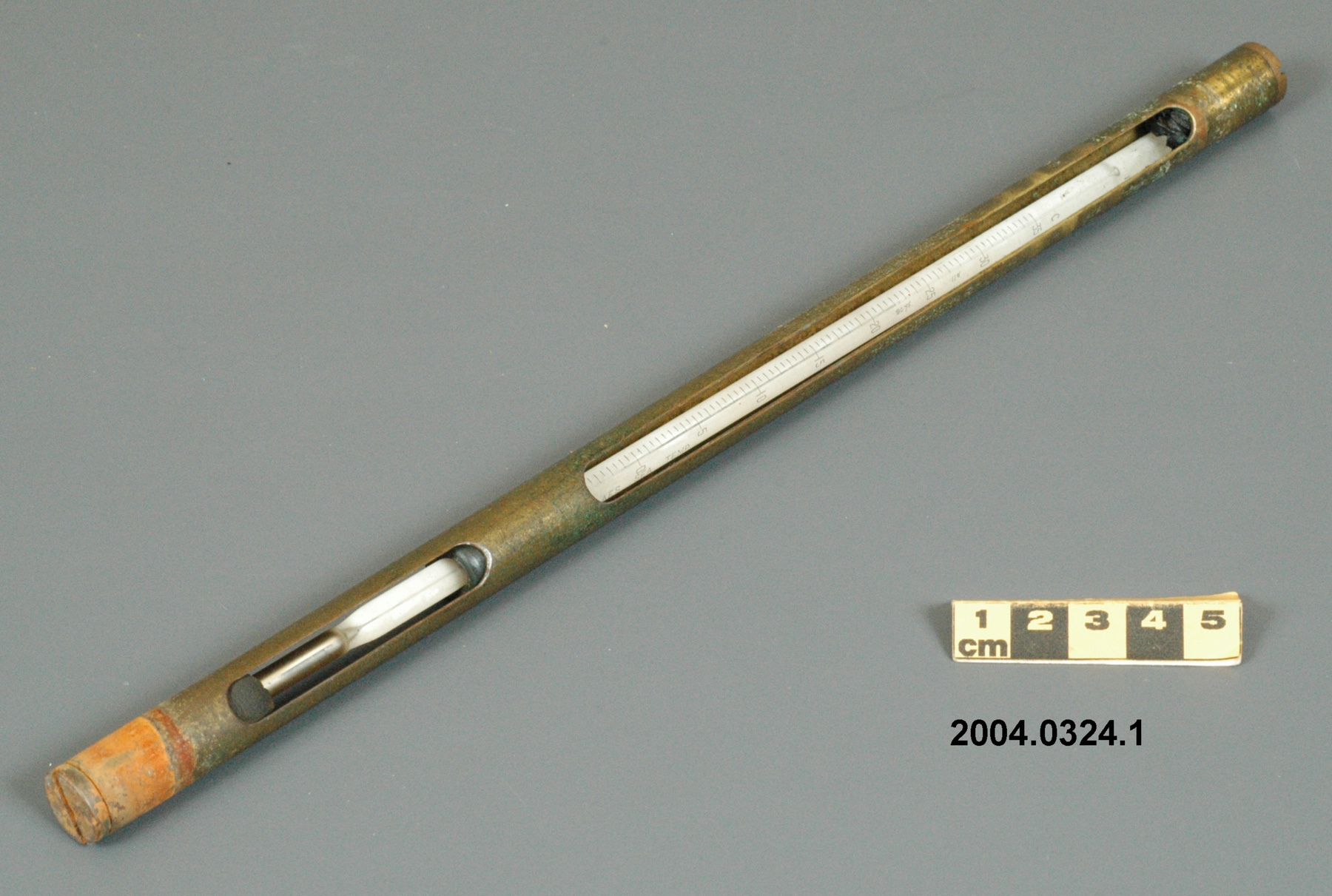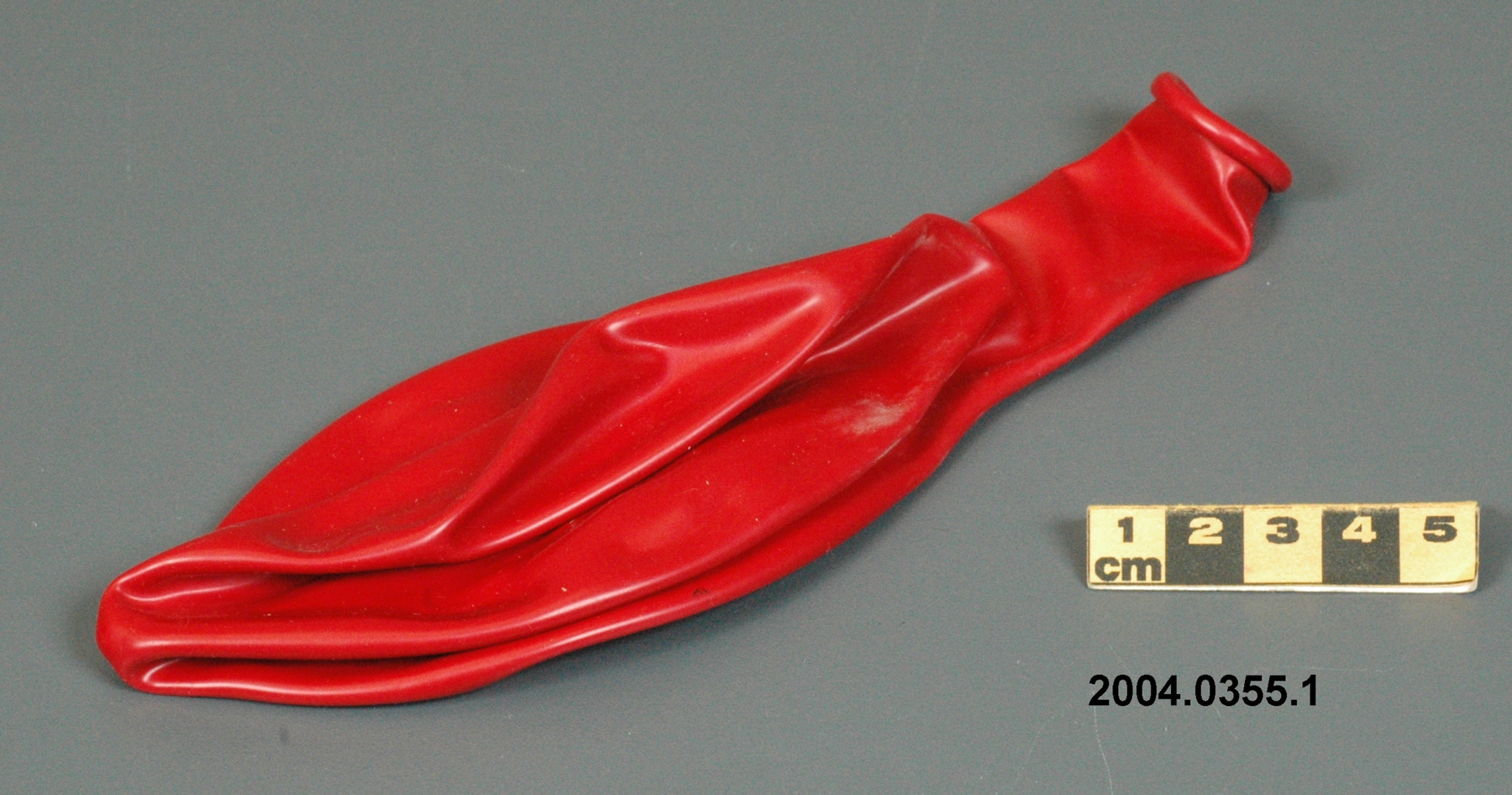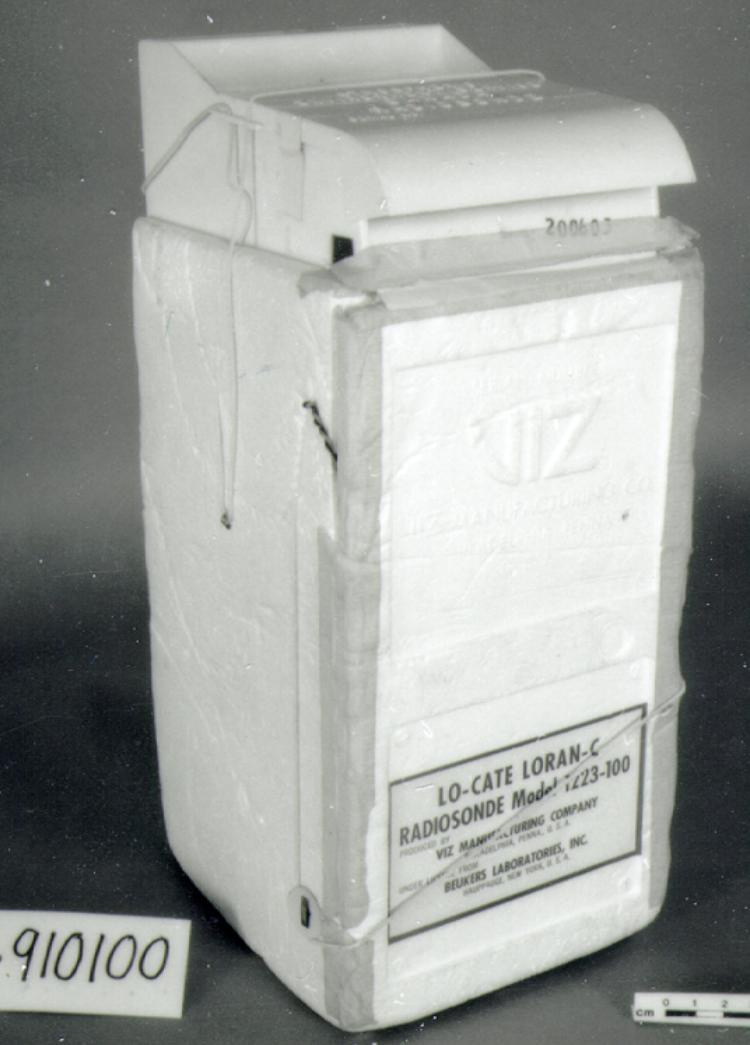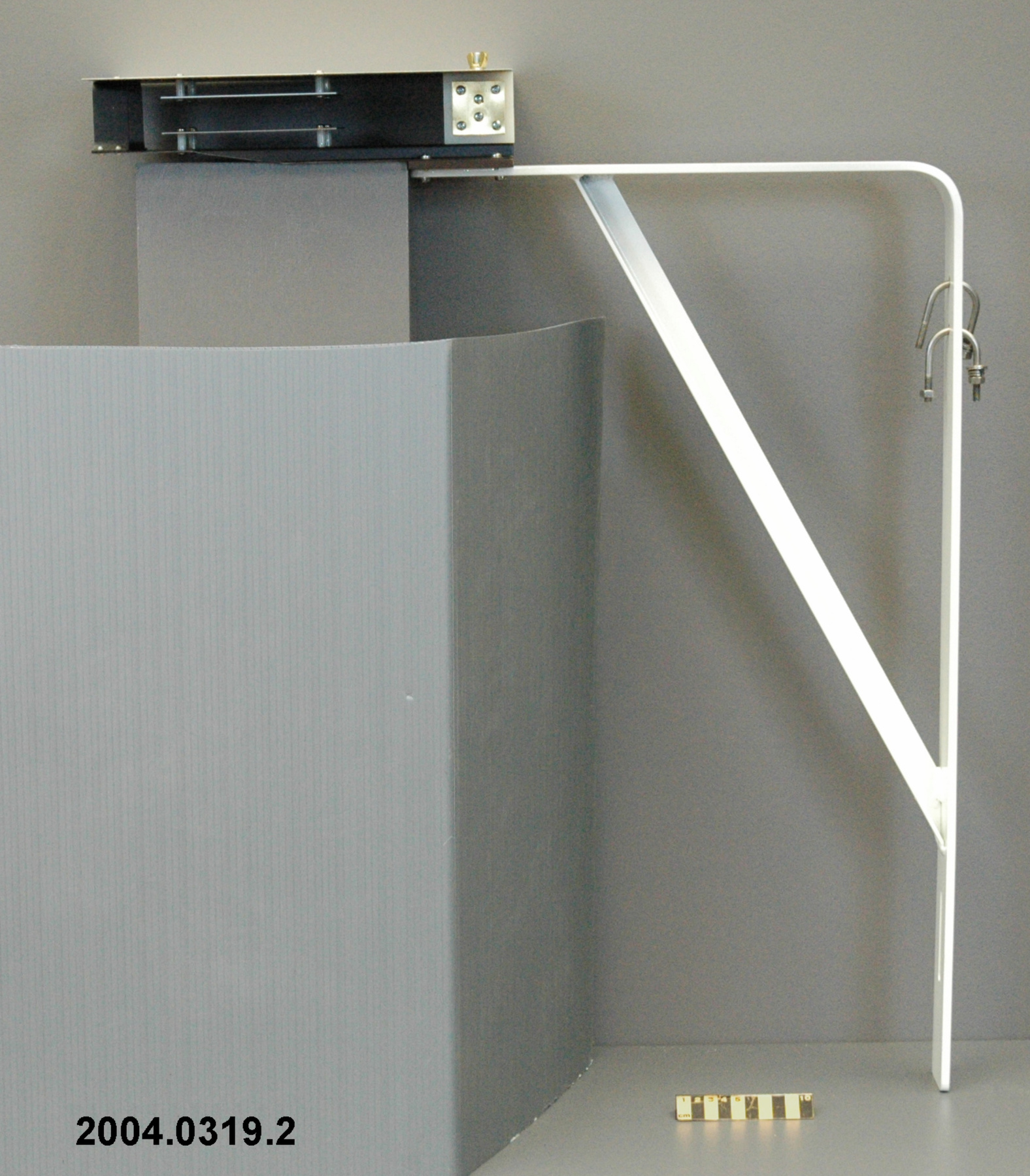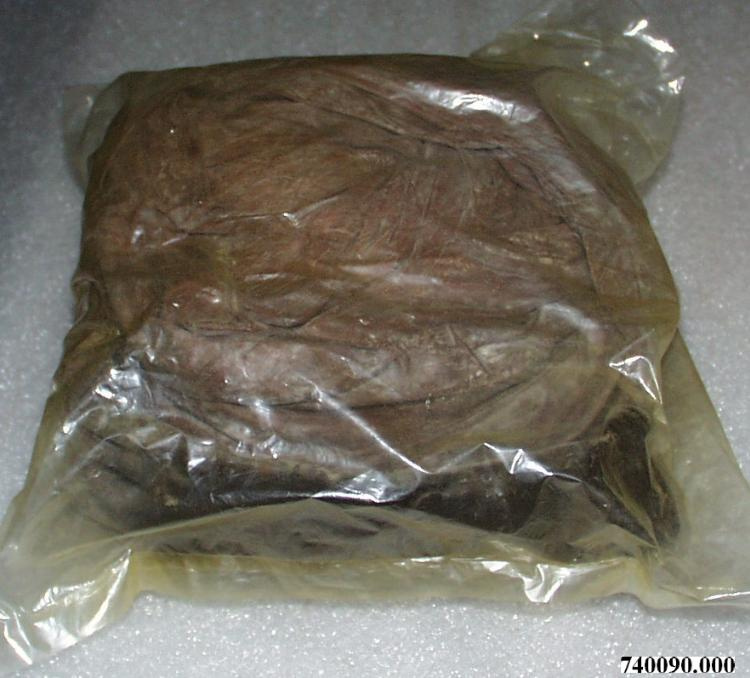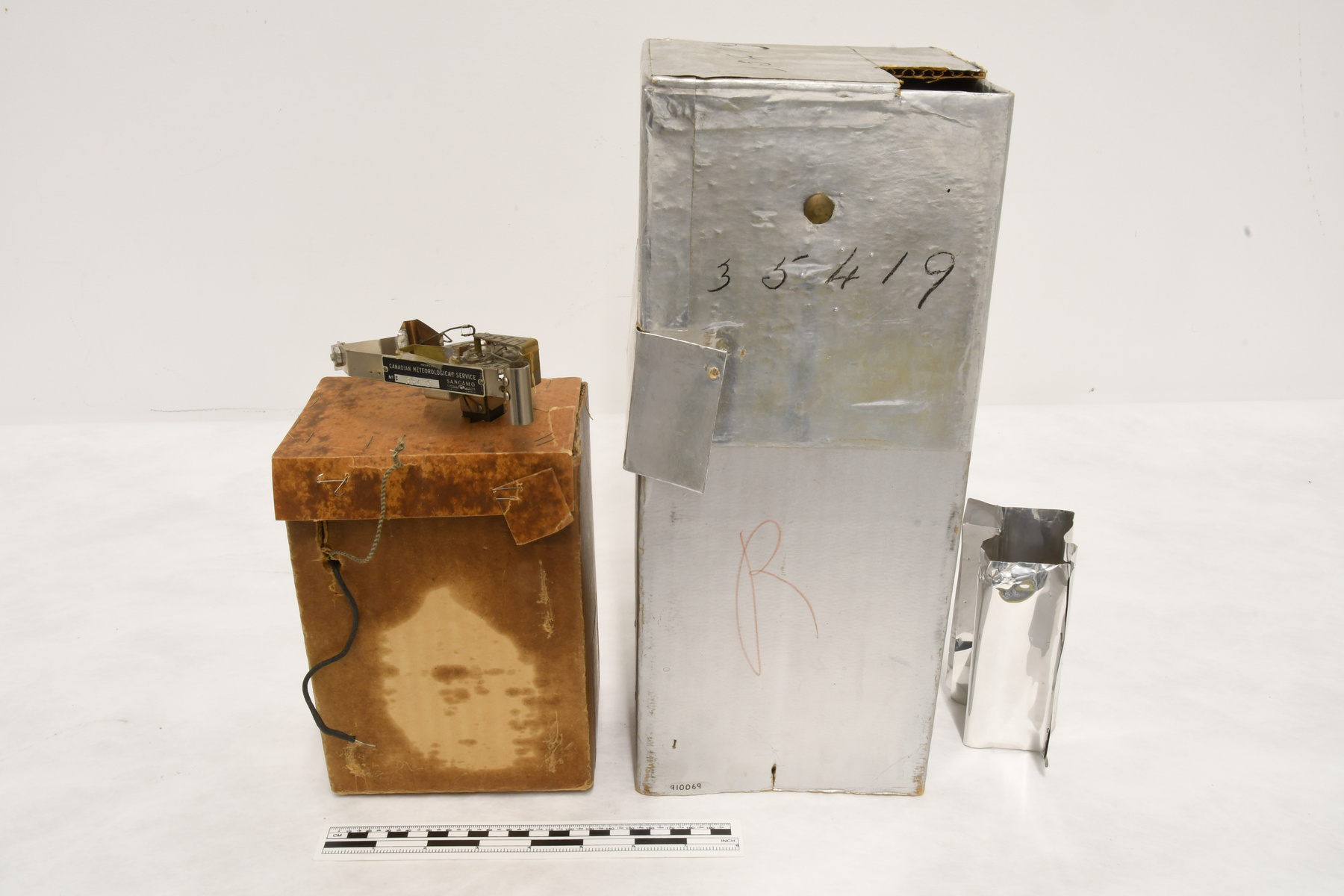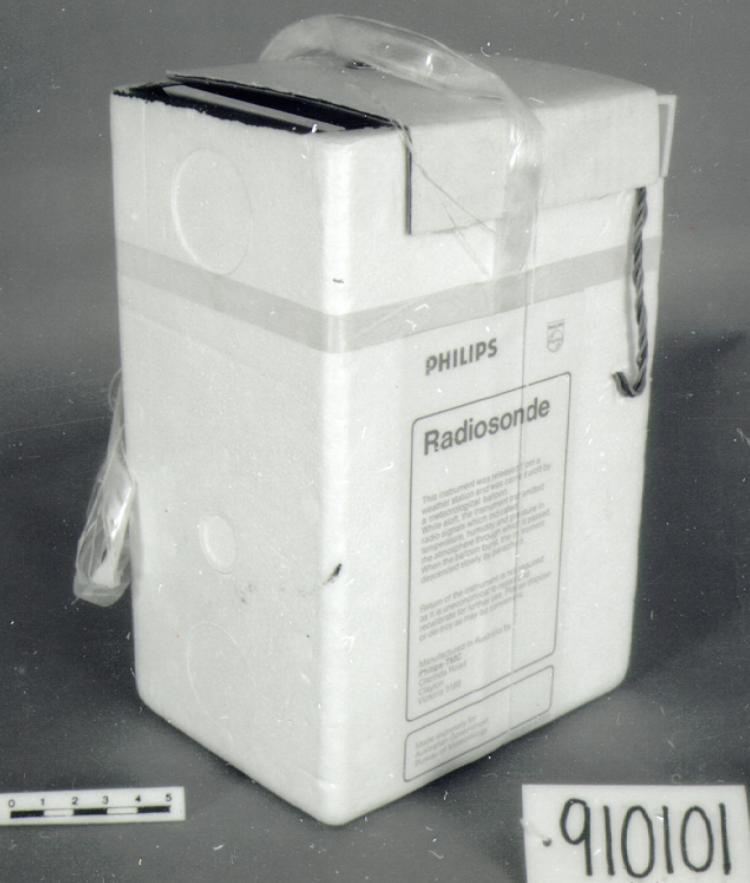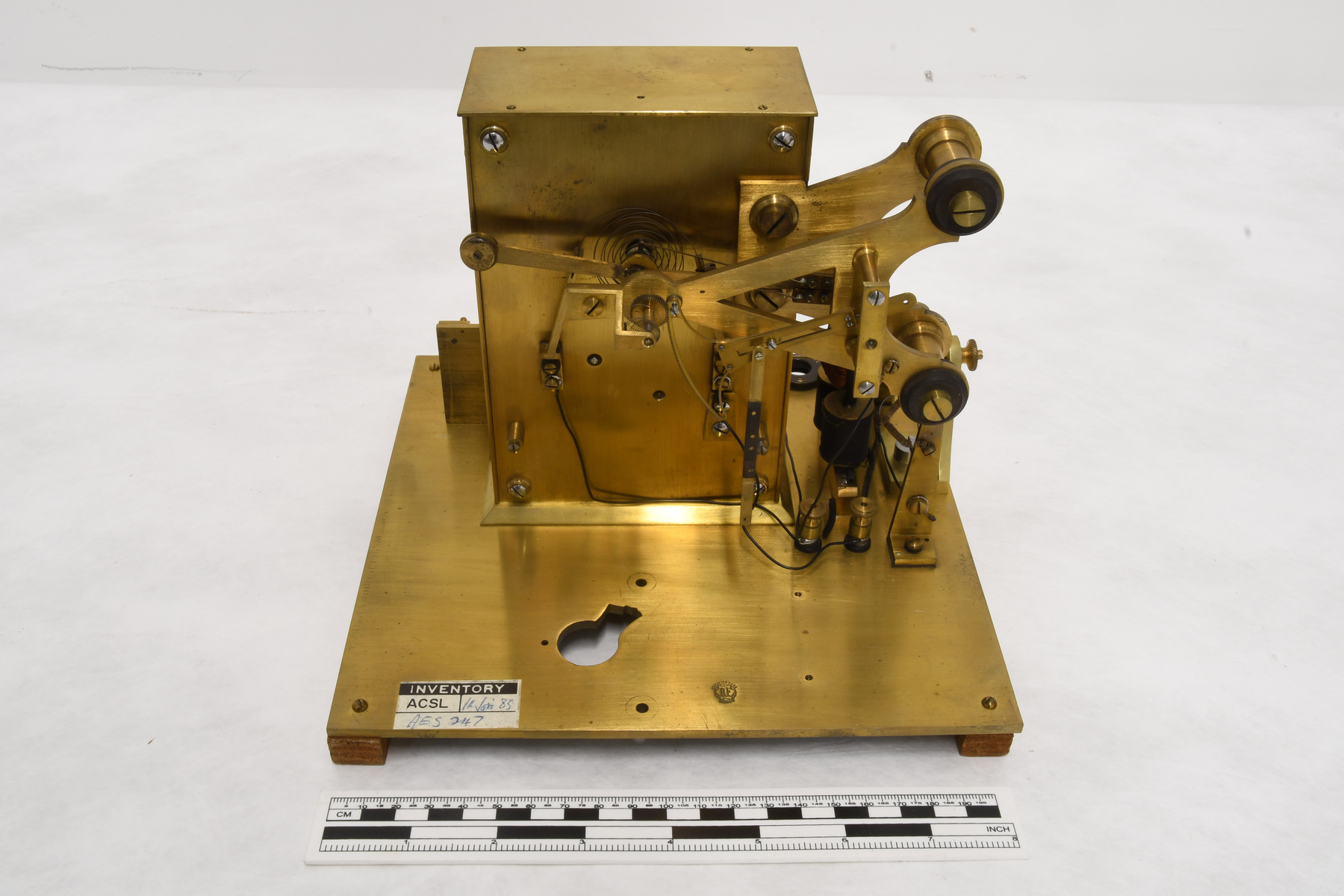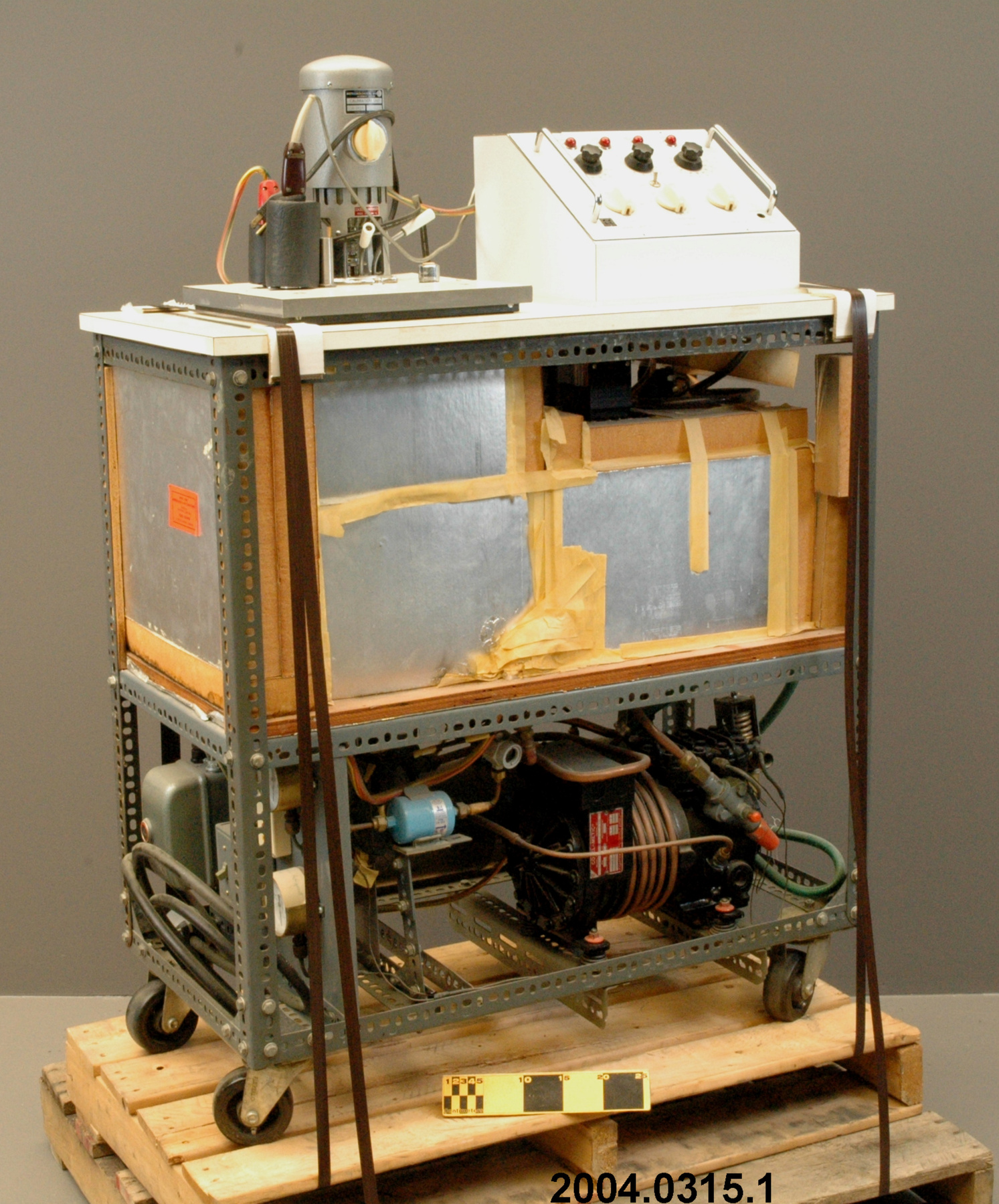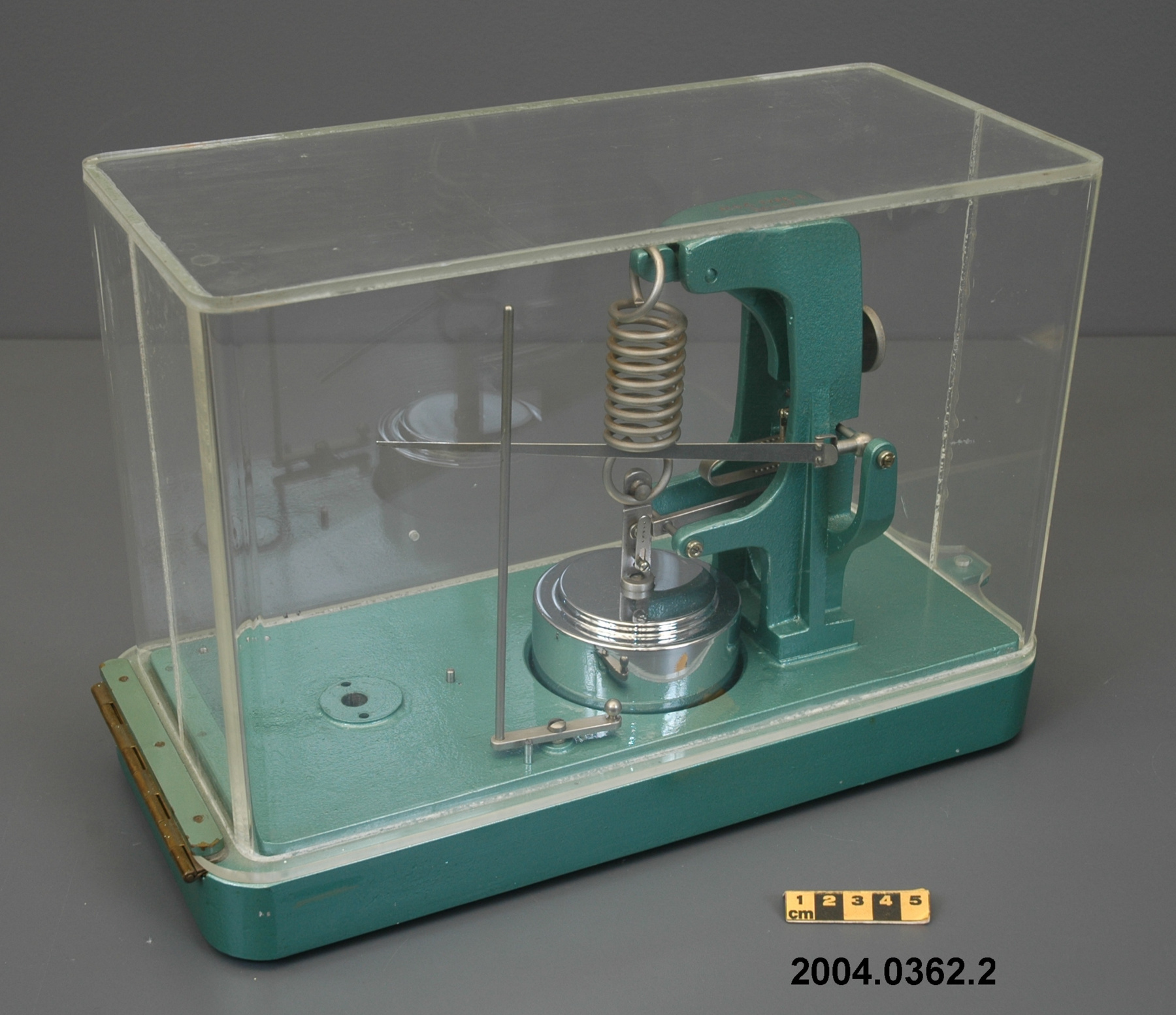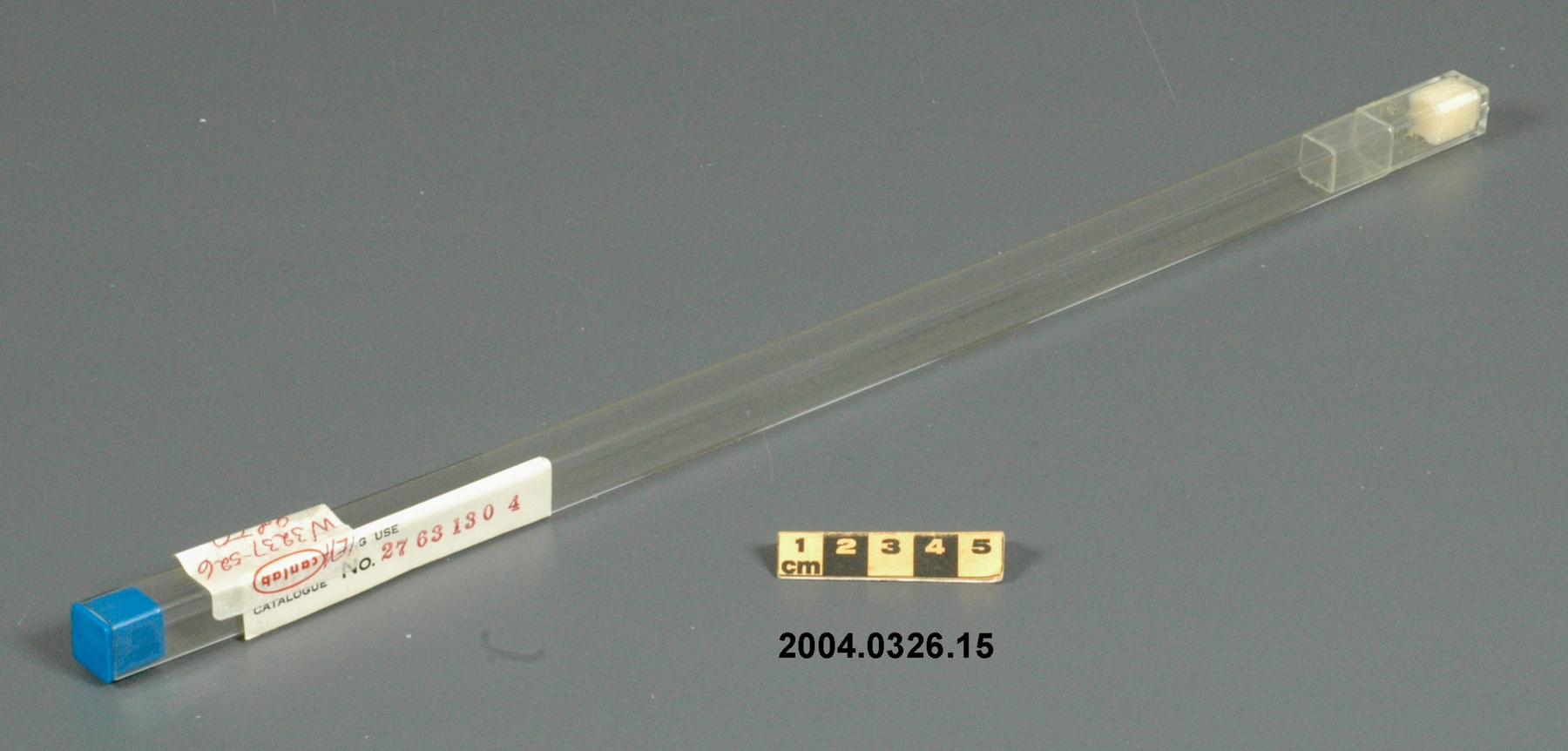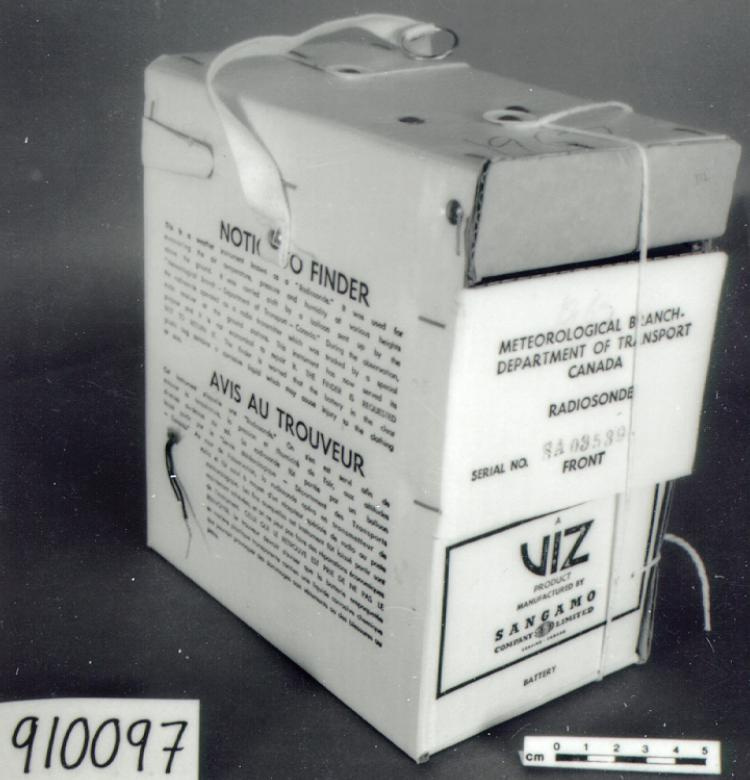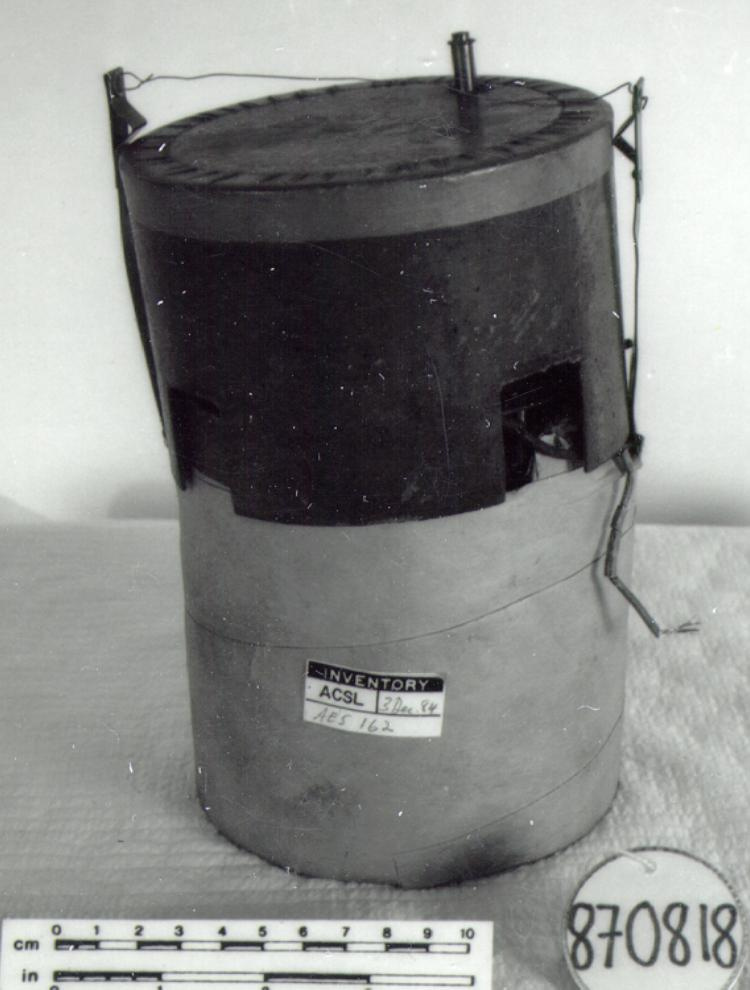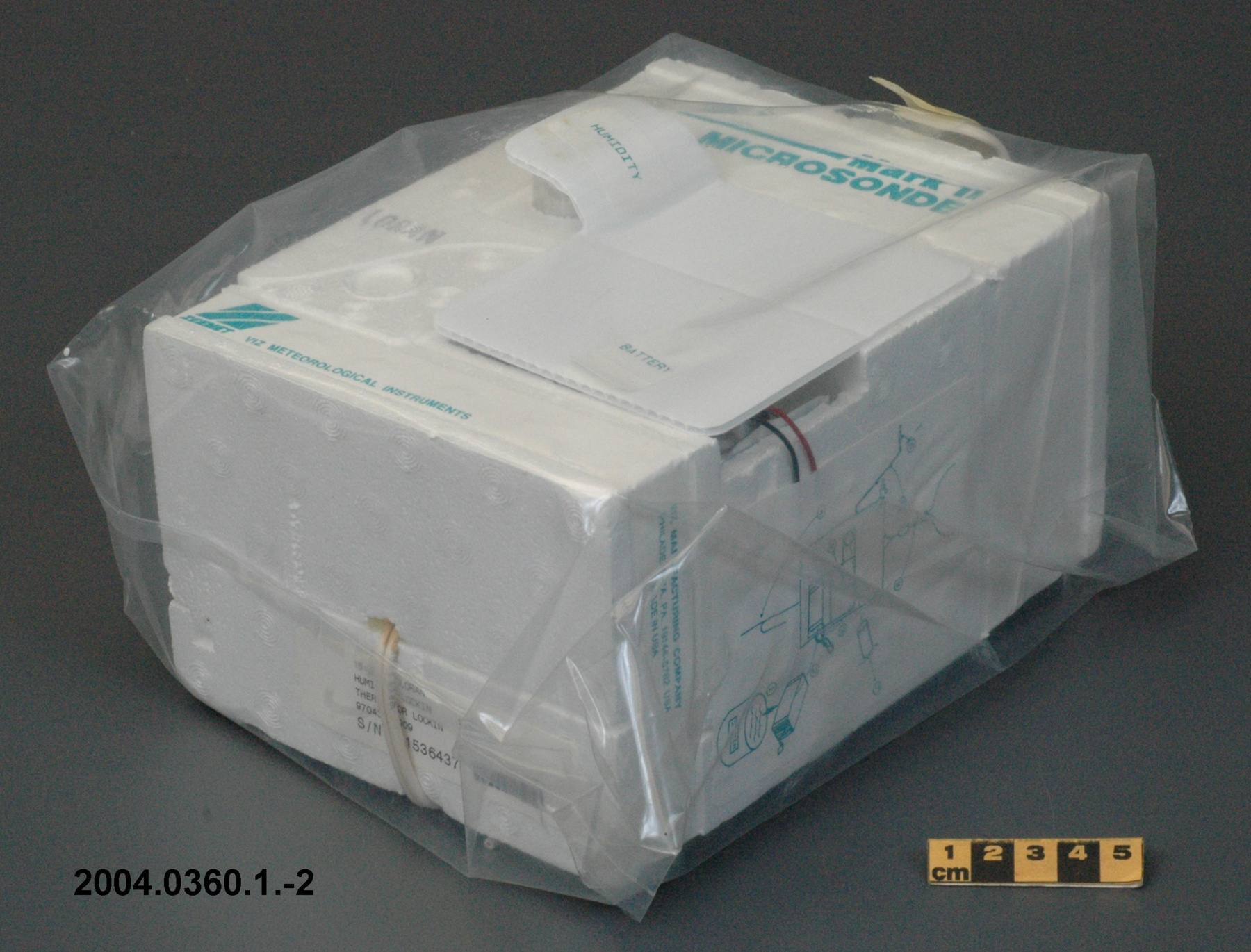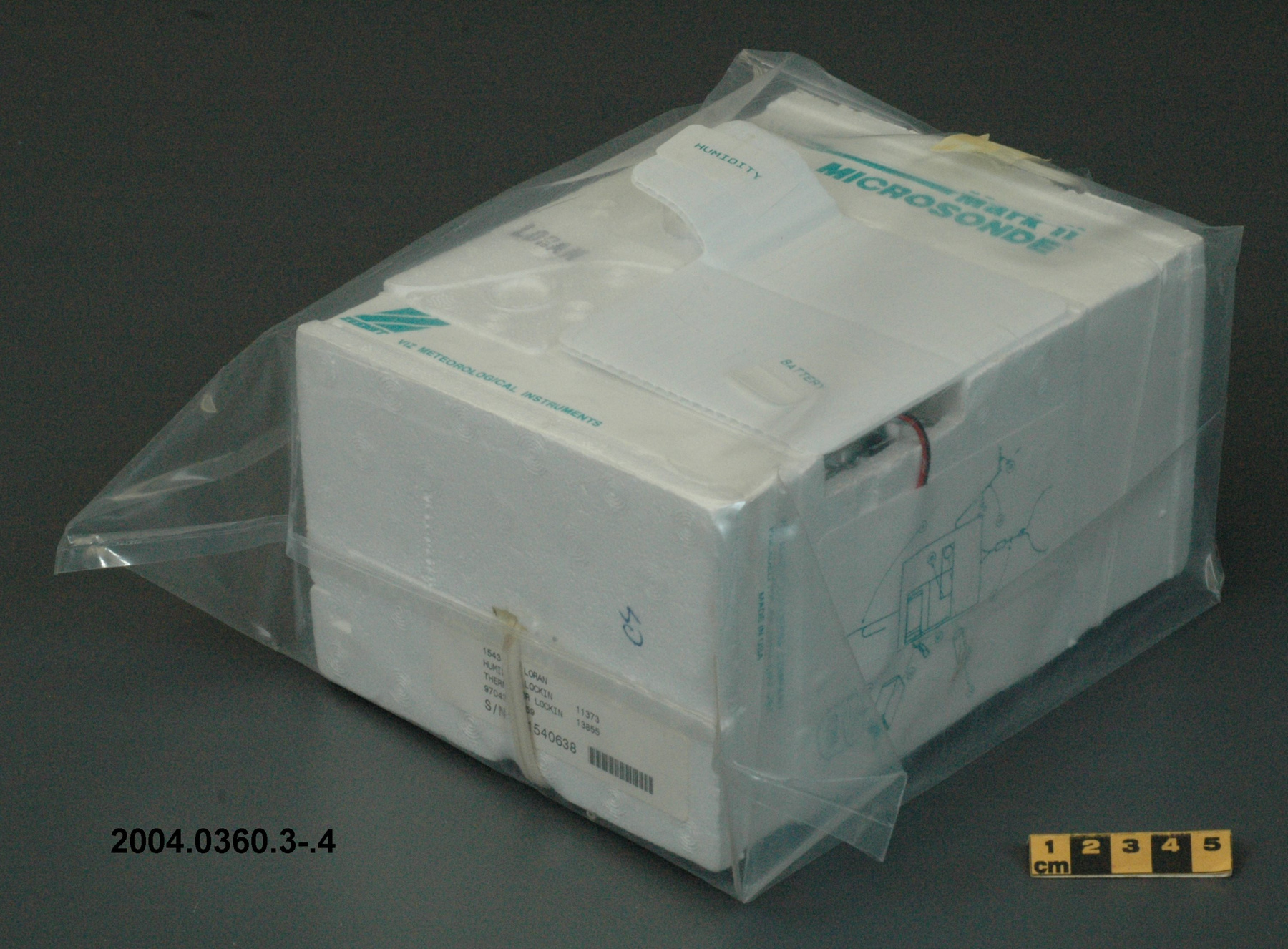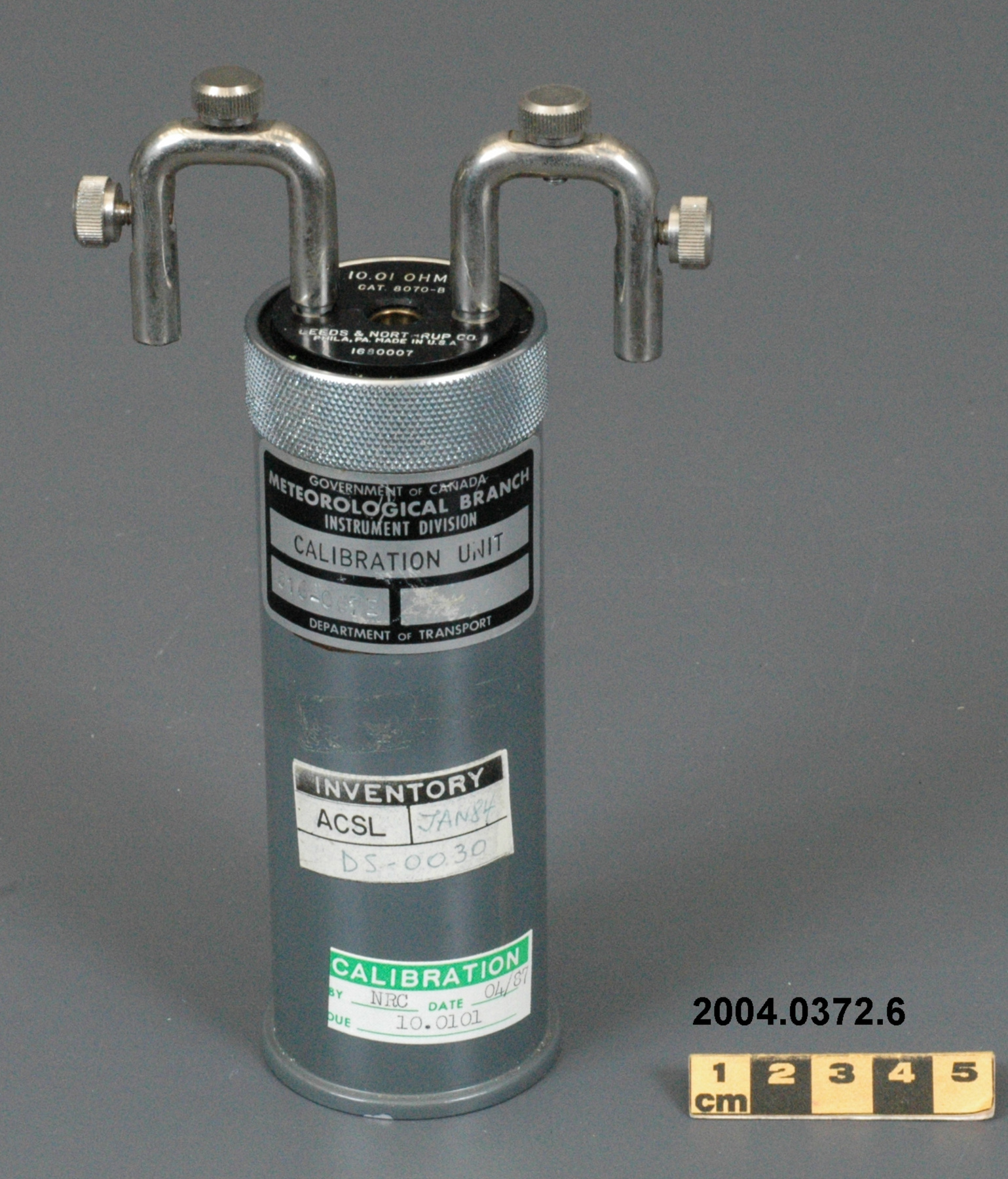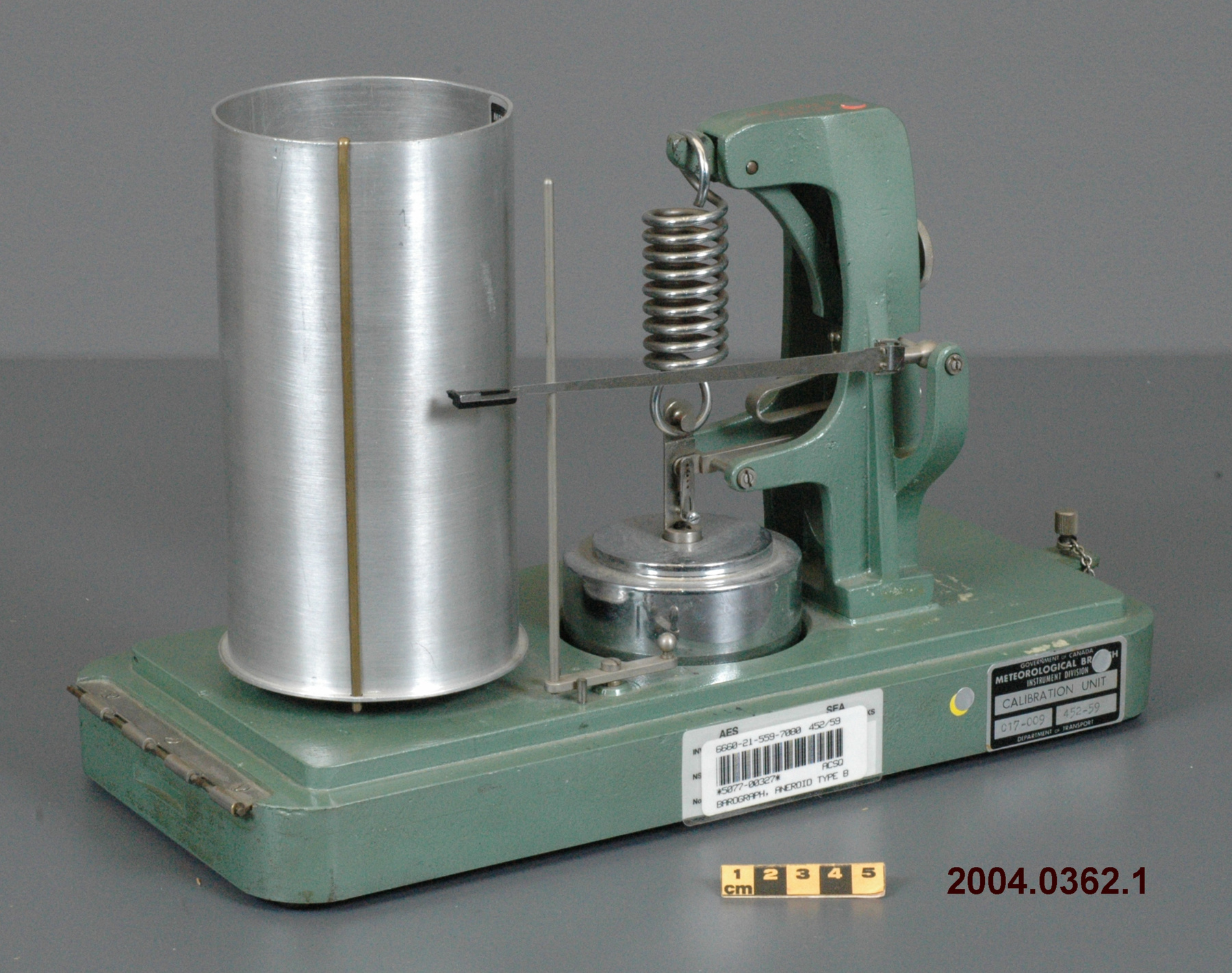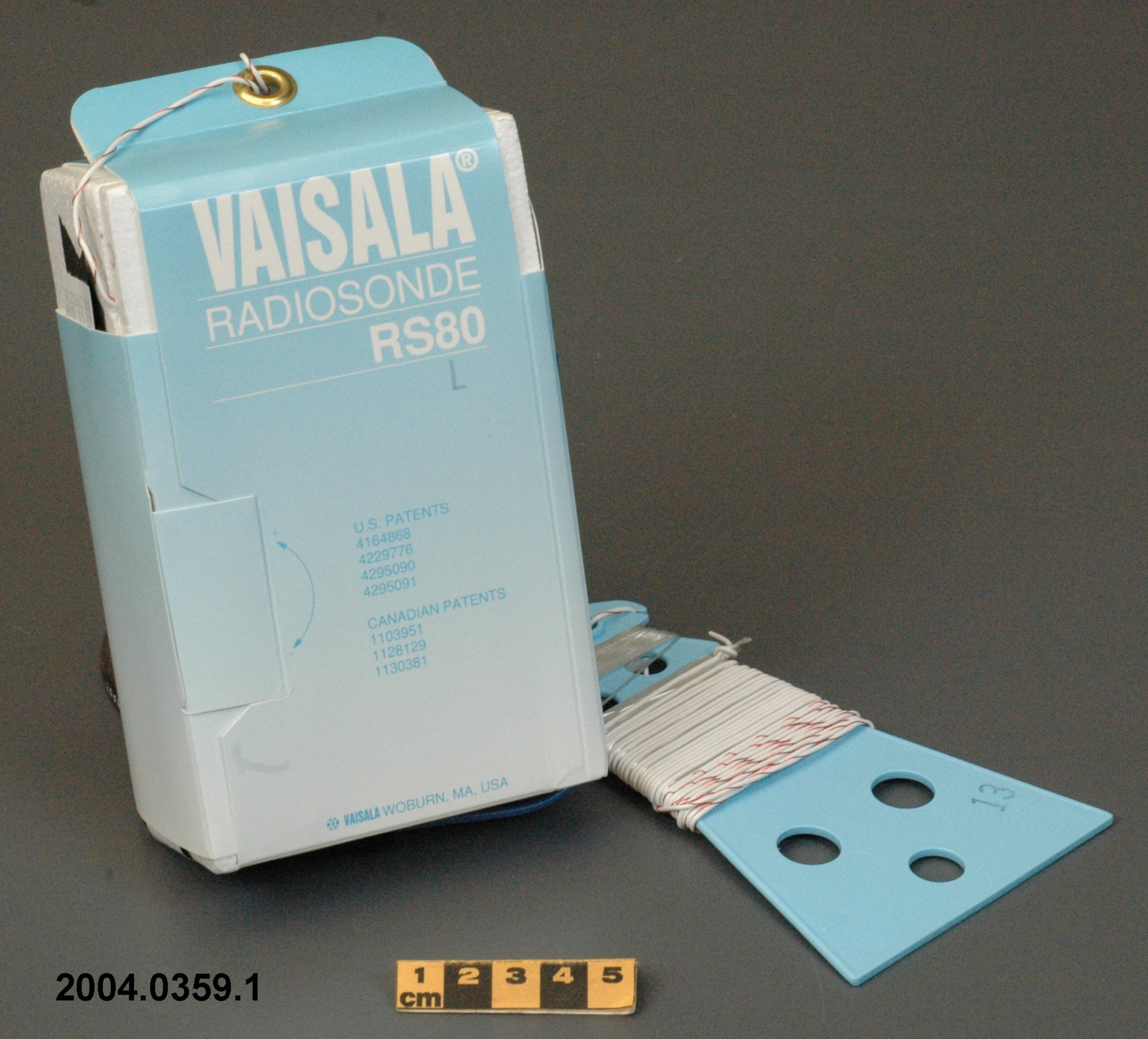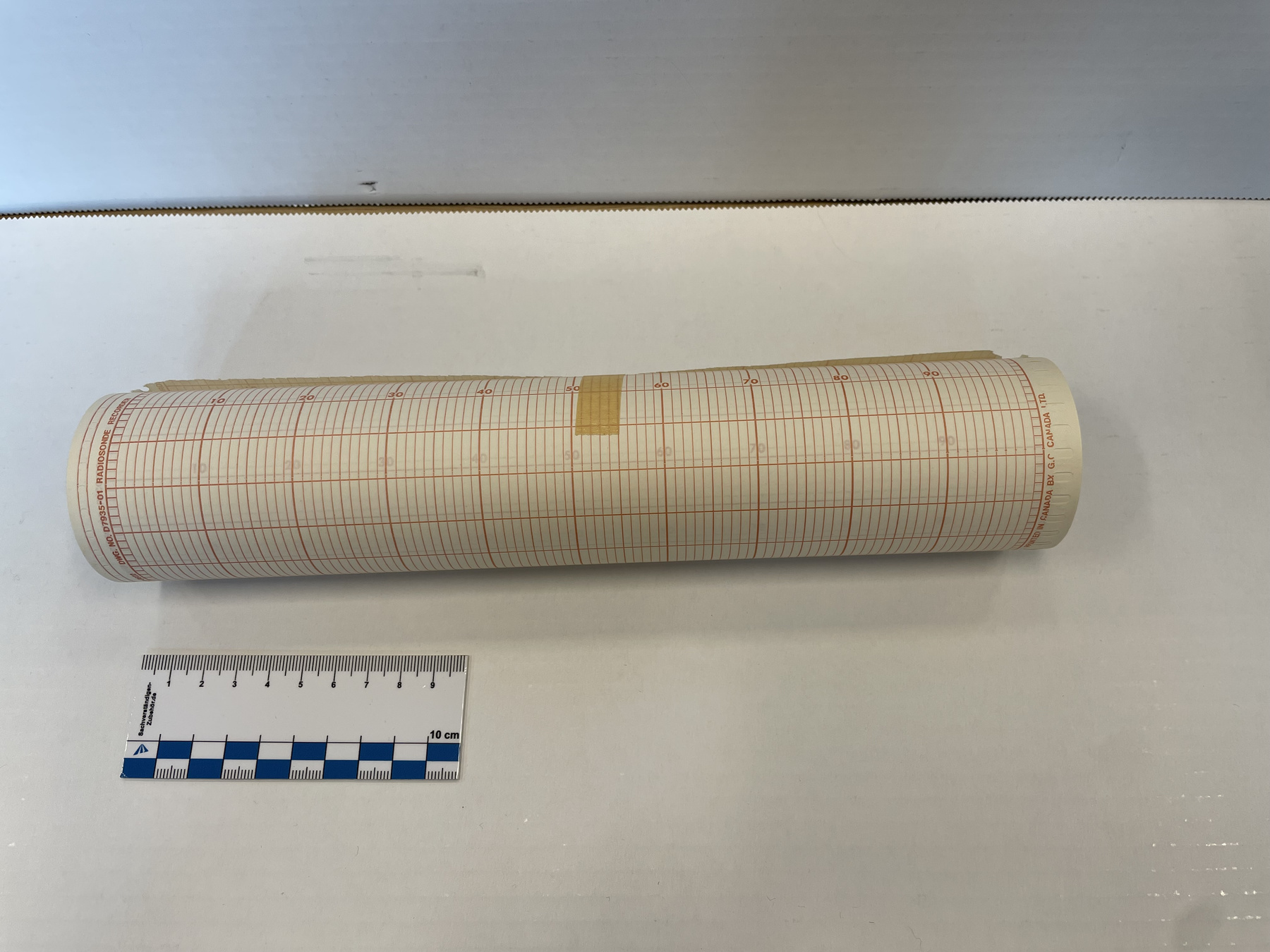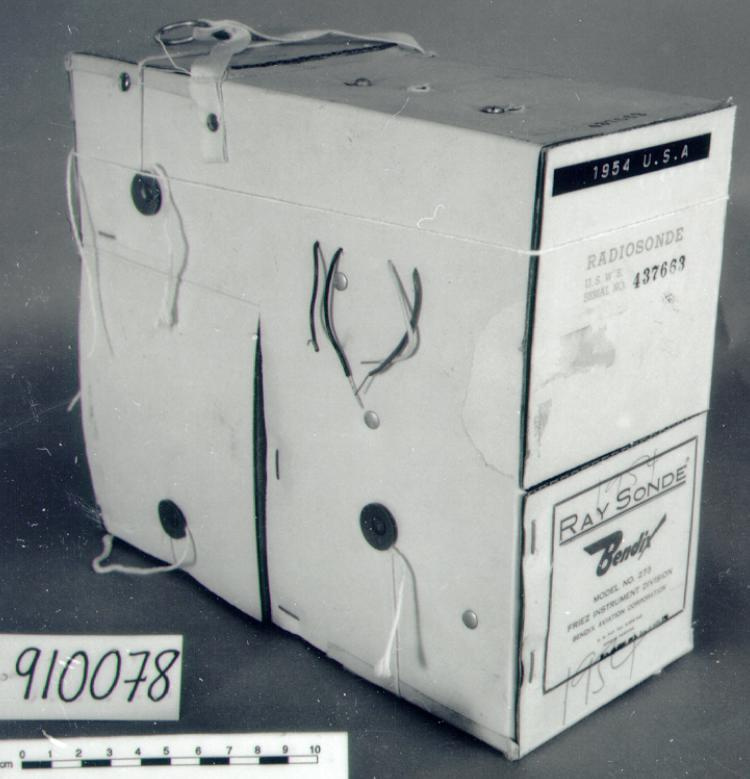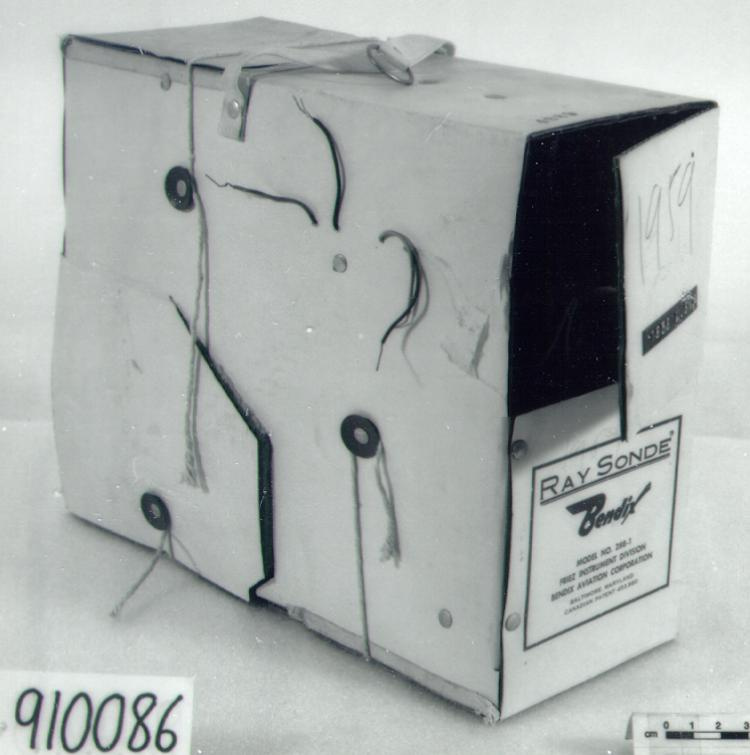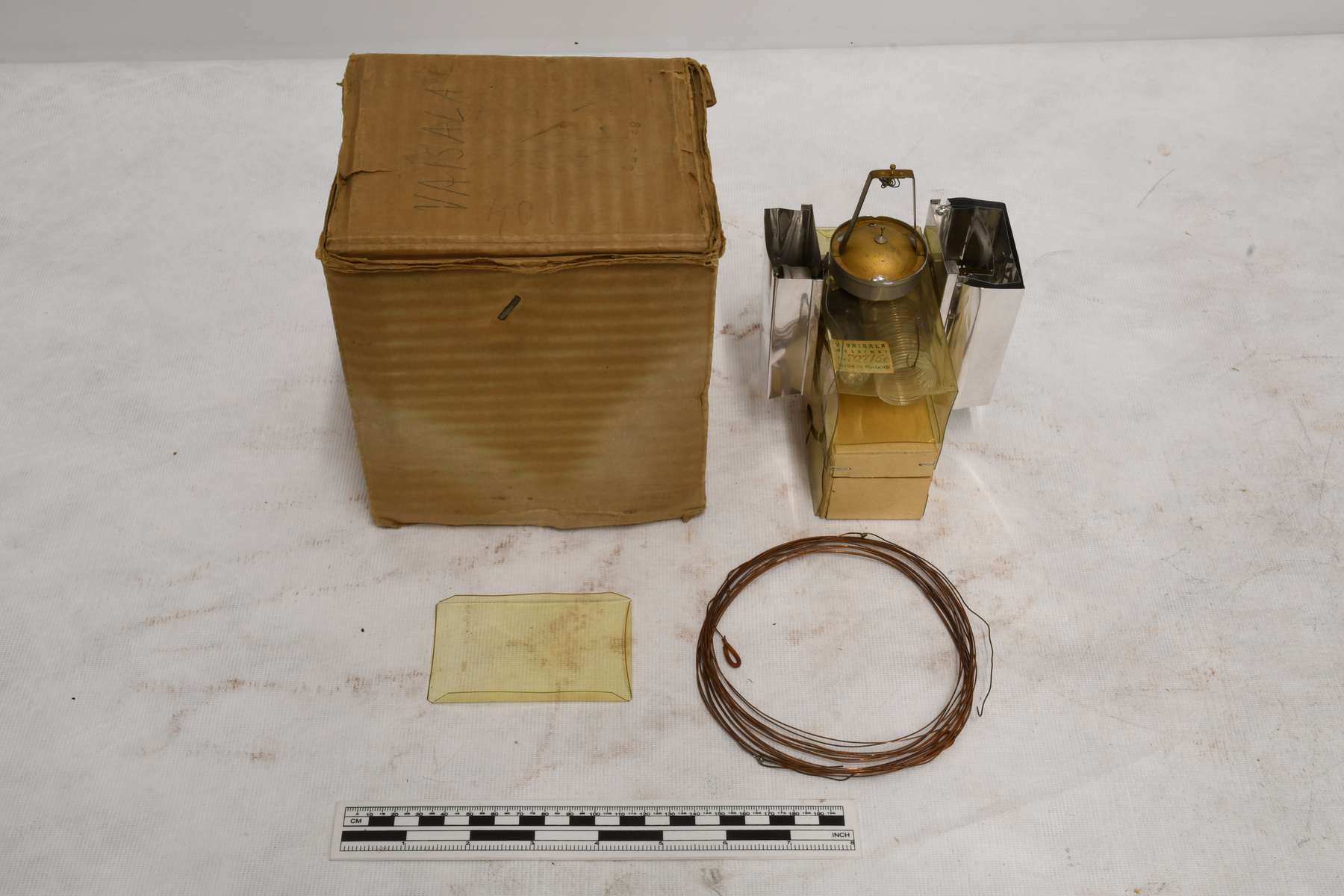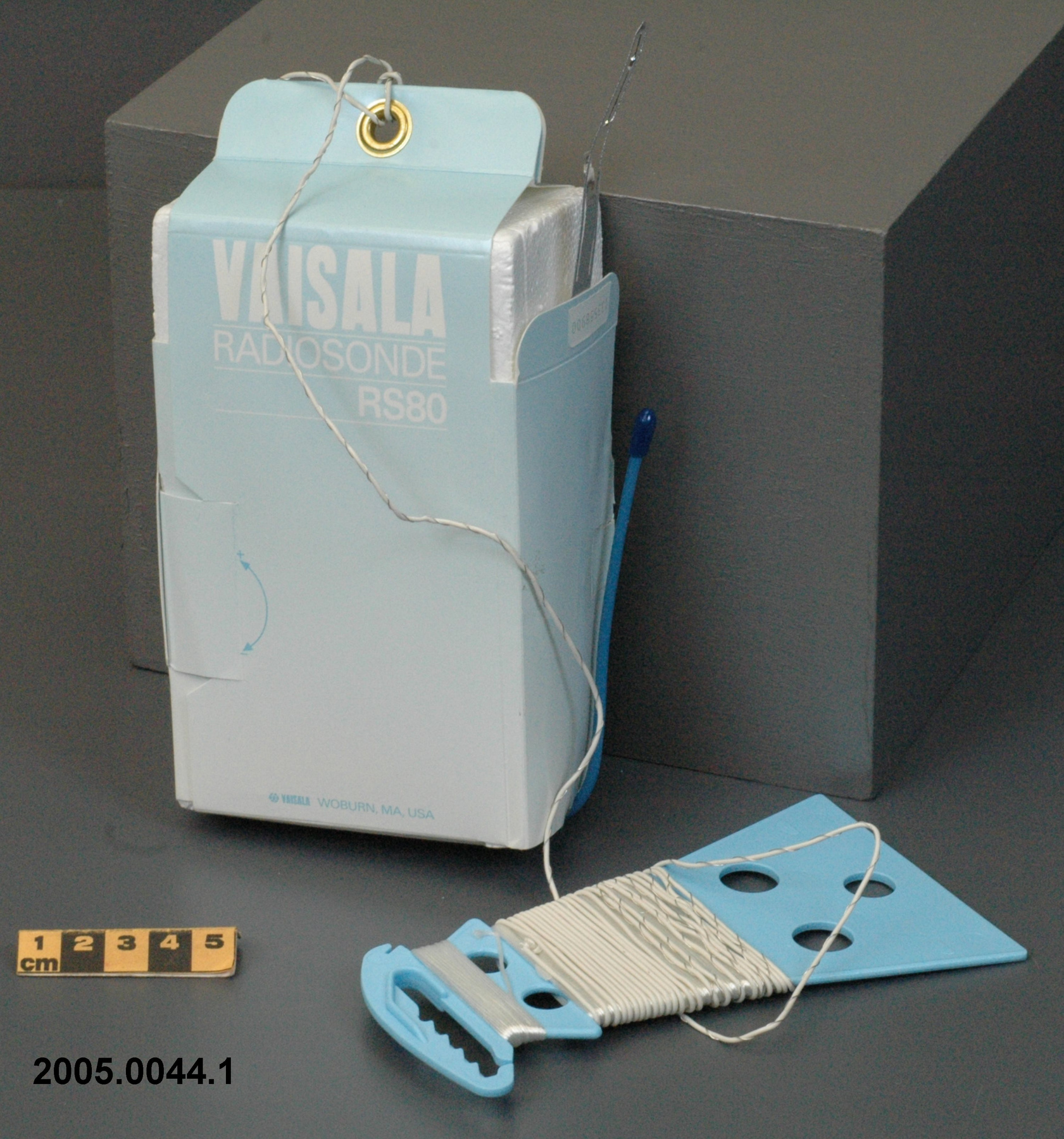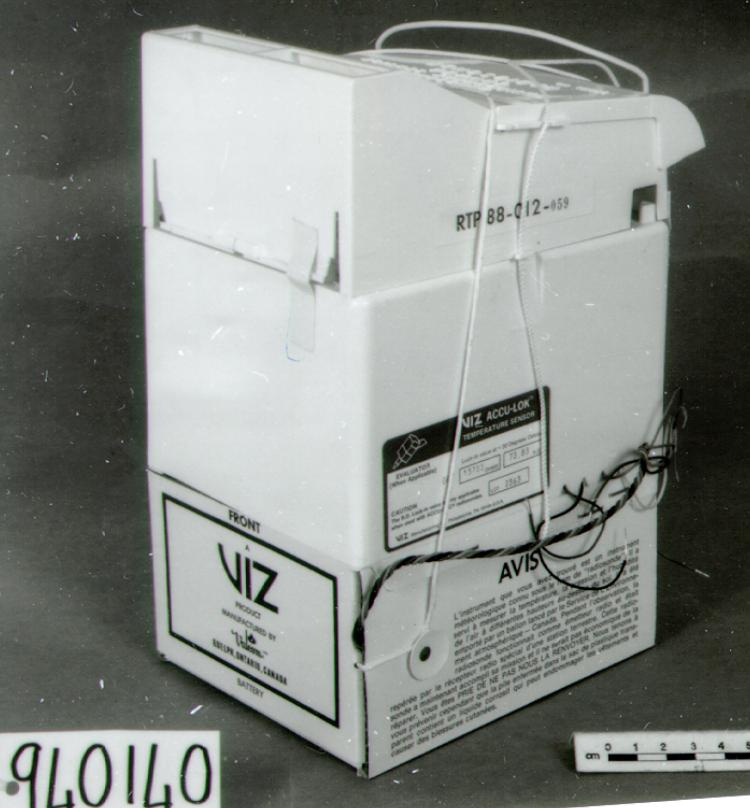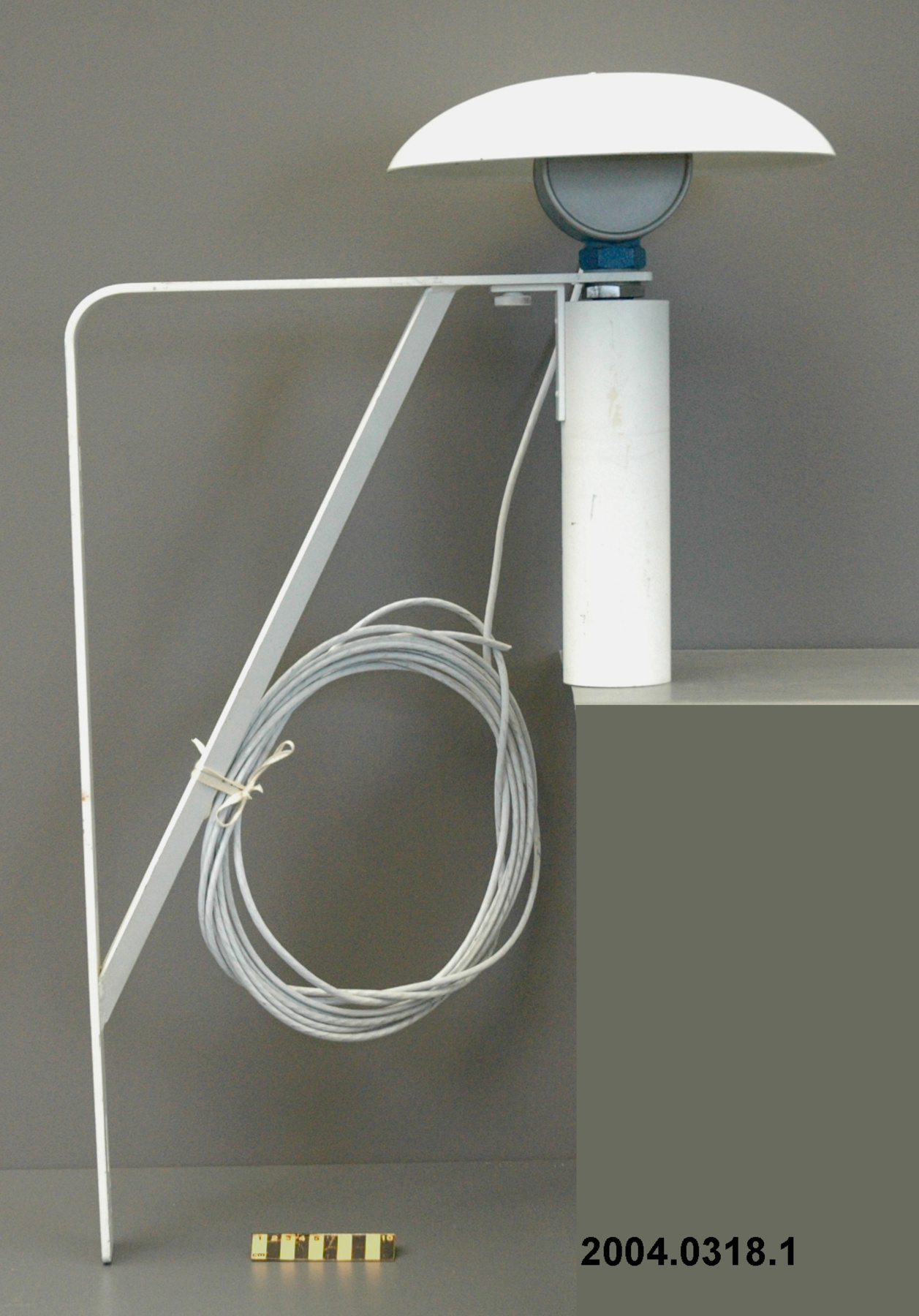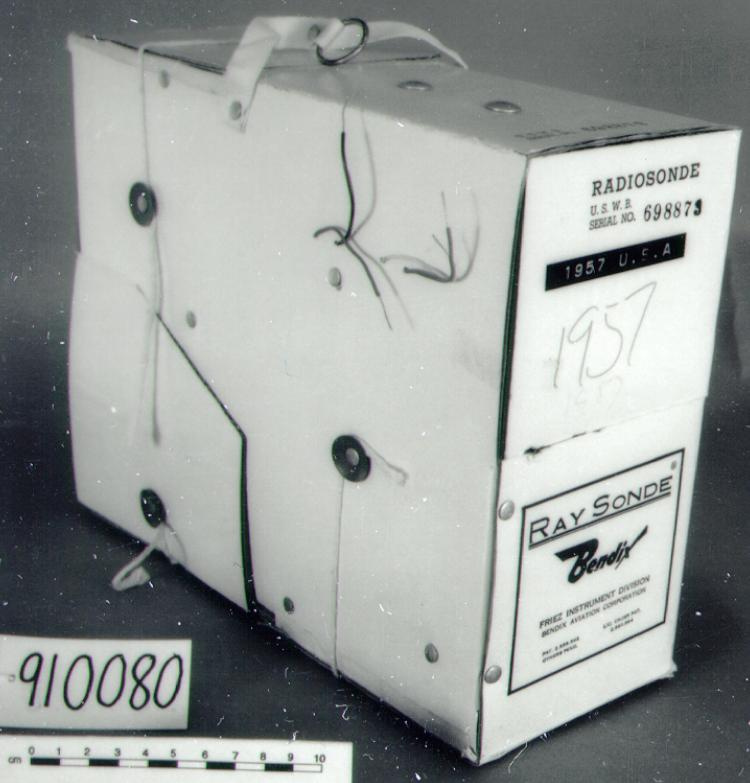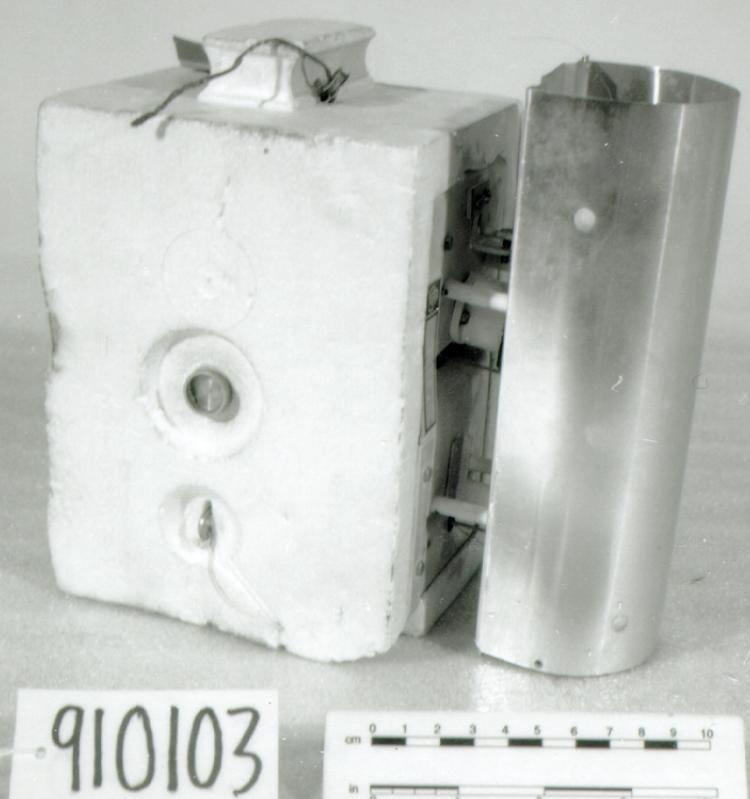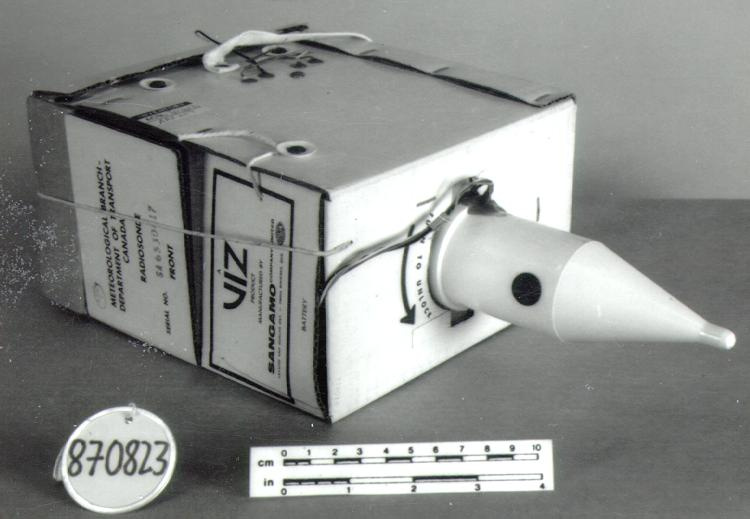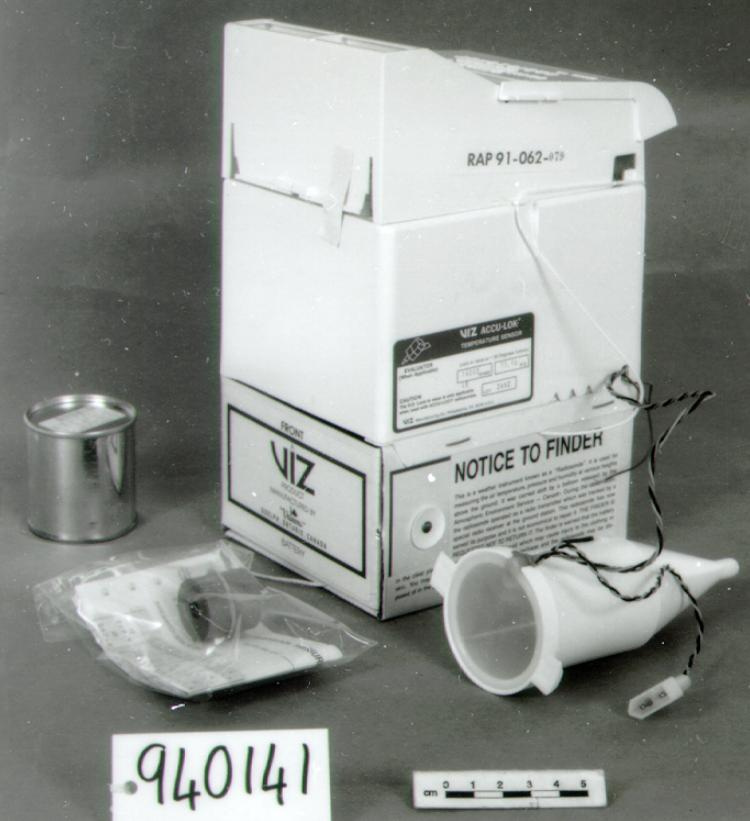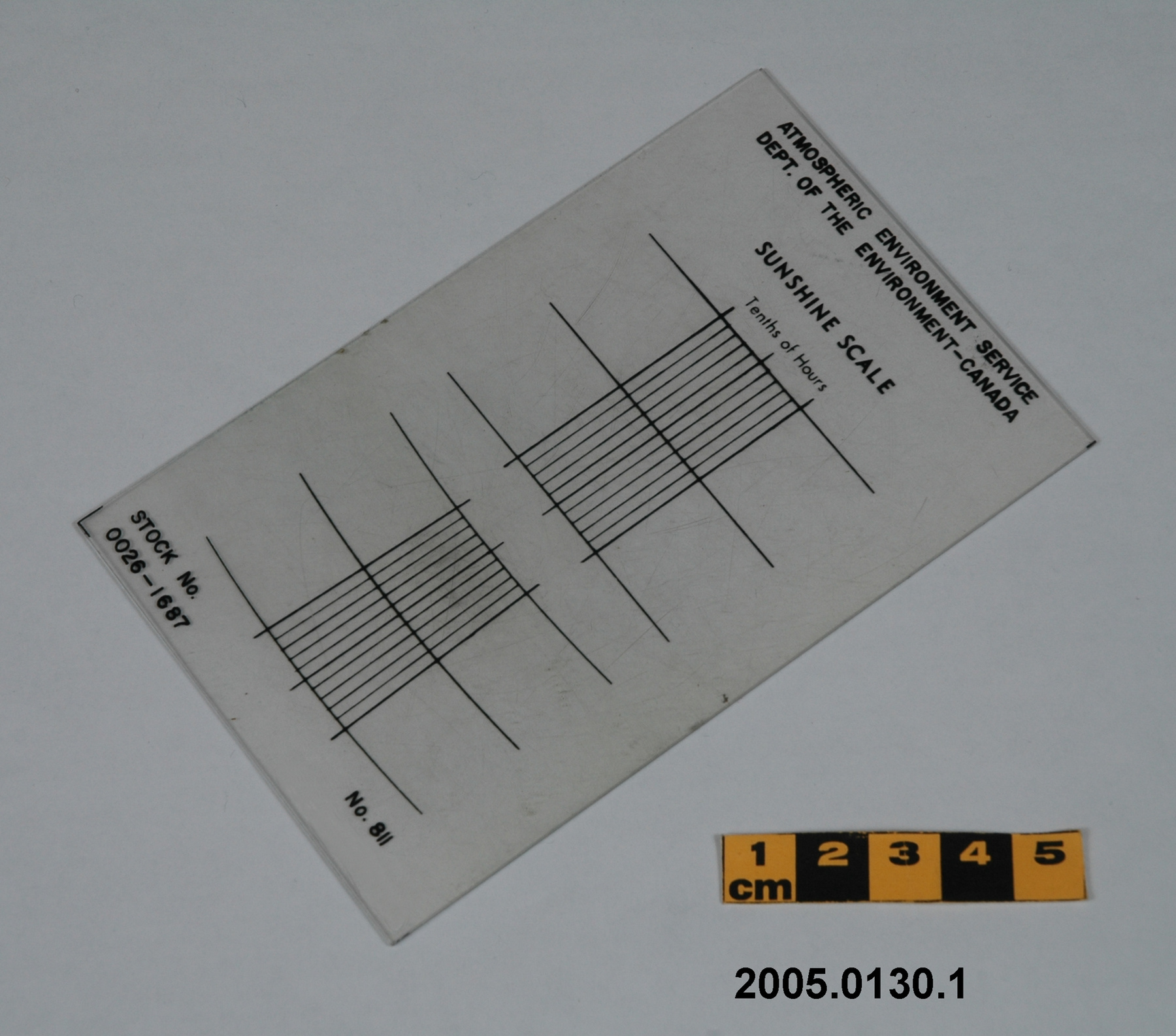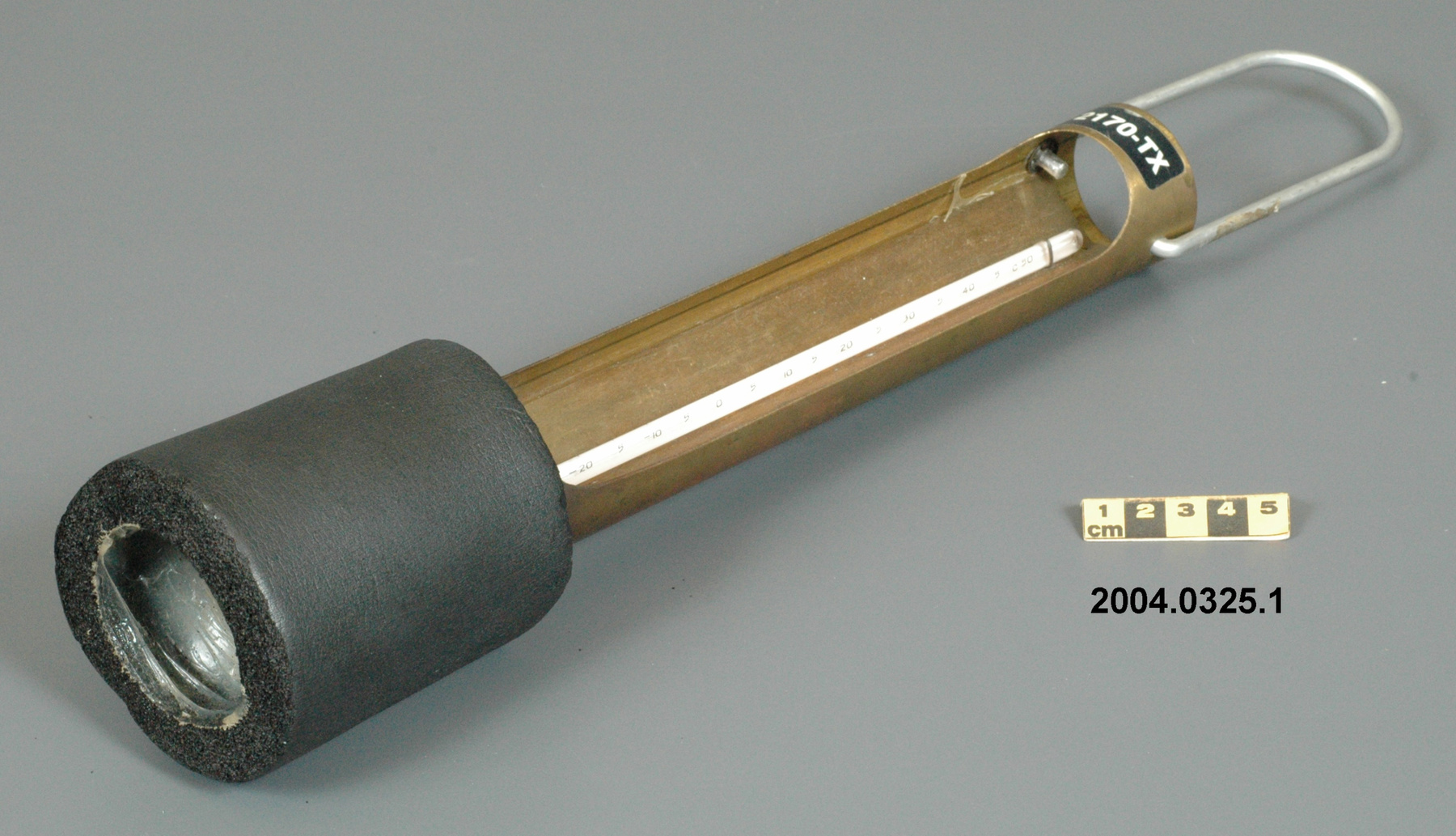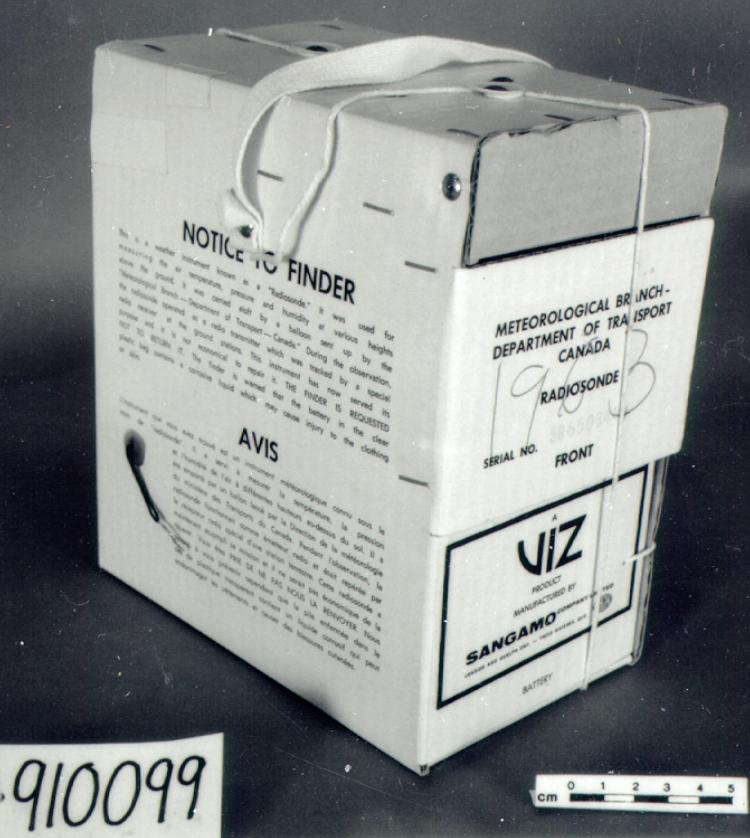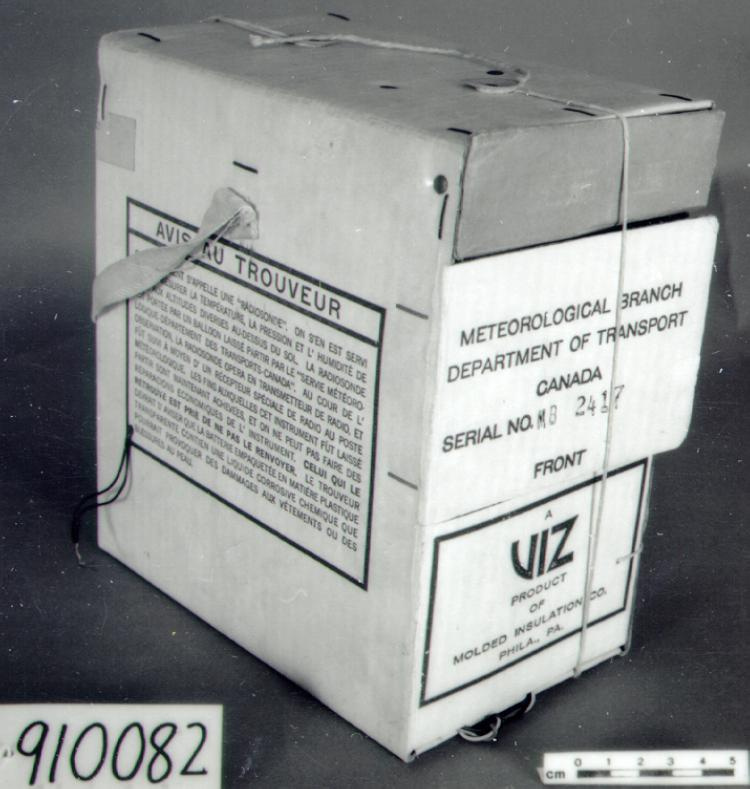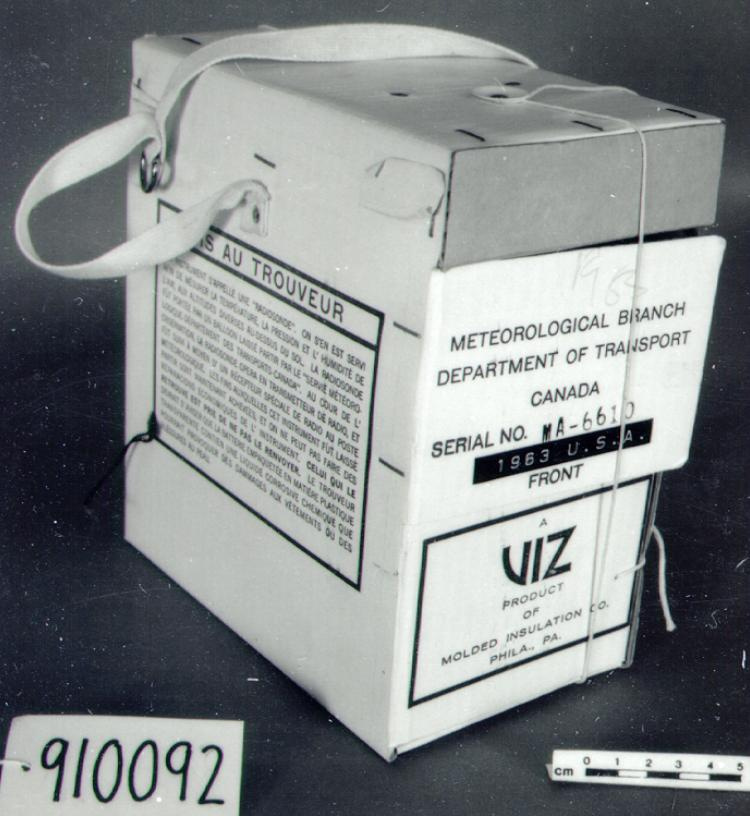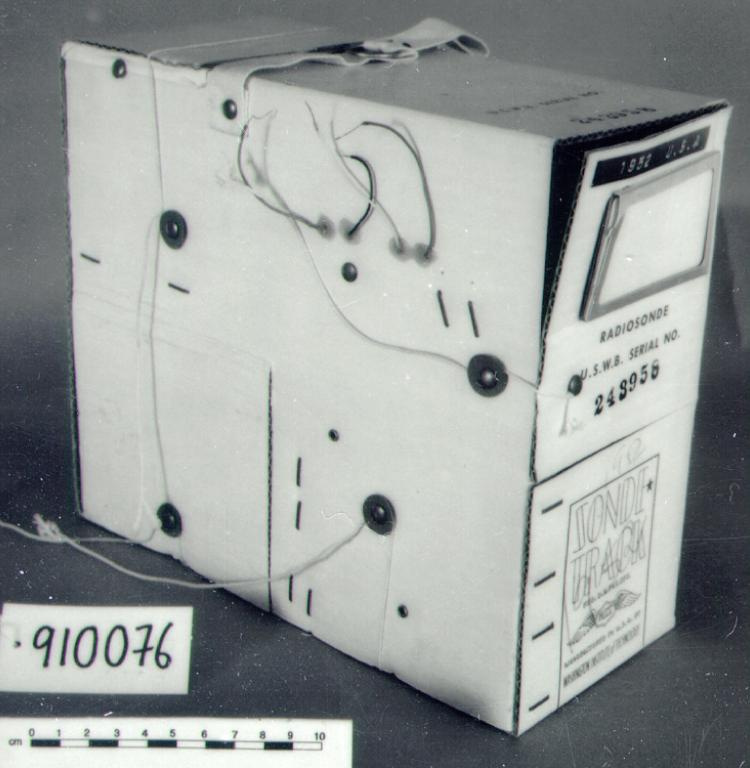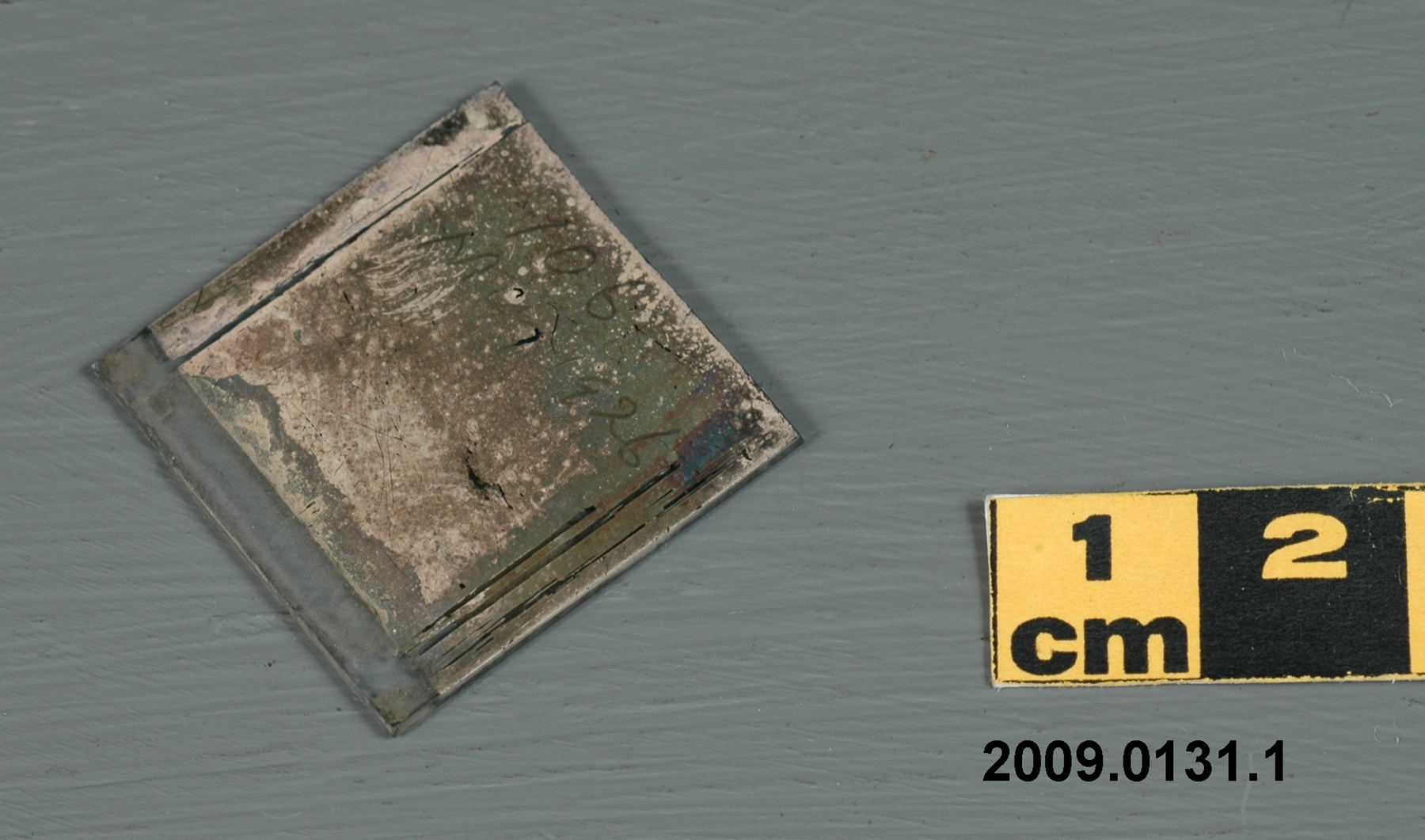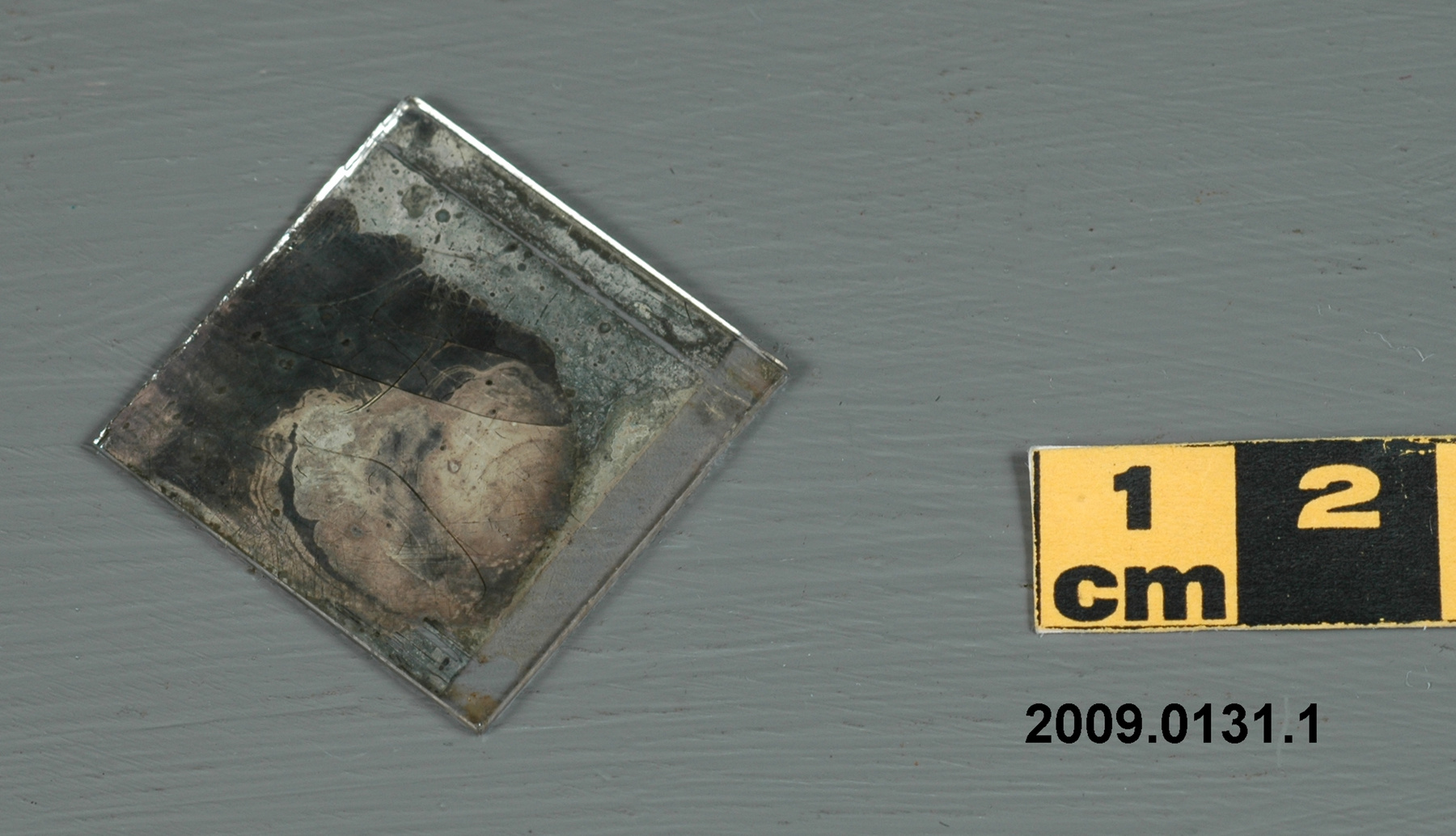Diapositive météorographe
Utiliser cette image
Puis-je réutiliser cette image sans autorisation? Oui
Les images sur le portail de la collection d’Ingenium ont la licence Creative Commons suivante :
Copyright Ingenium / CC BY-NC-ND (Attribution-NonCommercial 4.0 International (CC BY-NC 4.0)
ATTRIBUER CETTE IMAGE
Ingenium,
2009.0131.001
Permalien:
Ingenium diffuse cette image sous le cadre de licence Creative Commons et encourage son téléchargement et sa réutilisation à des fins non commerciales. Veuillez mentionner Ingenium et citer le numéro de l’artefact.
TÉLÉCHARGER L’IMAGEACHETER CETTE IMAGE
Cette image peut être utilisée gratuitement pour des fins non commerciales.
Pour un usage commercial, veuillez consulter nos frais de reproduction et communiquer avec nous pour acheter l’image.
- TYPE D’OBJET
- S/O
- DATE
- 1911–1935
- NUMÉRO DE L’ARTEFACT
- 2009.0131.001
- FABRICANT
- Meteorological Service of Canada
- MODÈLE
- Dines meteorograph
- EMPLACEMENT
- Canada
Plus d’information
Renseignements généraux
- Nº de série
- S/O
- Nº de partie
- 1
- Nombre total de parties
- 1
- Ou
- S/O
- Brevets
- S/O
- Description générale
- Glass with metallic coating
Dimensions
Remarque : Cette information reflète la taille générale pour l’entreposage et ne représente pas nécessairement les véritables dimensions de l’objet.
- Longueur
- 2,6 cm
- Largeur
- 2,5 cm
- Hauteur
- S/O
- Épaisseur
- S/O
- Poids
- S/O
- Diamètre
- S/O
- Volume
- S/O
Lexique
- Groupe
- Météorologie
- Catégorie
- Mesure de pression, température et humidité de la haute atmosphère
- Sous-catégorie
- S/O
Fabricant
- Ou
- Environment CA
- Pays
- Canada
- État/province
- Inconnu
- Ville
- Inconnu
Contexte
- Pays
- Canada
- État/province
- Inconnu
- Période
- possibly 1930s+
- Canada
-
An example of part of the technology used in Dines meteorographs, which were were used from 1911 to 1937 by the Meteorological Service of Canada (MSC) to obtain the first detailed temperature profiles of the troposphere in Canada. The first Canadian meteorograph launch occurred on February 3, 1911 by John Patterson of the MSC from close to 315 Bloor Street, Toronto. Throughout the three decades that they were used, Dine meteorographs used were sent up from Woodstock, Ont., Kingston, Ont., Goderich, Ont., Calgary, Al., and Fort Rae, NWT. A piece of meteorological equipment from a large collection of meteorological instruments used by the Meteorological Service of Canada (previously Atmospheric Environment Service) and acquired by the CSTM since 1967. MSC is the government agency responsible for collecting and disseminating meteorological data and forecasts in Canada. It was founded in 1871 in Toronto where it is still headquartered. The MSC was originally on the University of Toronto downtown campus but moved to Downsview in 1971 on land owned by UofT. The headquarters houses laboratories, research facilities and calibration and instrument maintenance facilities (now largely contracted out). - Fonction
-
The medium upon which readings (temperature versus pressure of the troposphere) taken by a Dines meteorograph were recorded. A meteorograph is an instrument which is lifted into the upper atmosphere by balloon to measure and record meteorological measurements such as temperature, humidity, air pressure or wind velocity. - Technique
-
Dines meteorographs were released on hydrogen-filled balloons. Unlike contemporary radiosondes, data was not transmitted back through radio to the MSC. Rather, data could only be collected from the meteorographs were found and returned. To encourage their return, the MSC affixed plates offering a reward and return instructions to the device. Dines meteorograph "recorded temperature versus pressure on a 1" slivered copper or glass slide. An aneroid moved the slide horizontally to record pressure while a scribe attached to the temperature sensor marked the slide vertically. The temperature sensor consisted of a nickel silver strip [that] moved the scribe to an invar rod, which has a low coefficient of expansion. The result was a curve of pressure versus temperature as the balloon ascended. Later unit incorporated a hair humidity element attached to a separate scribe. Before each flight the meteorograph was calibrated in a gasoline-filled chamber. This calibration produced a series of four isothermal lines with ticks at fixed pressure values directly on the slide. The instrument was mounted on a wire frame surrounded by a thin aluminum cylinder 16cm b 7 cm in diameter that acted as a radiation shield. The entire assembly weighed only 60 grams, a reduction from Dines 1906 prototype that had weighed 90 grams. By comparison, the Vaisala RS92 radiosonde with battery and transmitter presently used in Canada weighs 250 grams." The First Tropospheric Temperature Profile in Canada. K.A. Devine, Aurora, ON and G.S. Strong, Ardrossan, AB. Winds could also be determined from the meteorographs through visual observation, when the balloons were visible. Dines meteorographs were developed by W. H. Dines in the U.K. with the encouragement of Napier Shaw, the Director of the British Meteorological Office. The Dines was an improvement on earlier meteorographs because it did not include a clock. Clocks were not accurate at low temperatures and increased the weight of the device. - Notes sur la région
-
Inconnu
Détails
- Marques
- largely illegible writing on one side appears to read '106/ Mc?1926'
- Manque
- Complete
- Fini
- colourless transparent glass with metallic coating
- Décoration
- S/O
FAIRE RÉFÉRENCE À CET OBJET
Si vous souhaitez publier de l’information sur cet objet de collection, veuillez indiquer ce qui suit :
Meteorological Service of Canada, Diapositive météorographe, entre 1911–1935, Numéro de l'artefact 2009.0131, Ingenium - Musées des sciences et de l'innovation du Canada, http://collections.ingeniumcanada.org/fr/id/2009.0131.001/
RÉTROACTION
Envoyer une question ou un commentaire sur cet artefact.
Plus comme ceci
